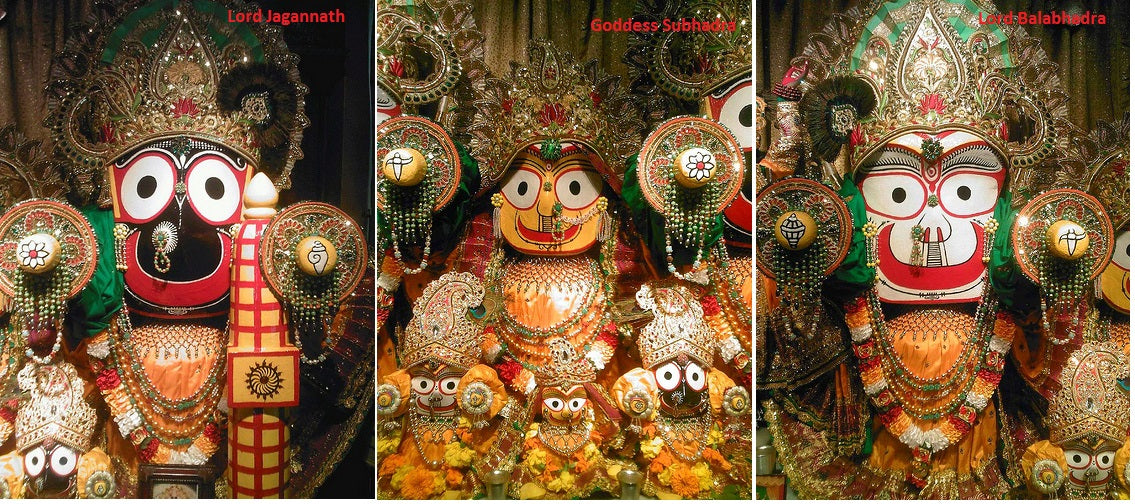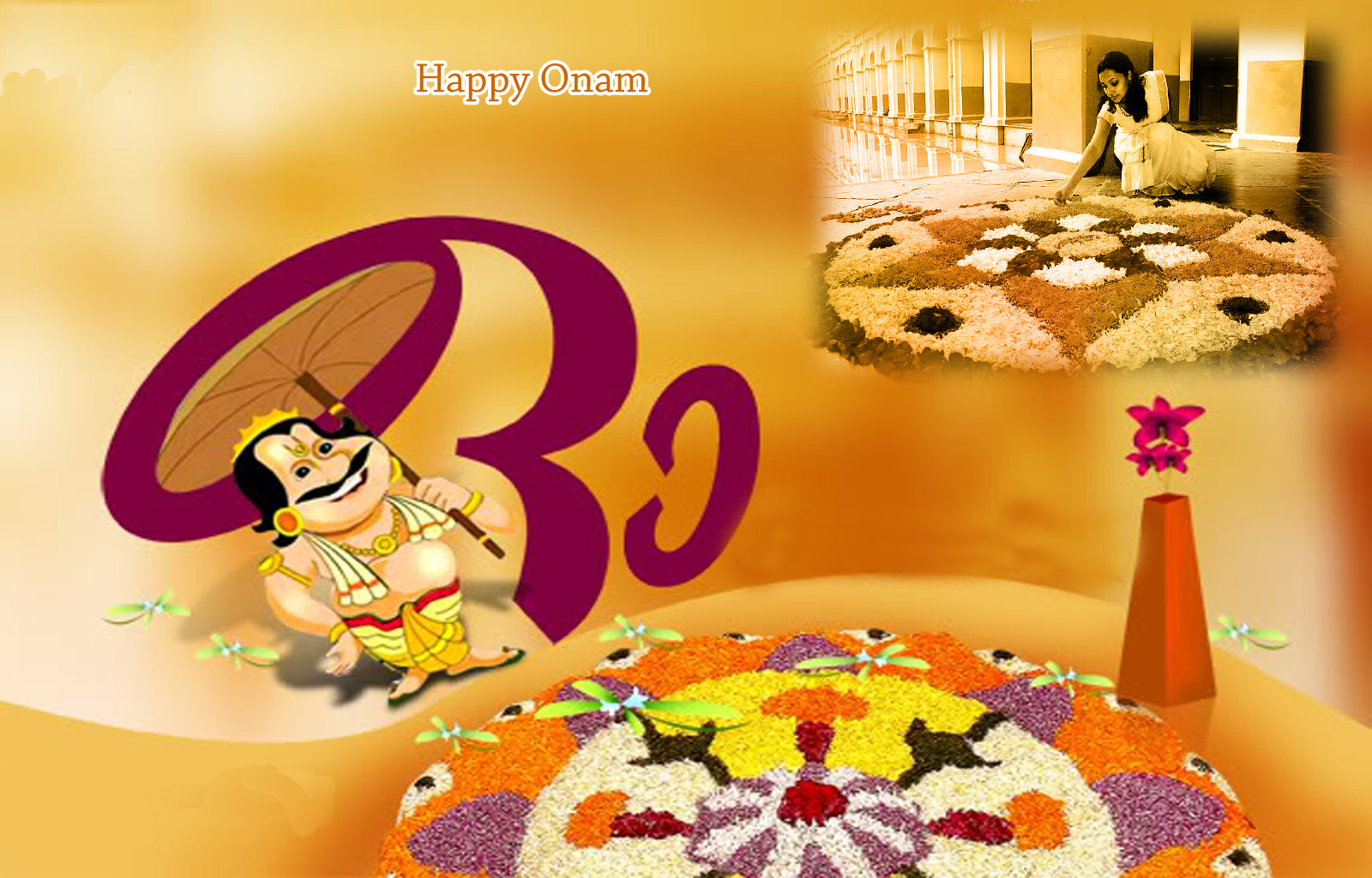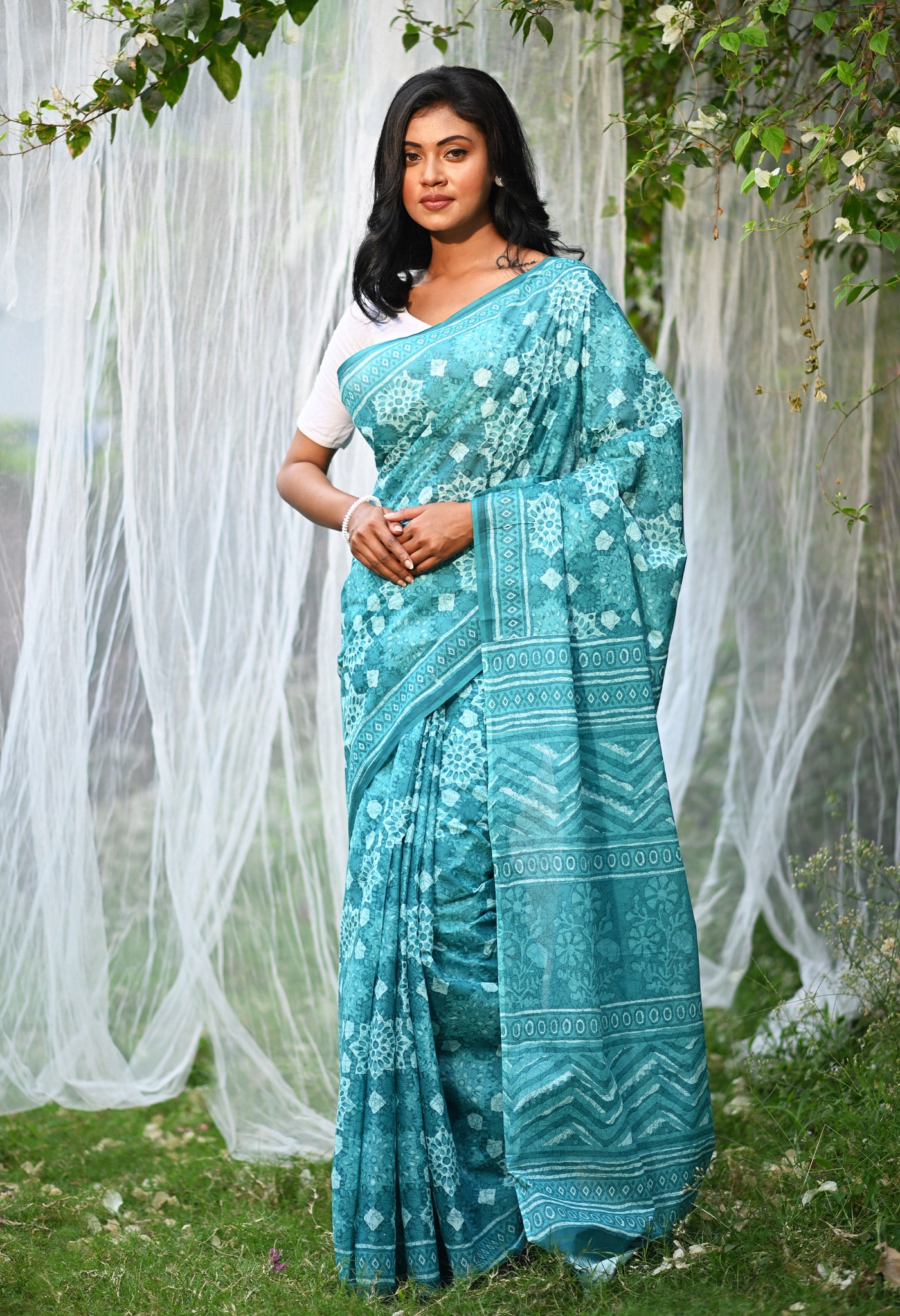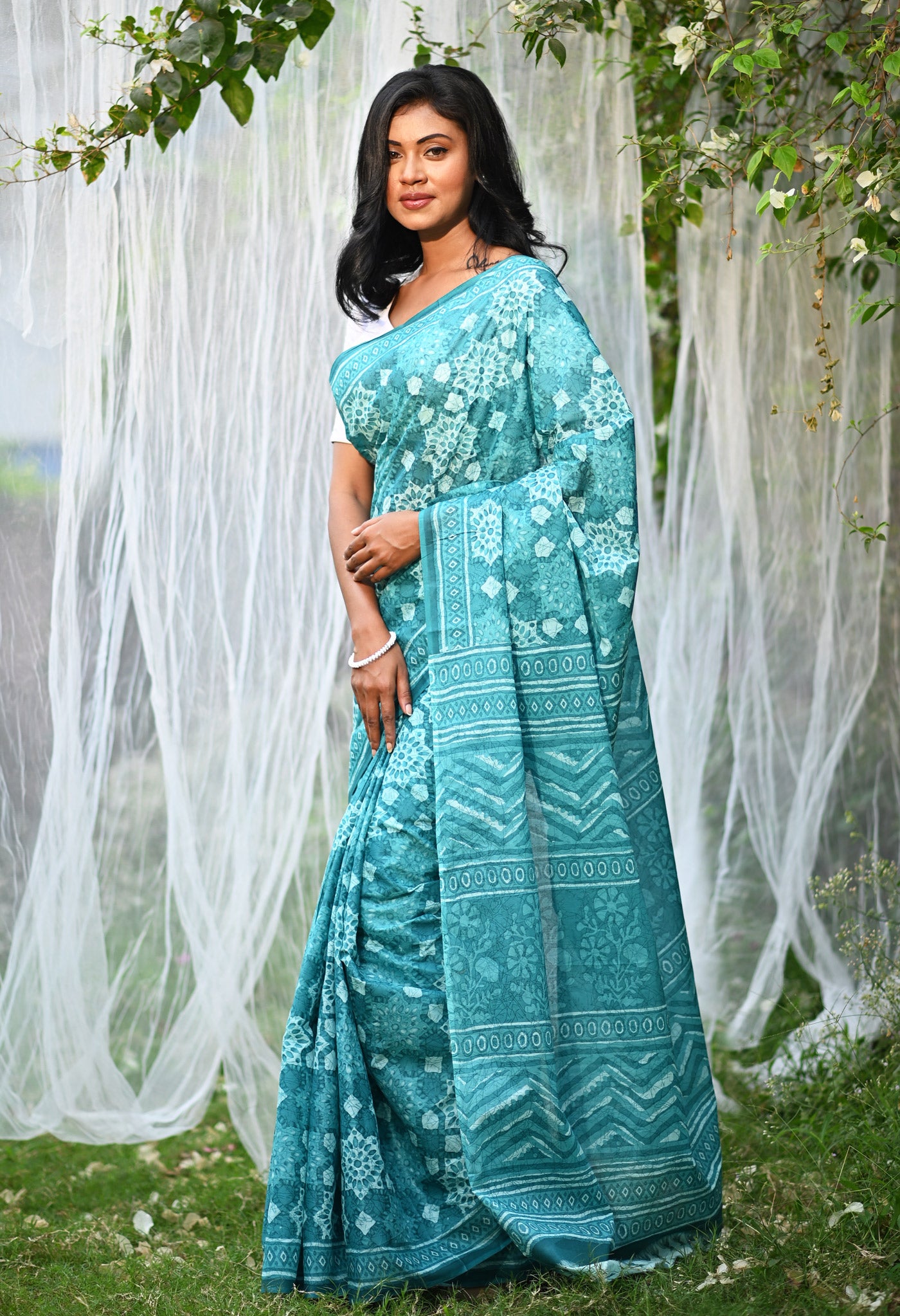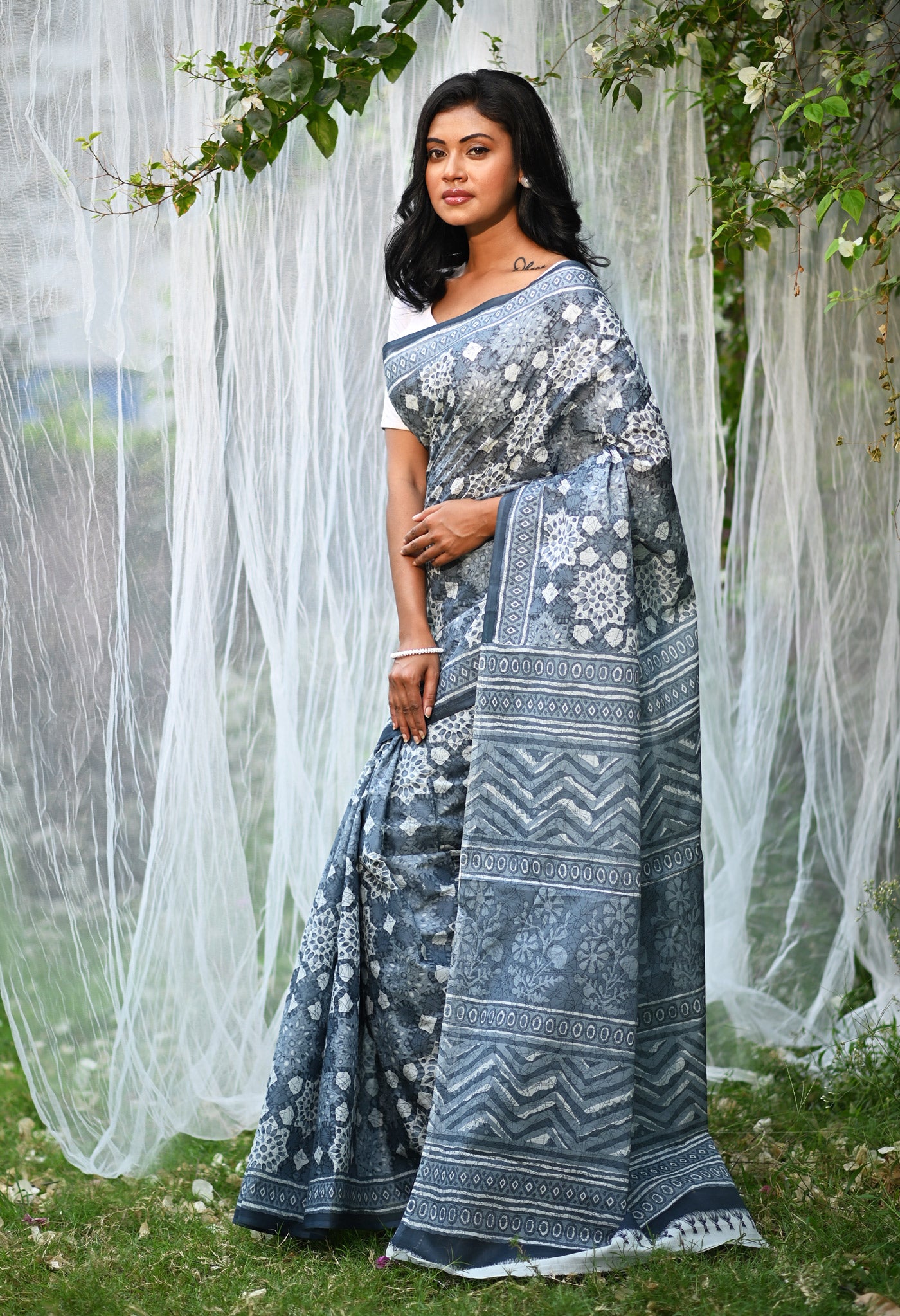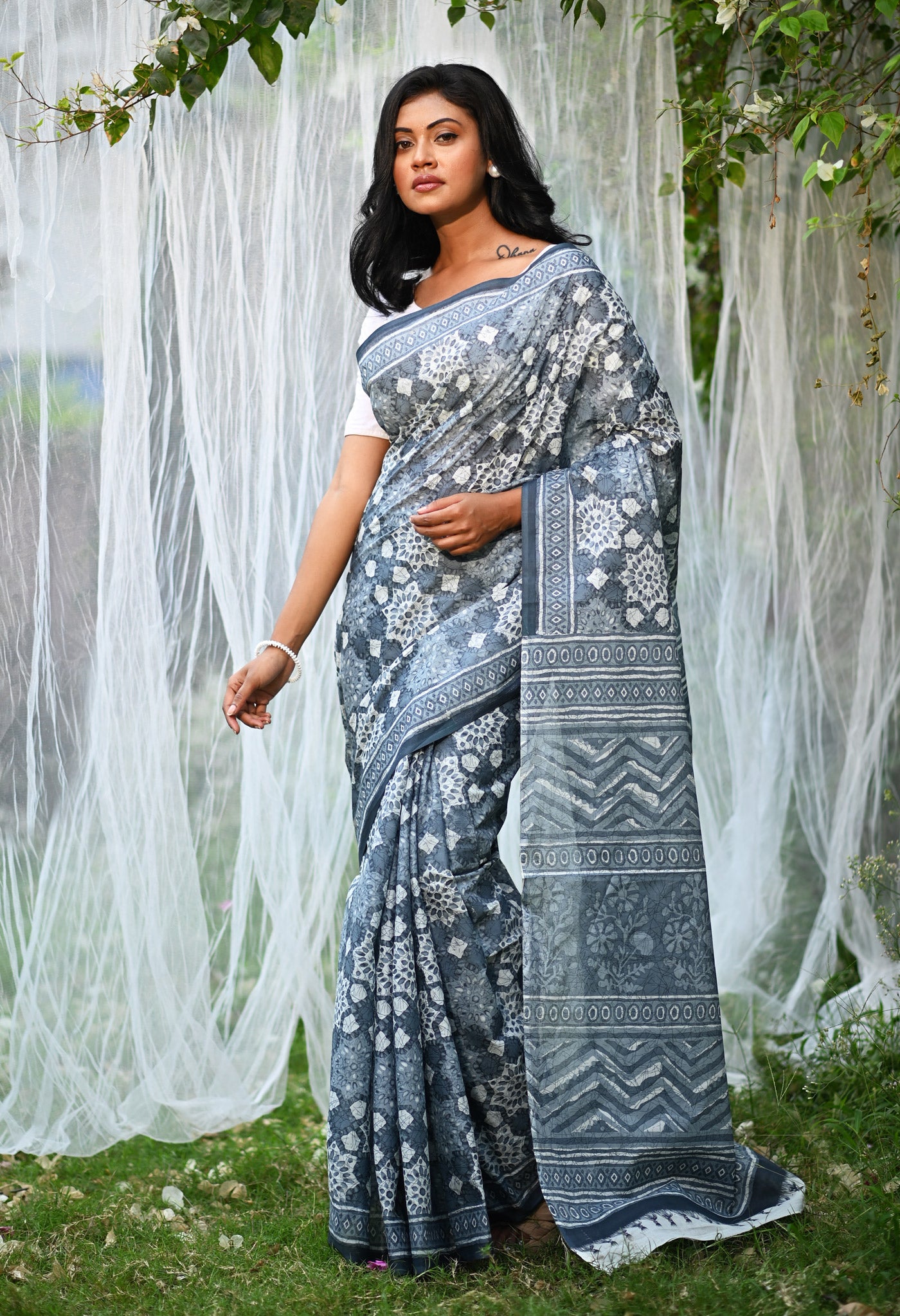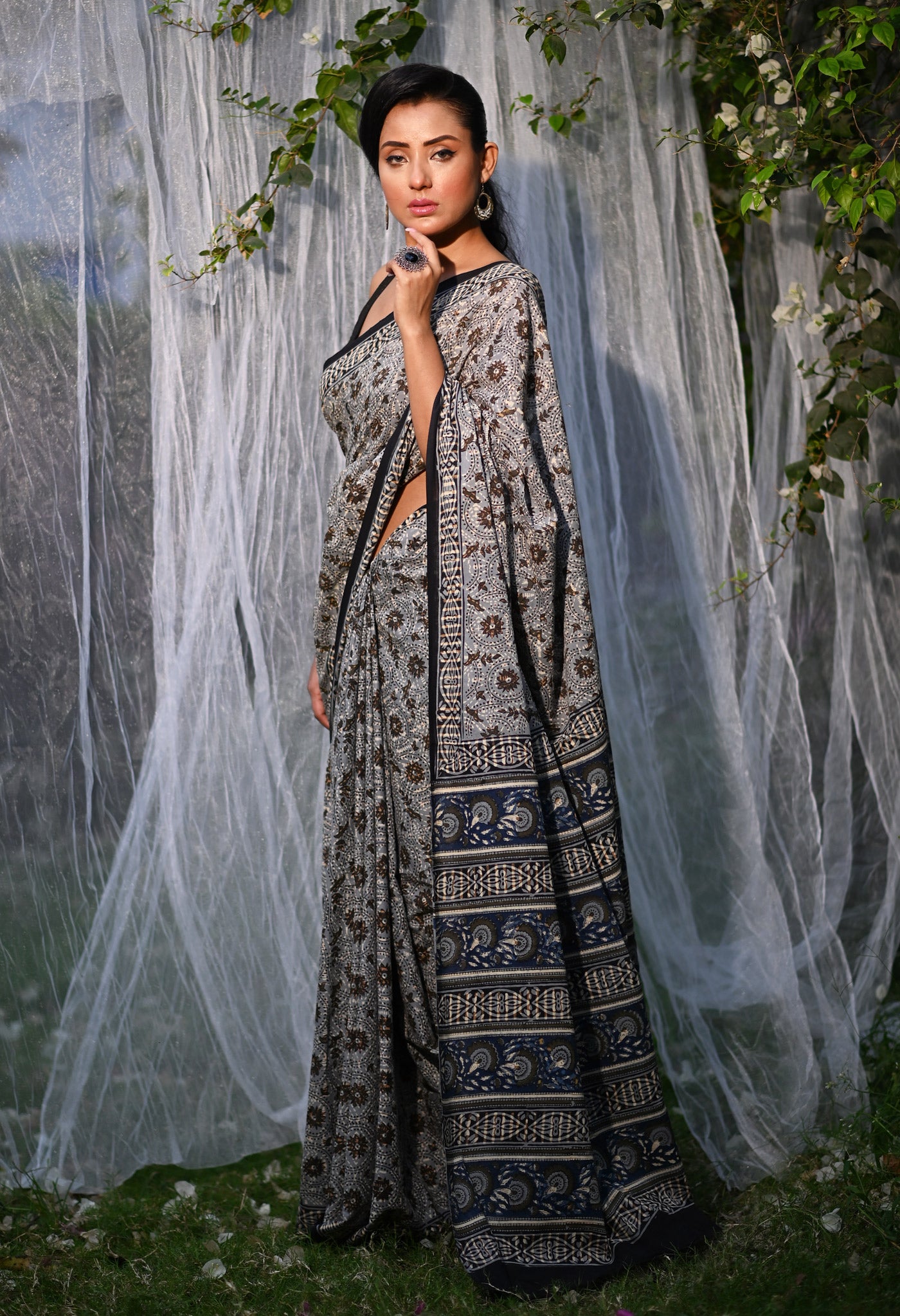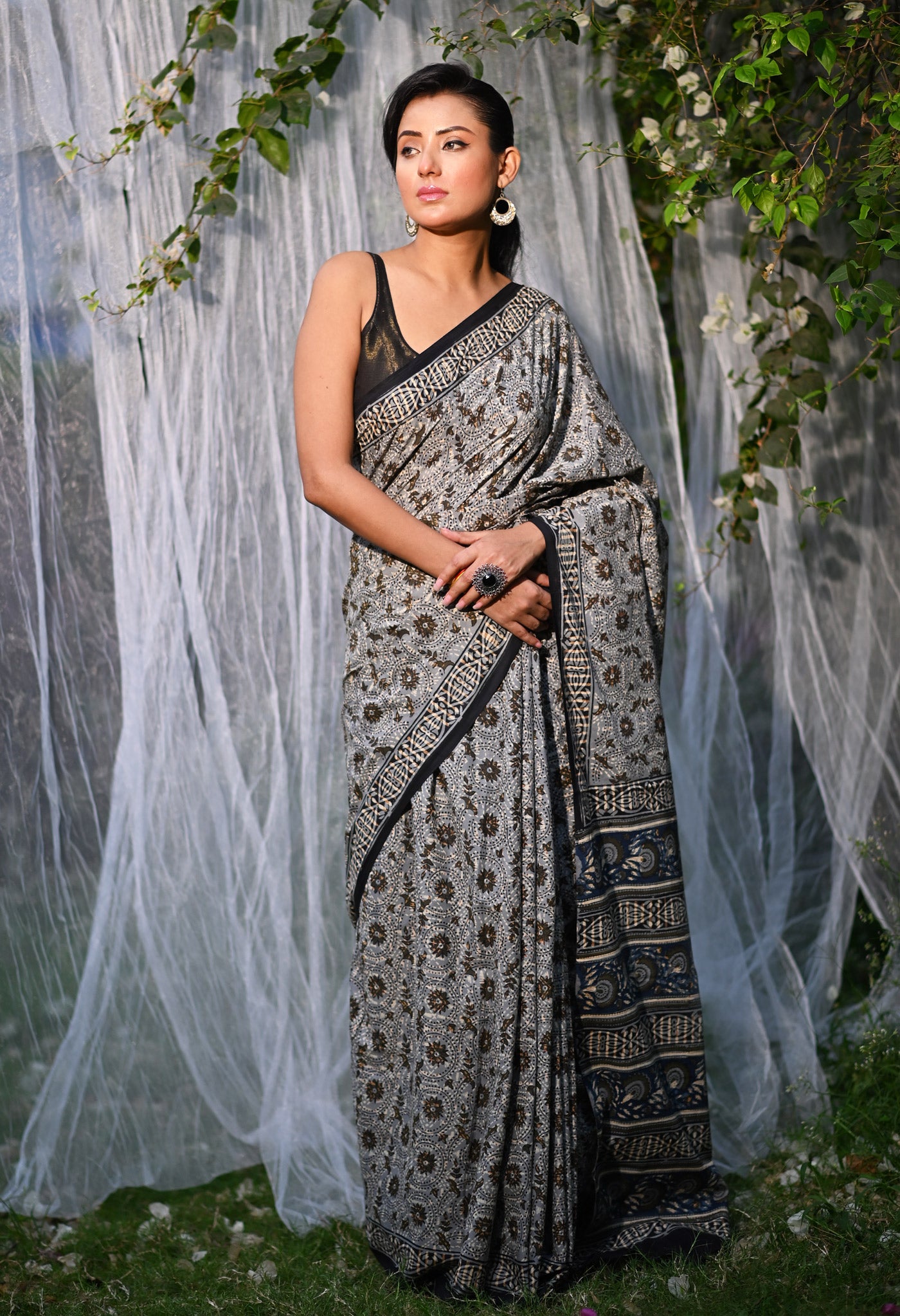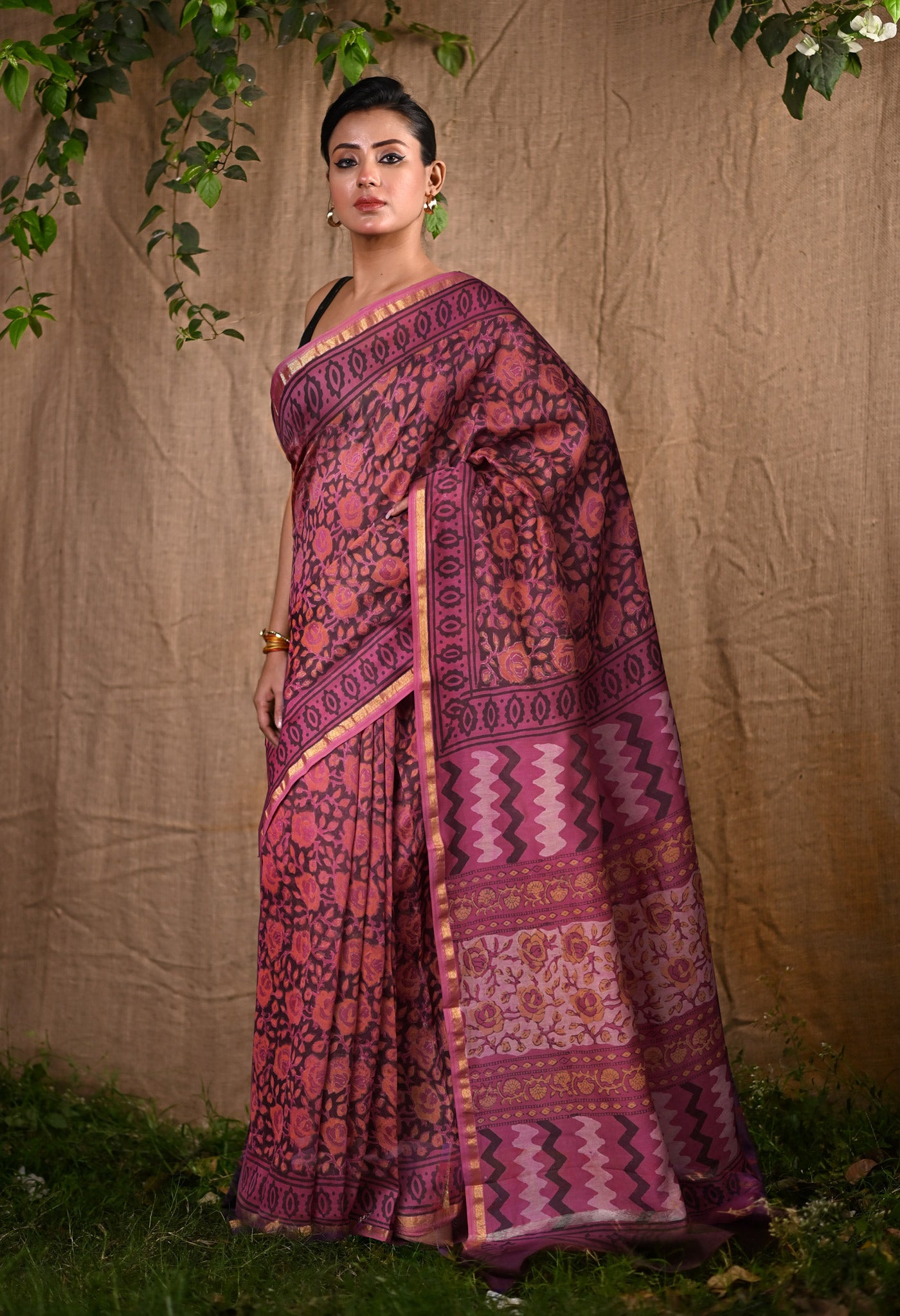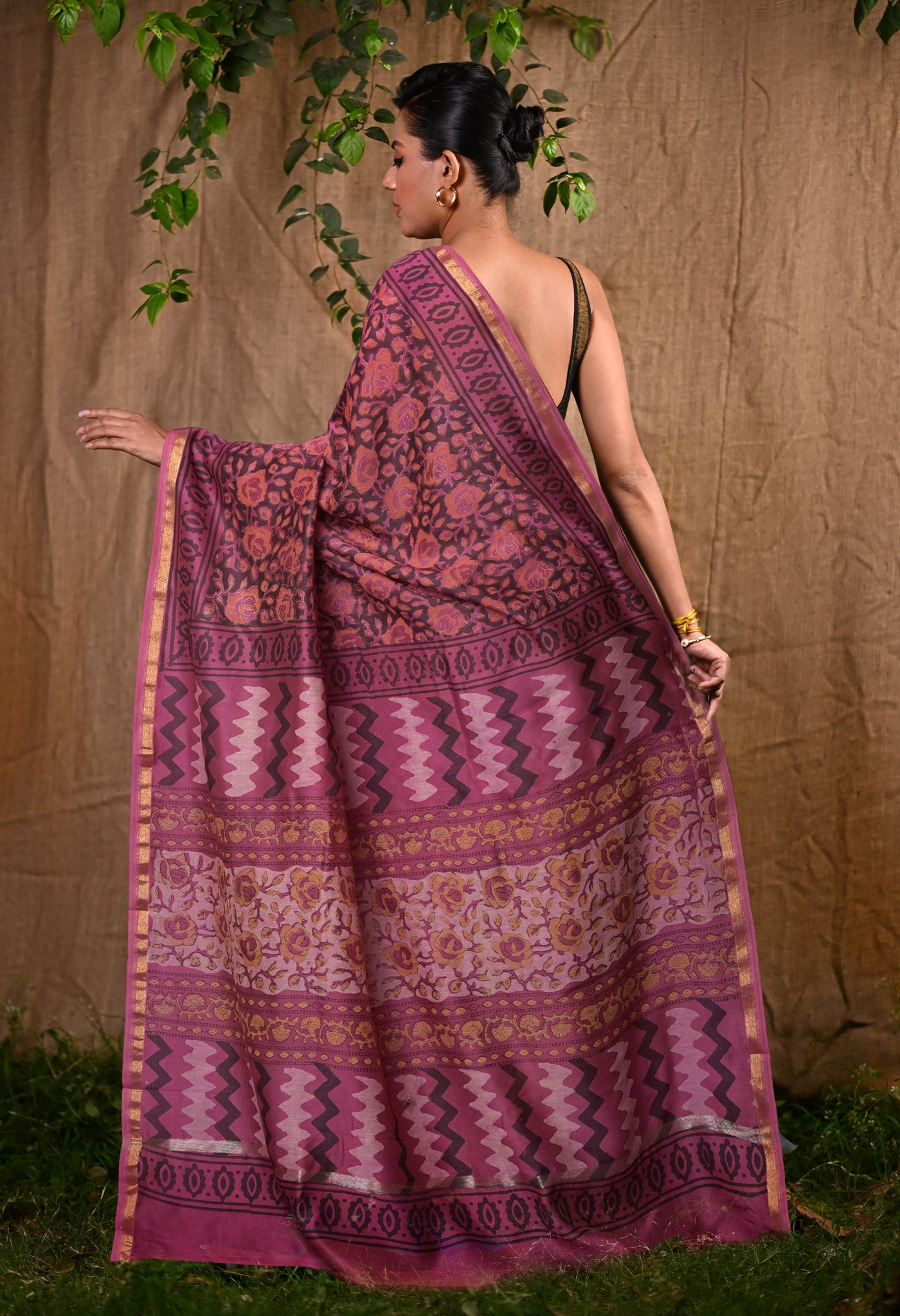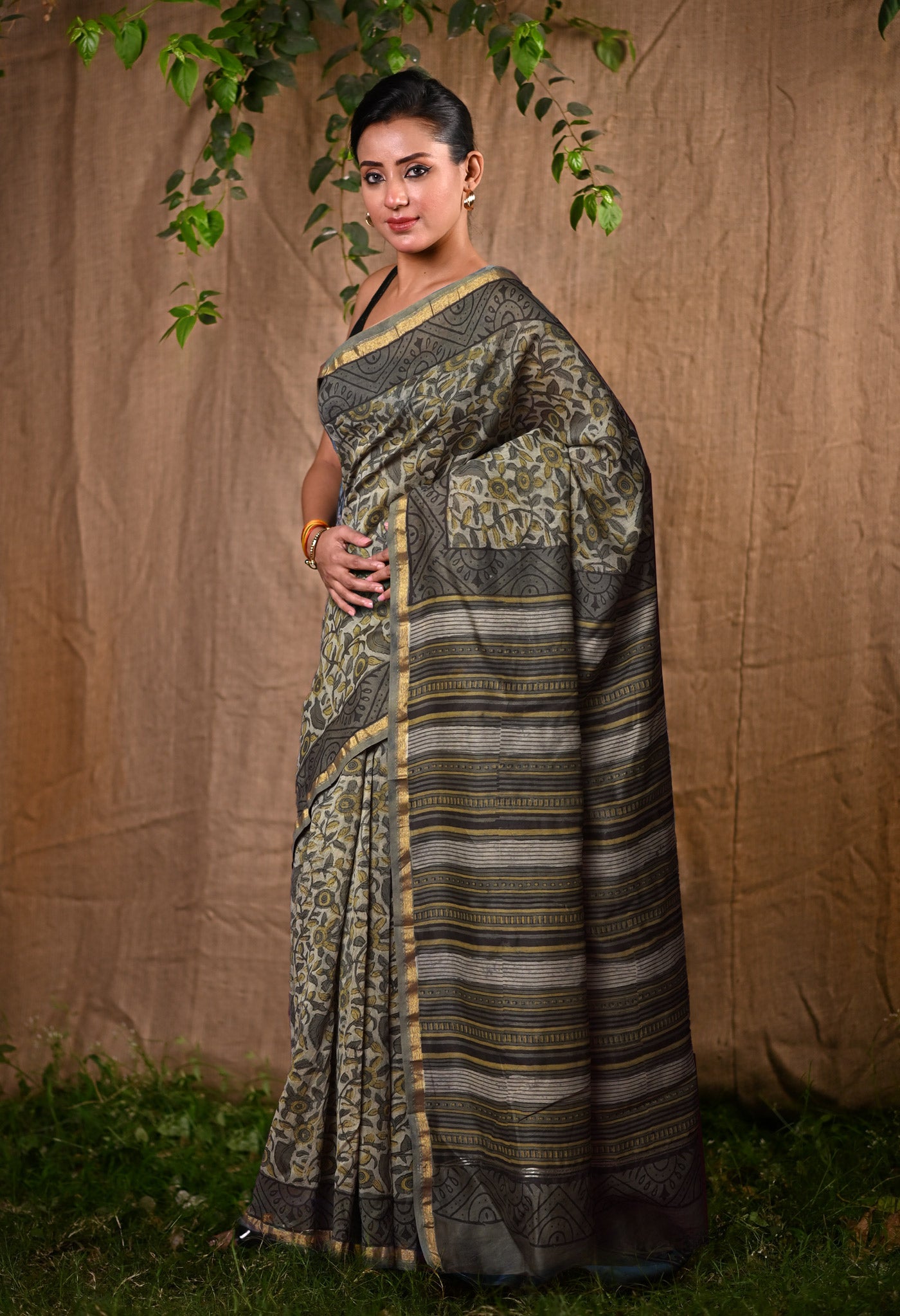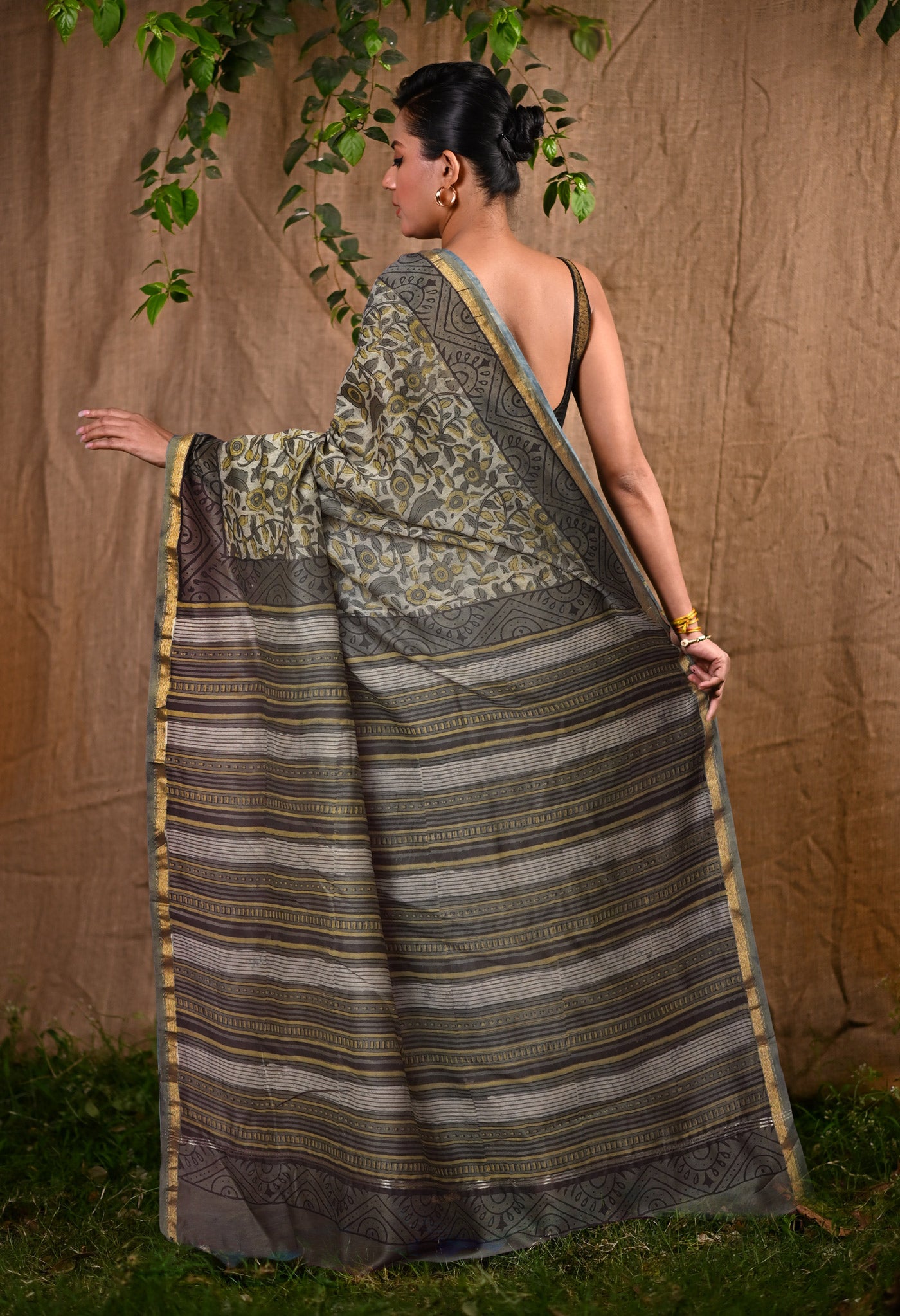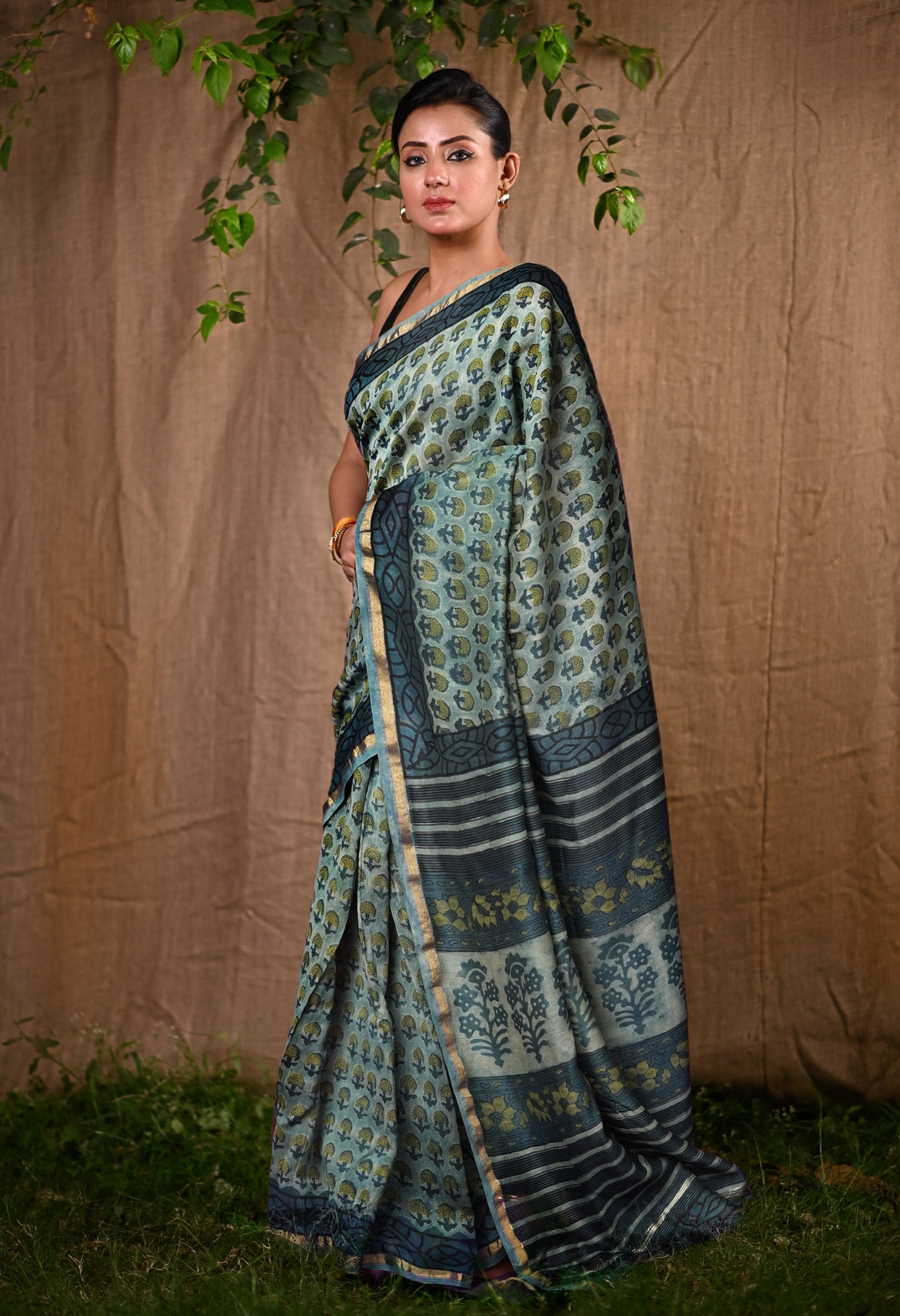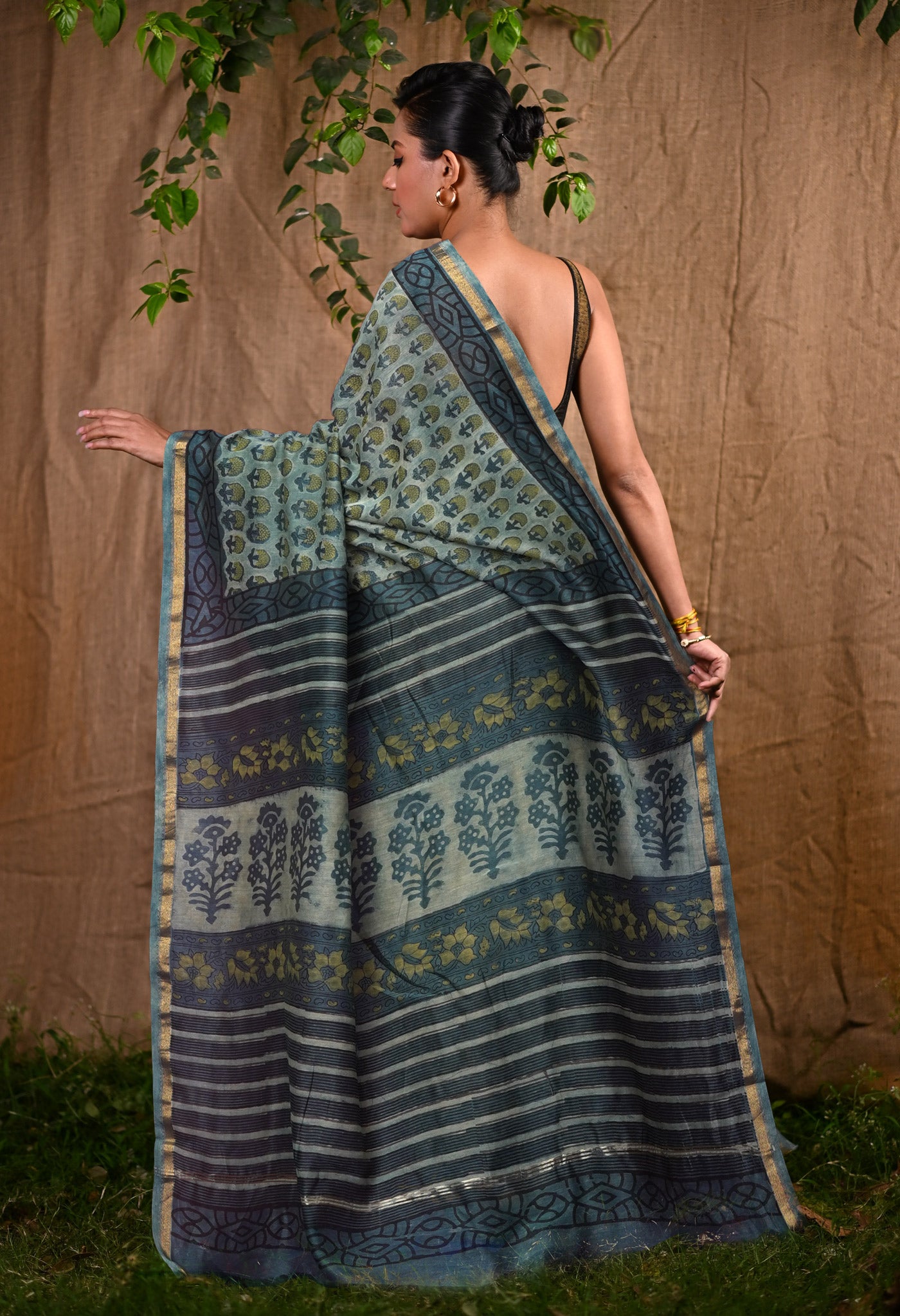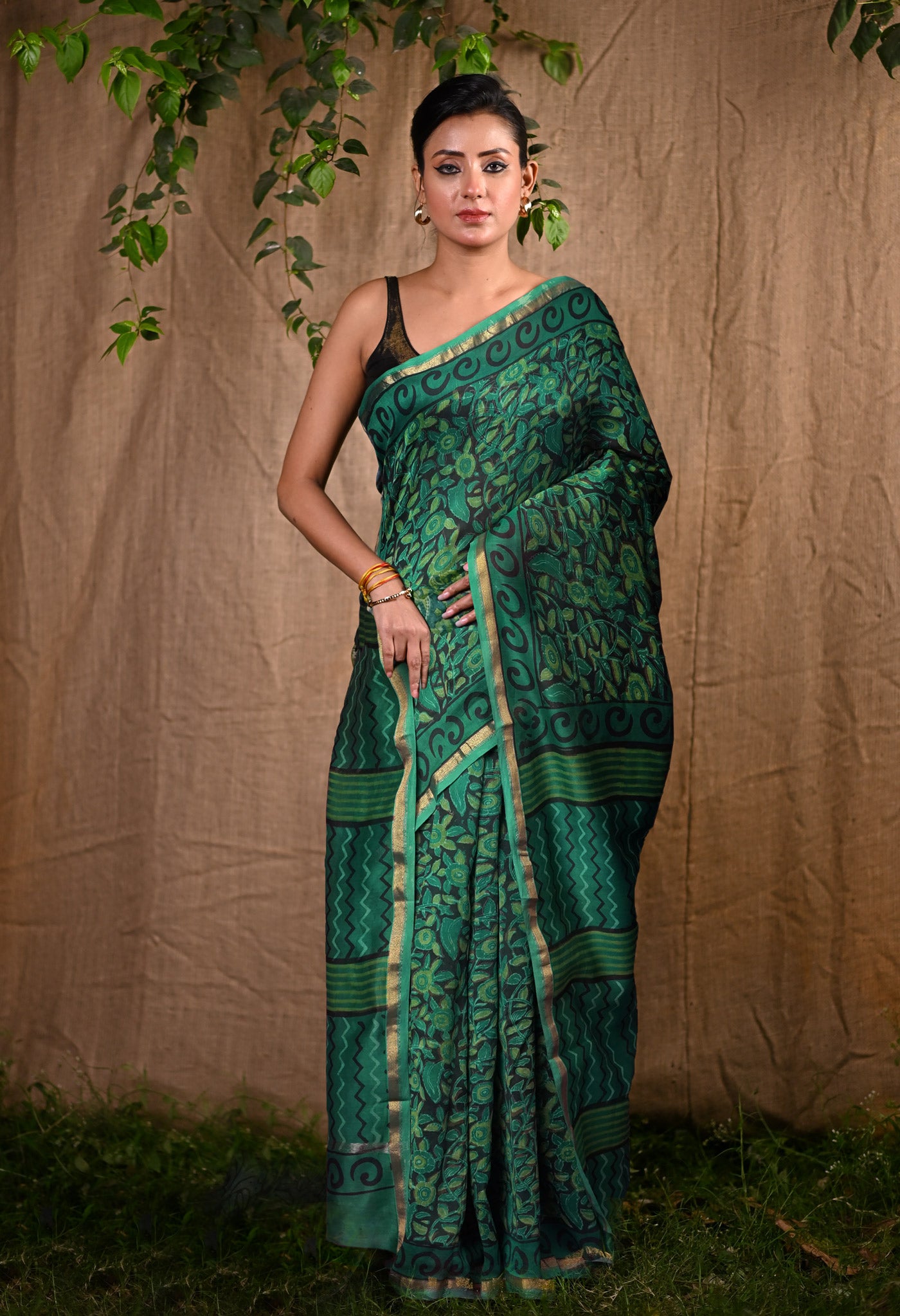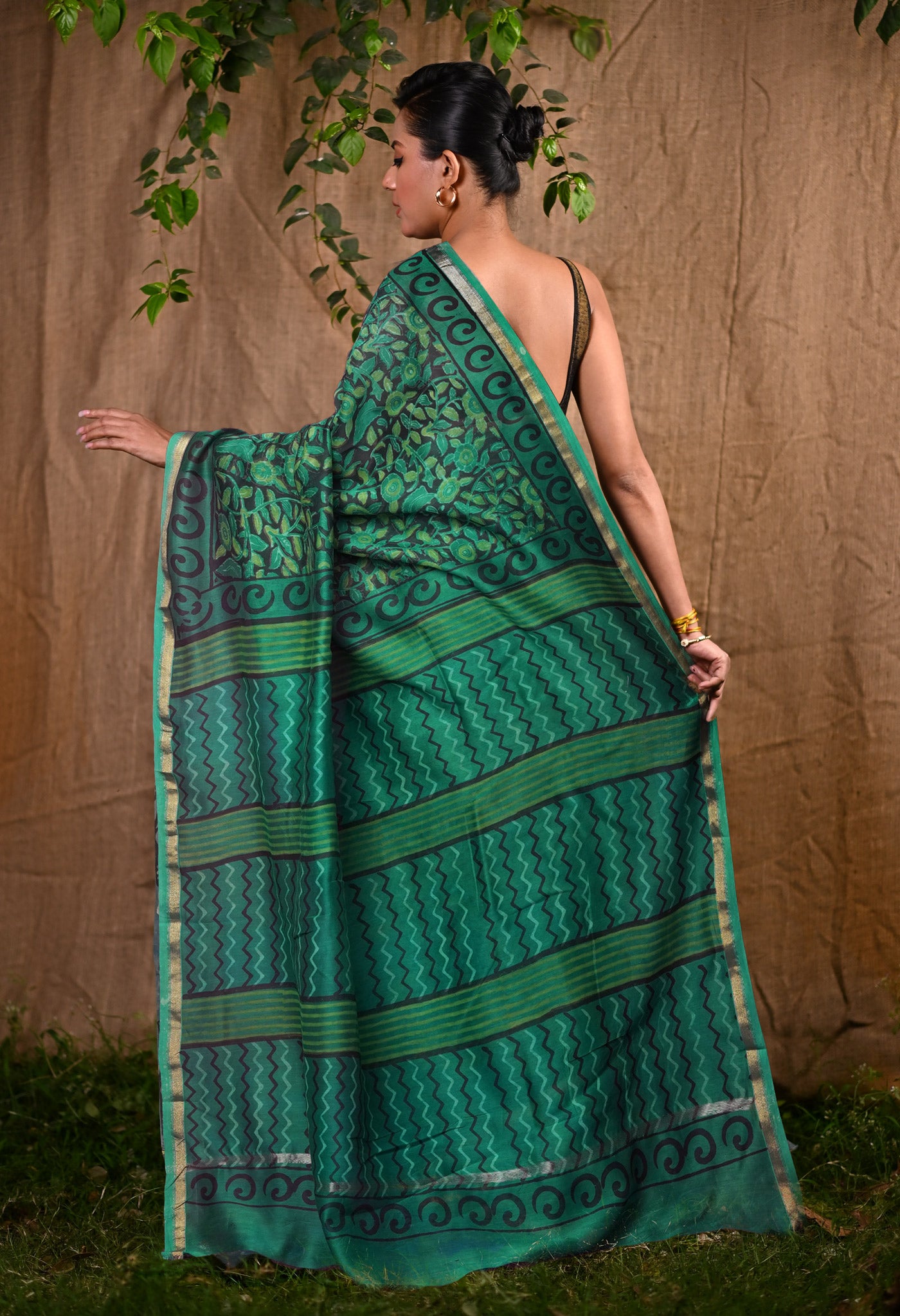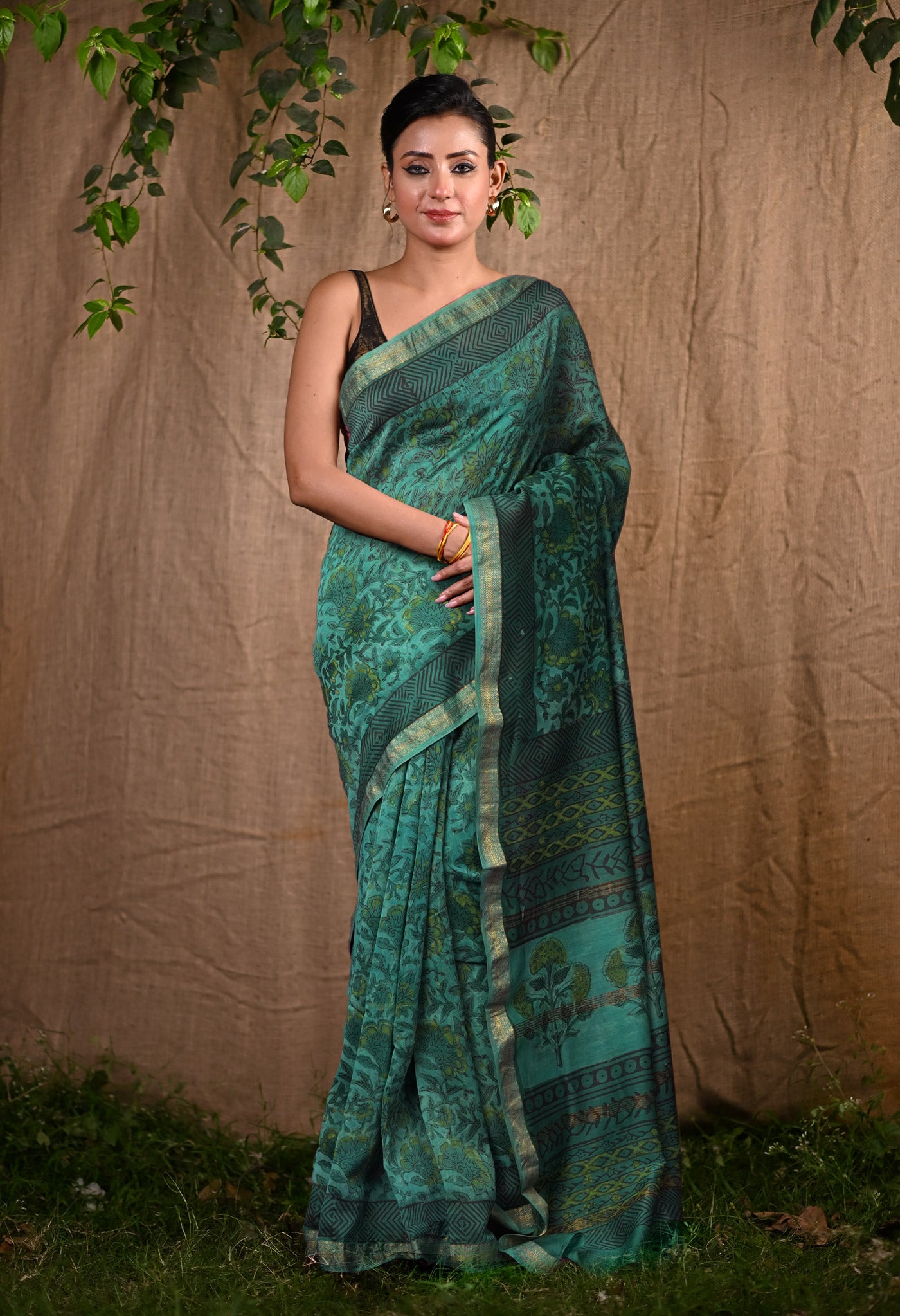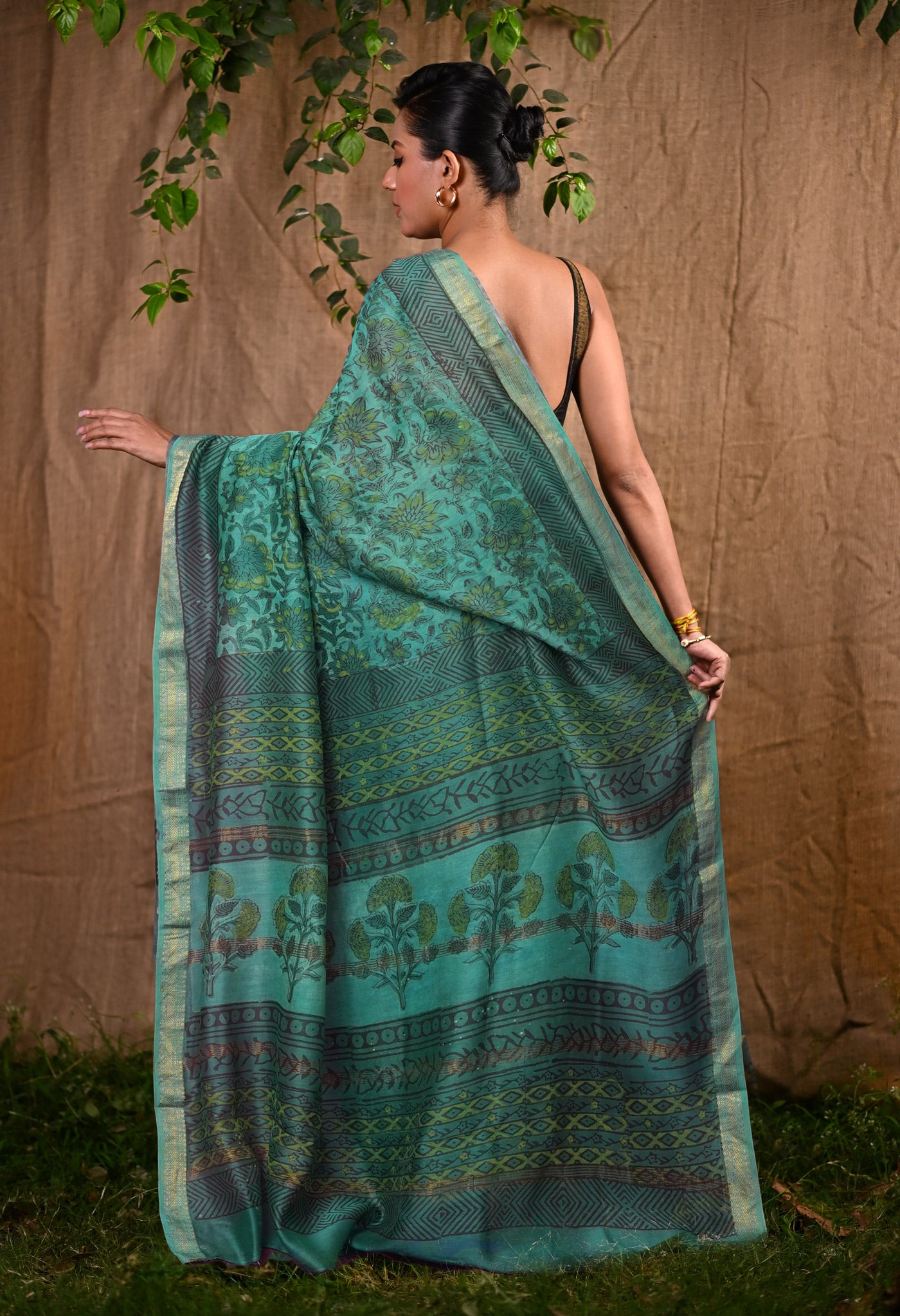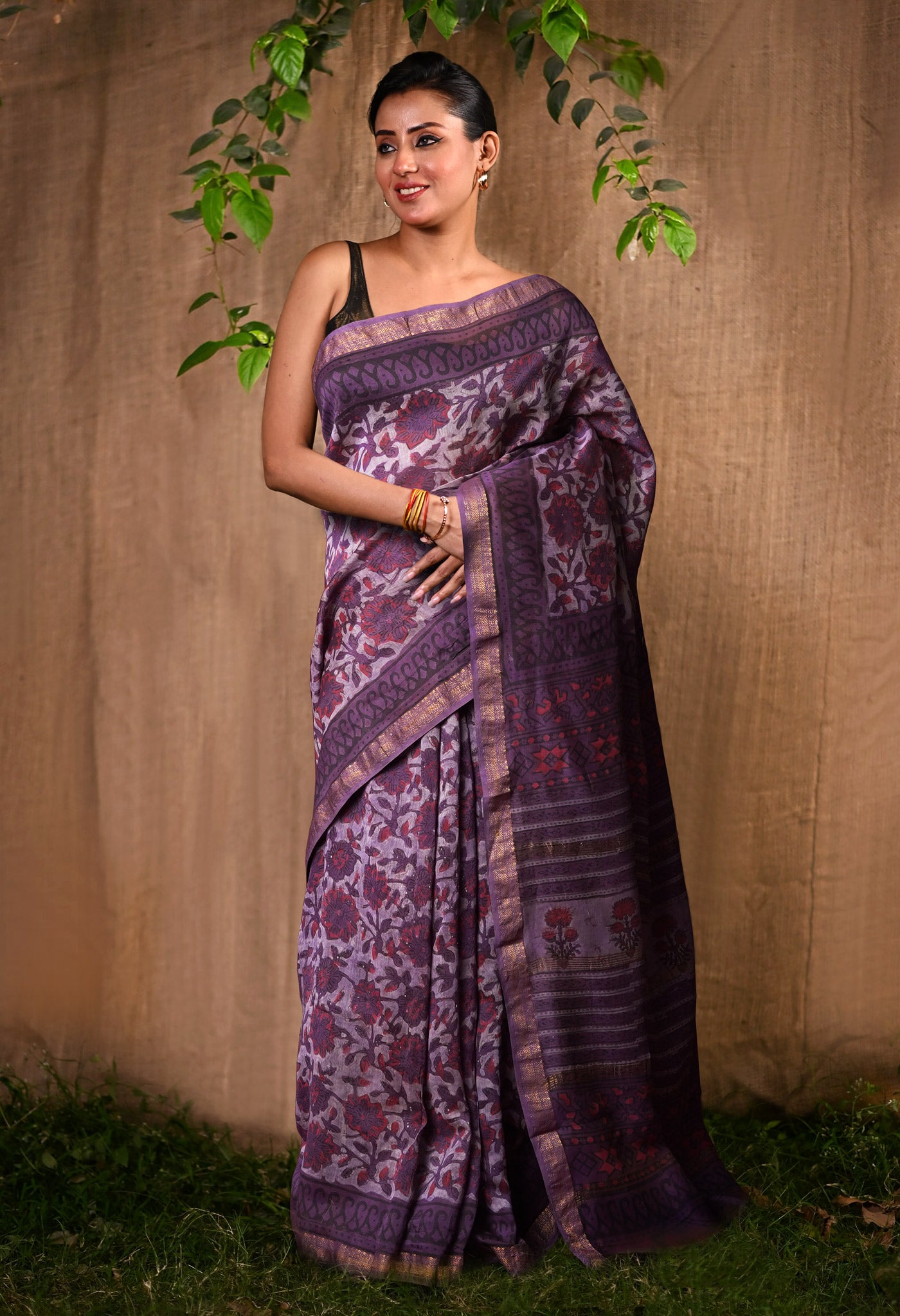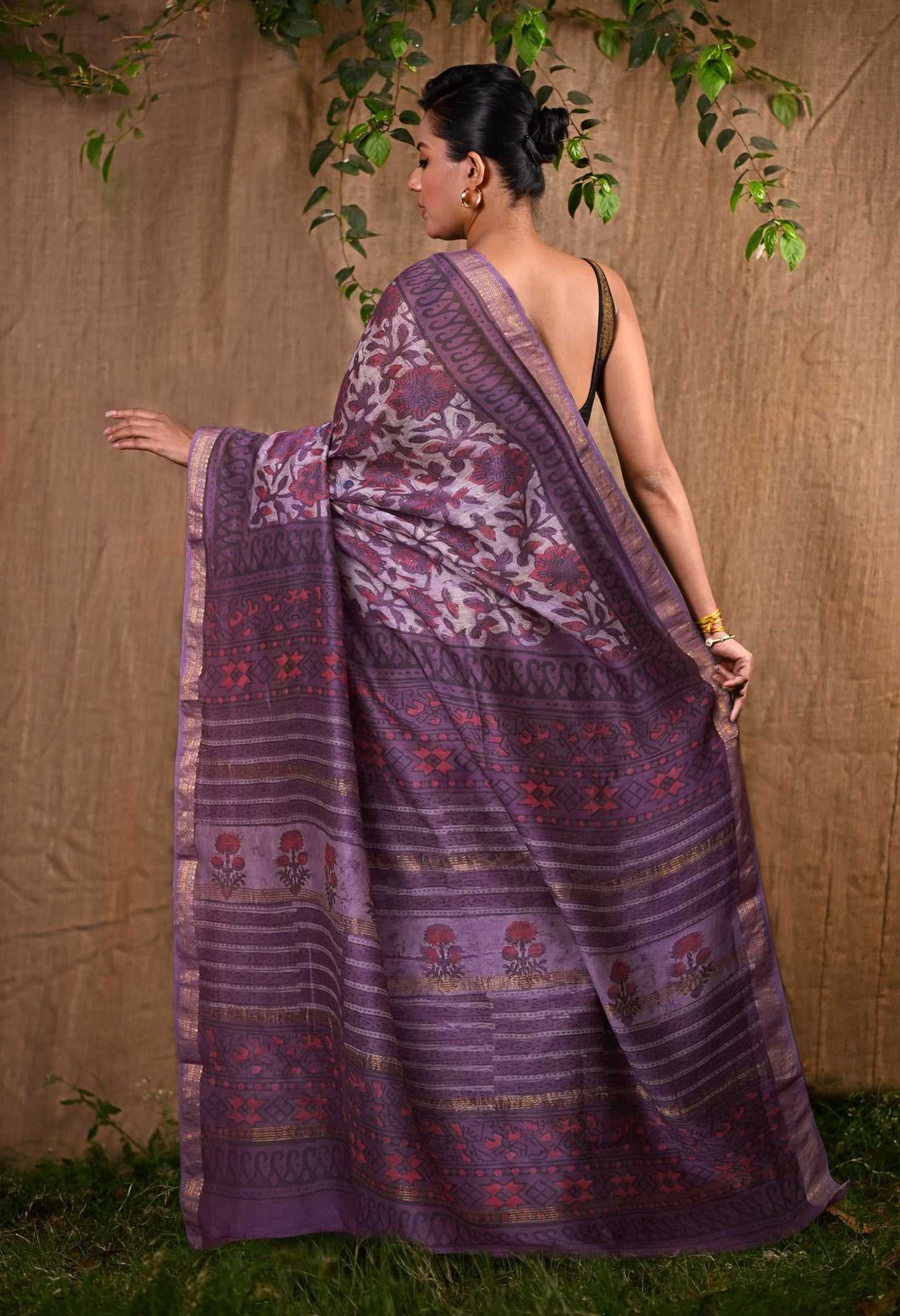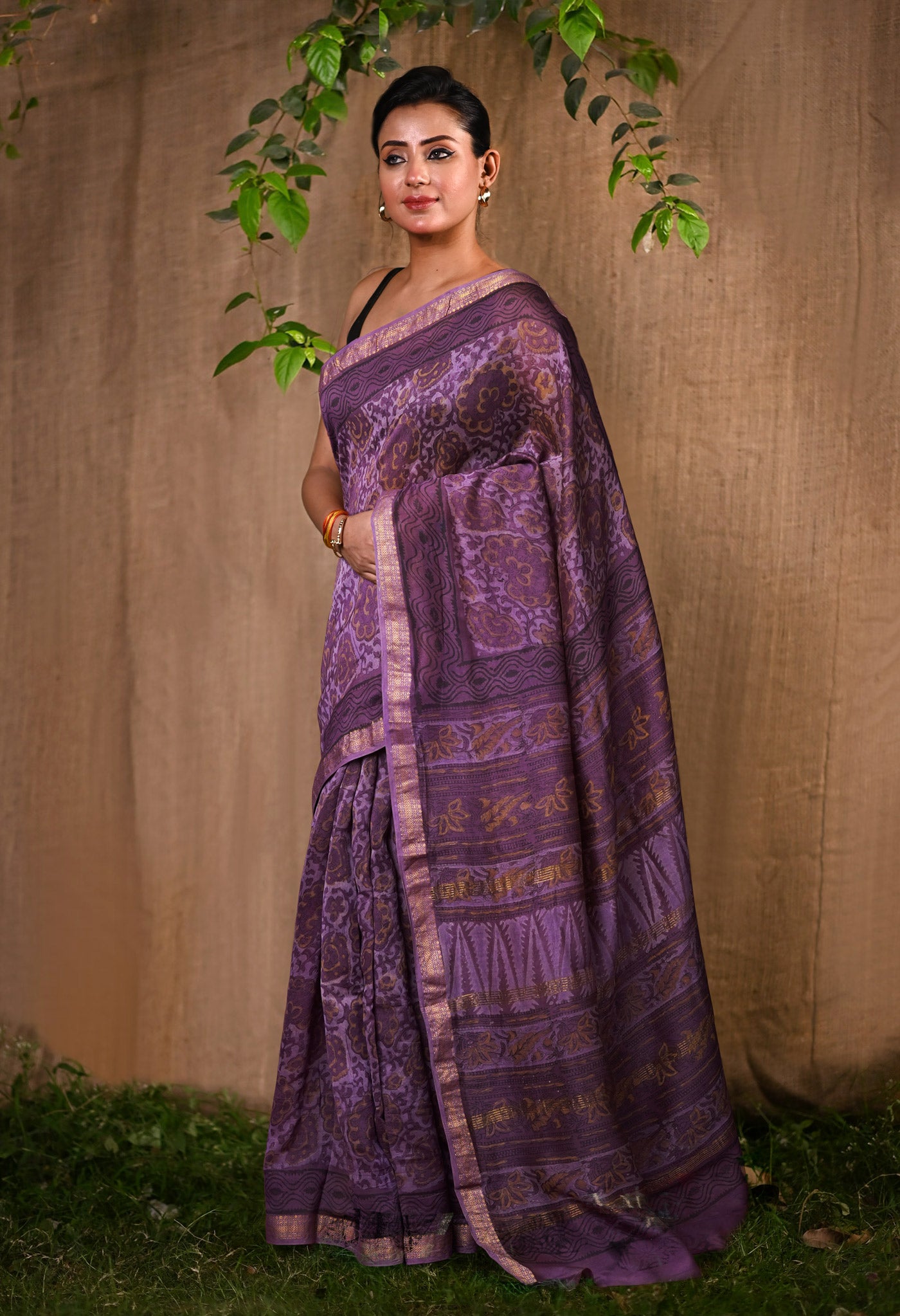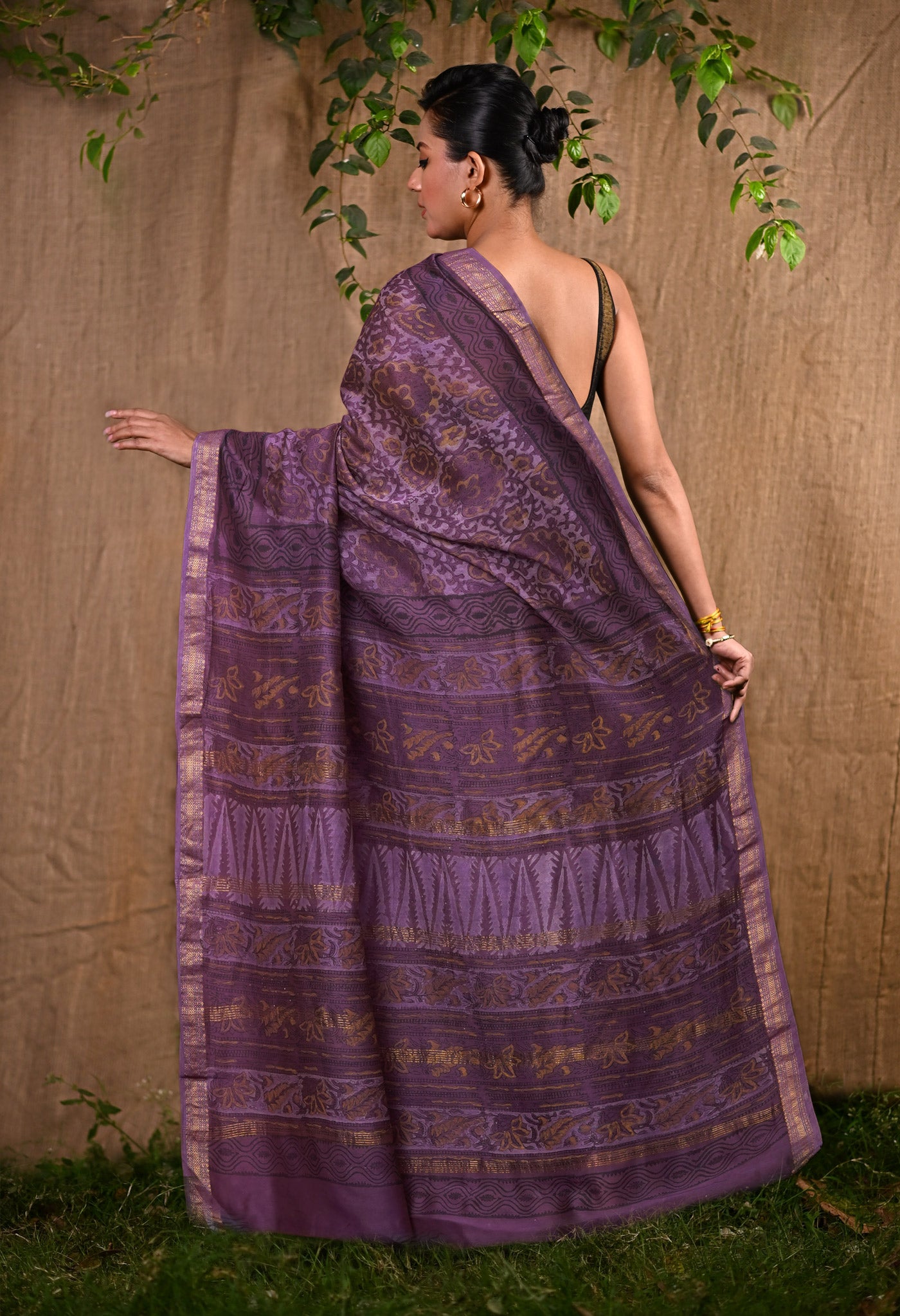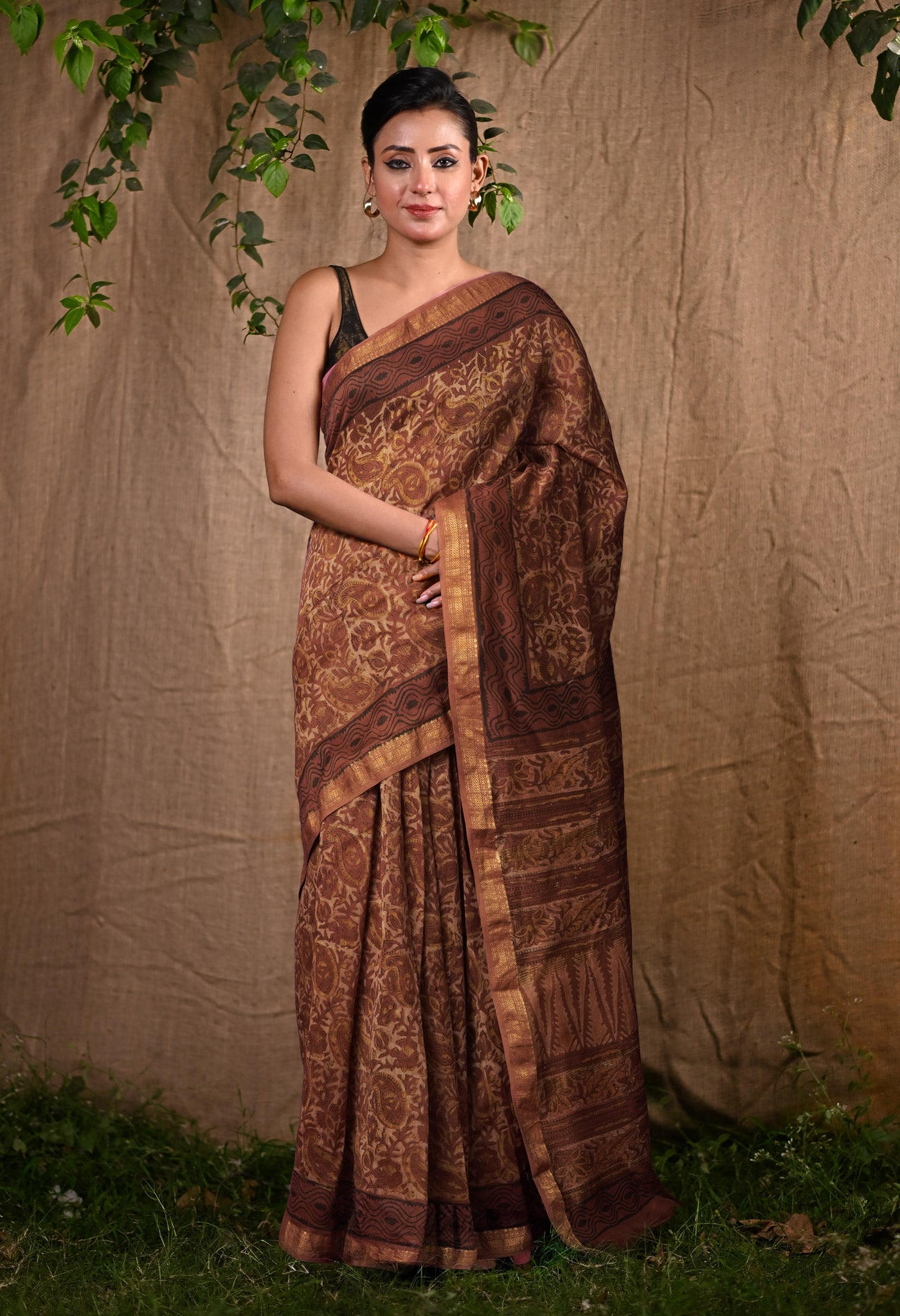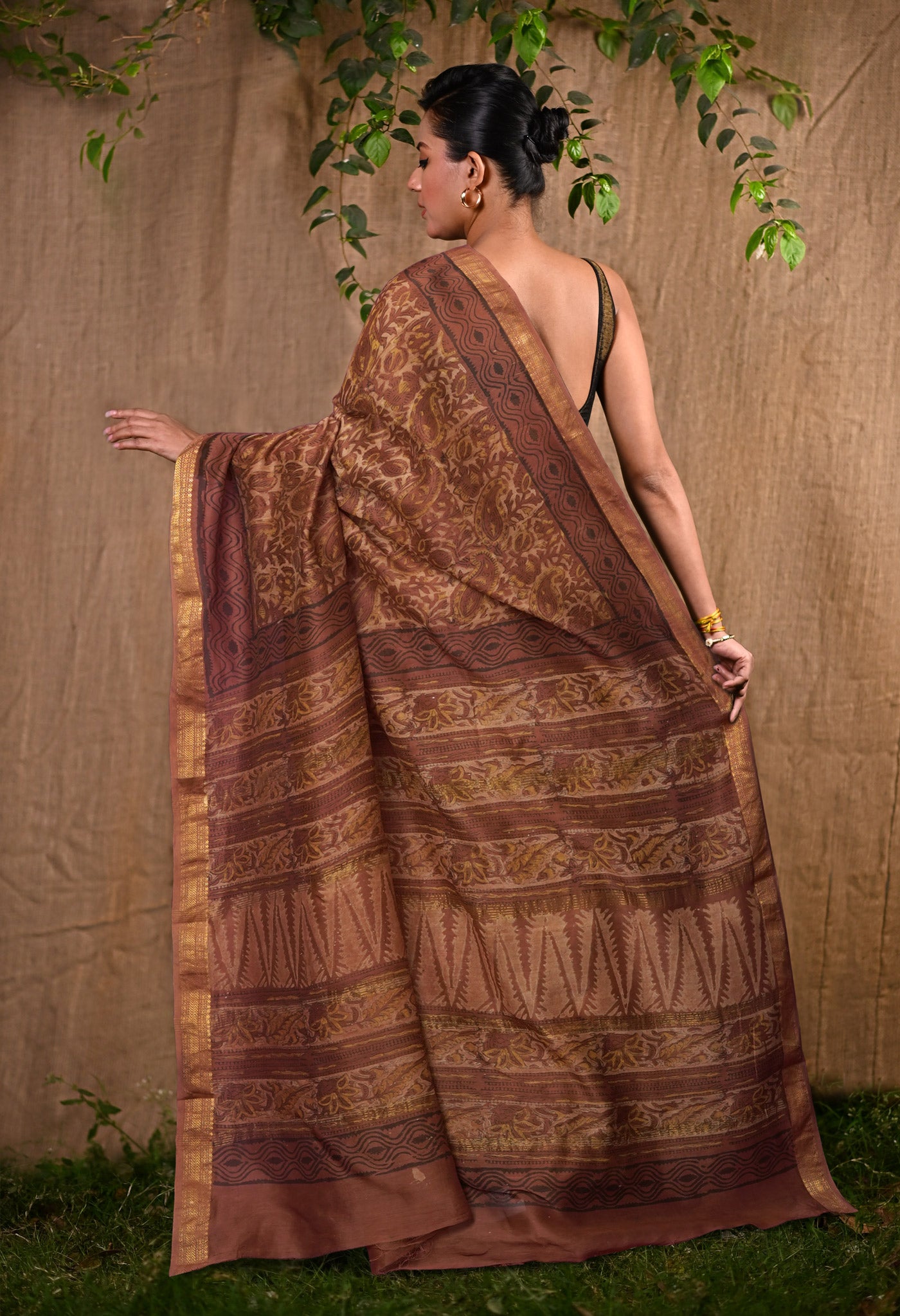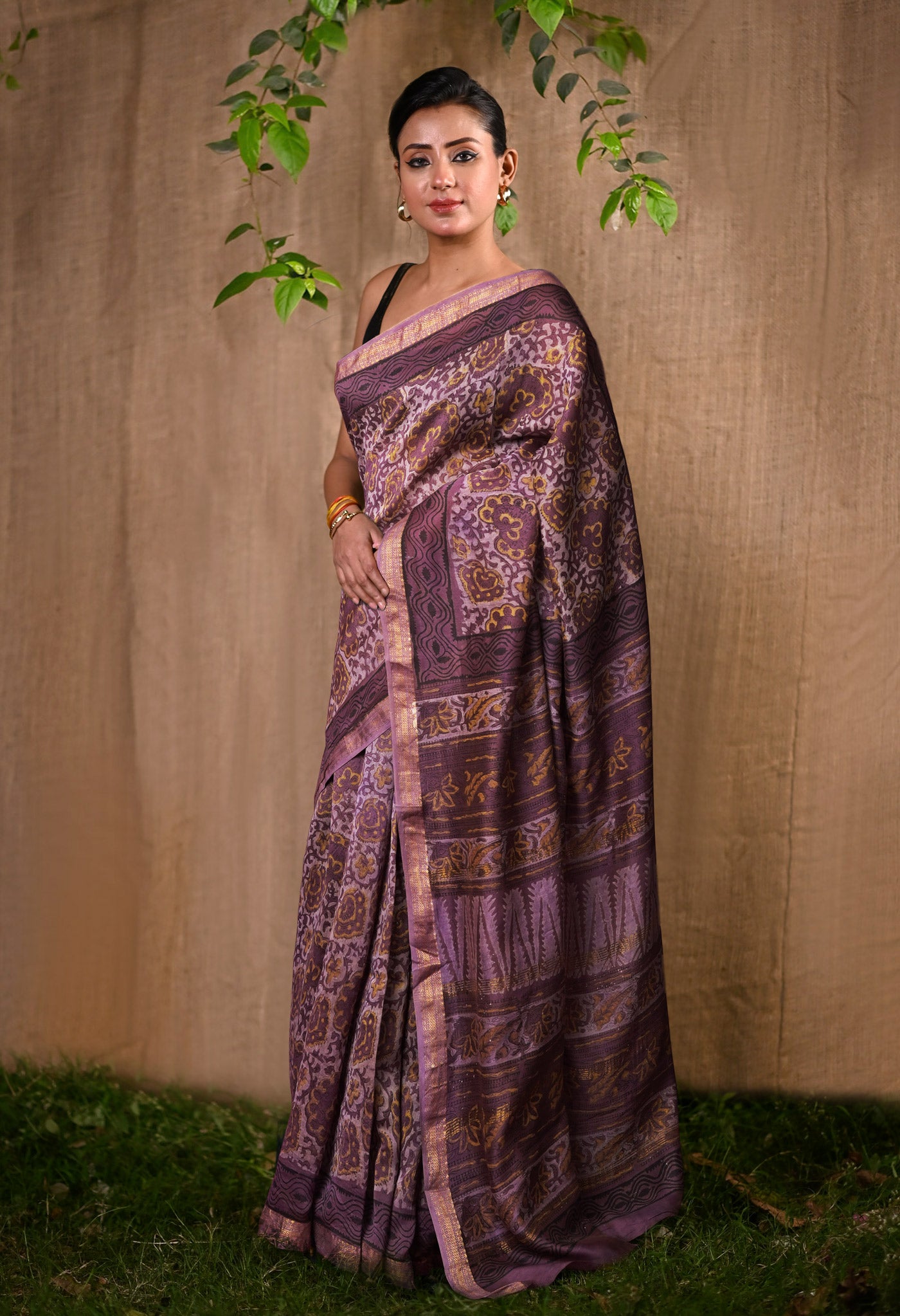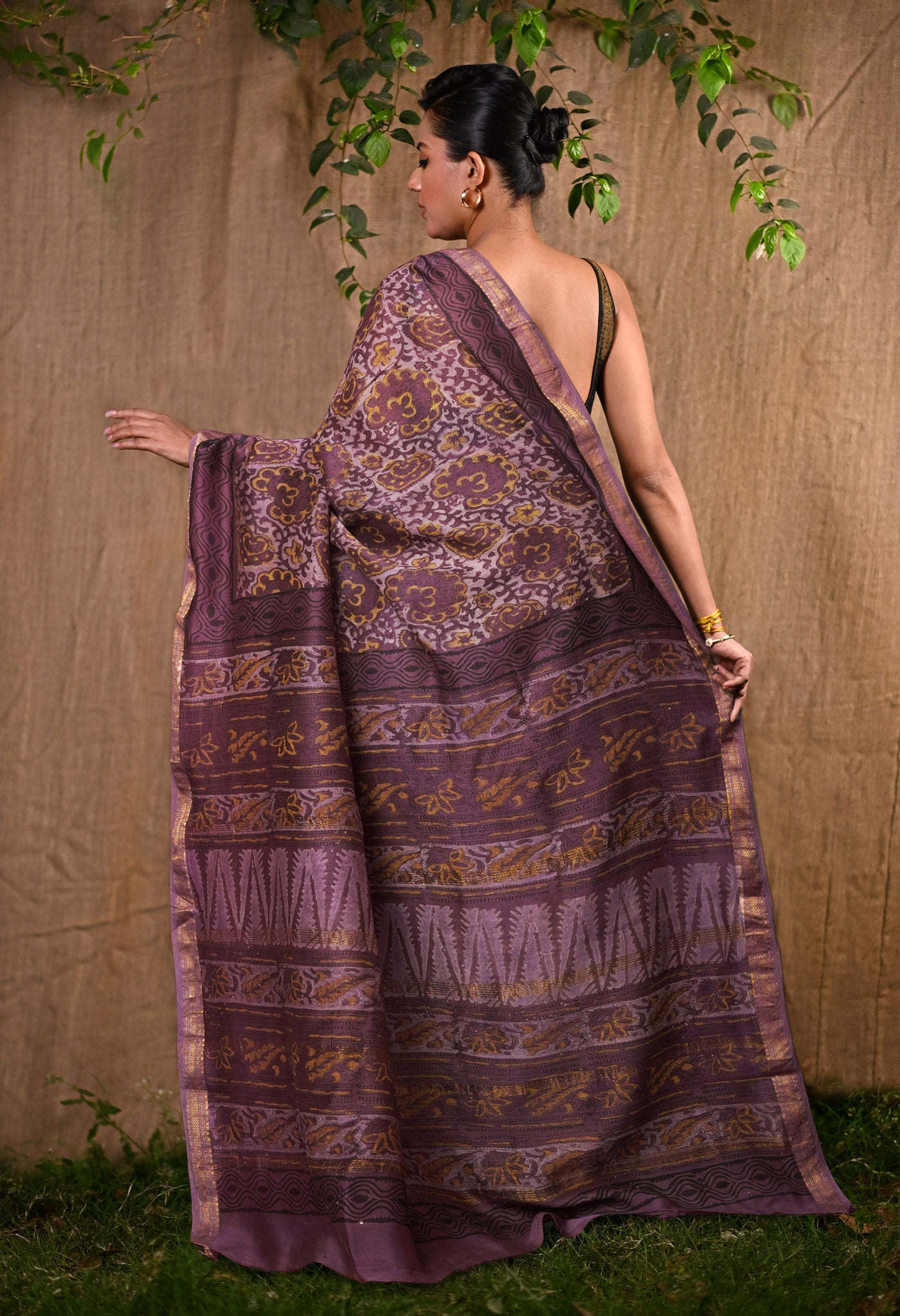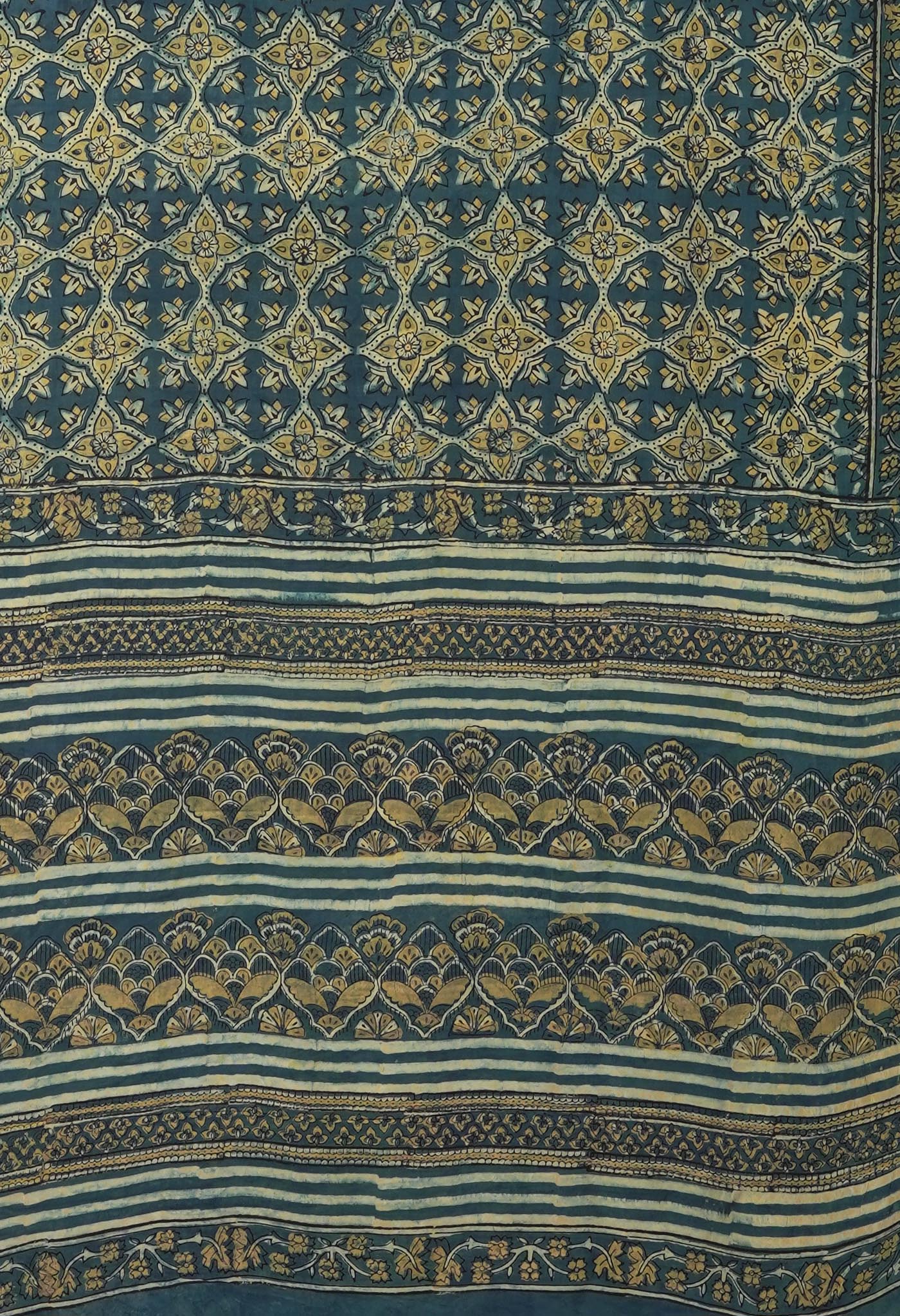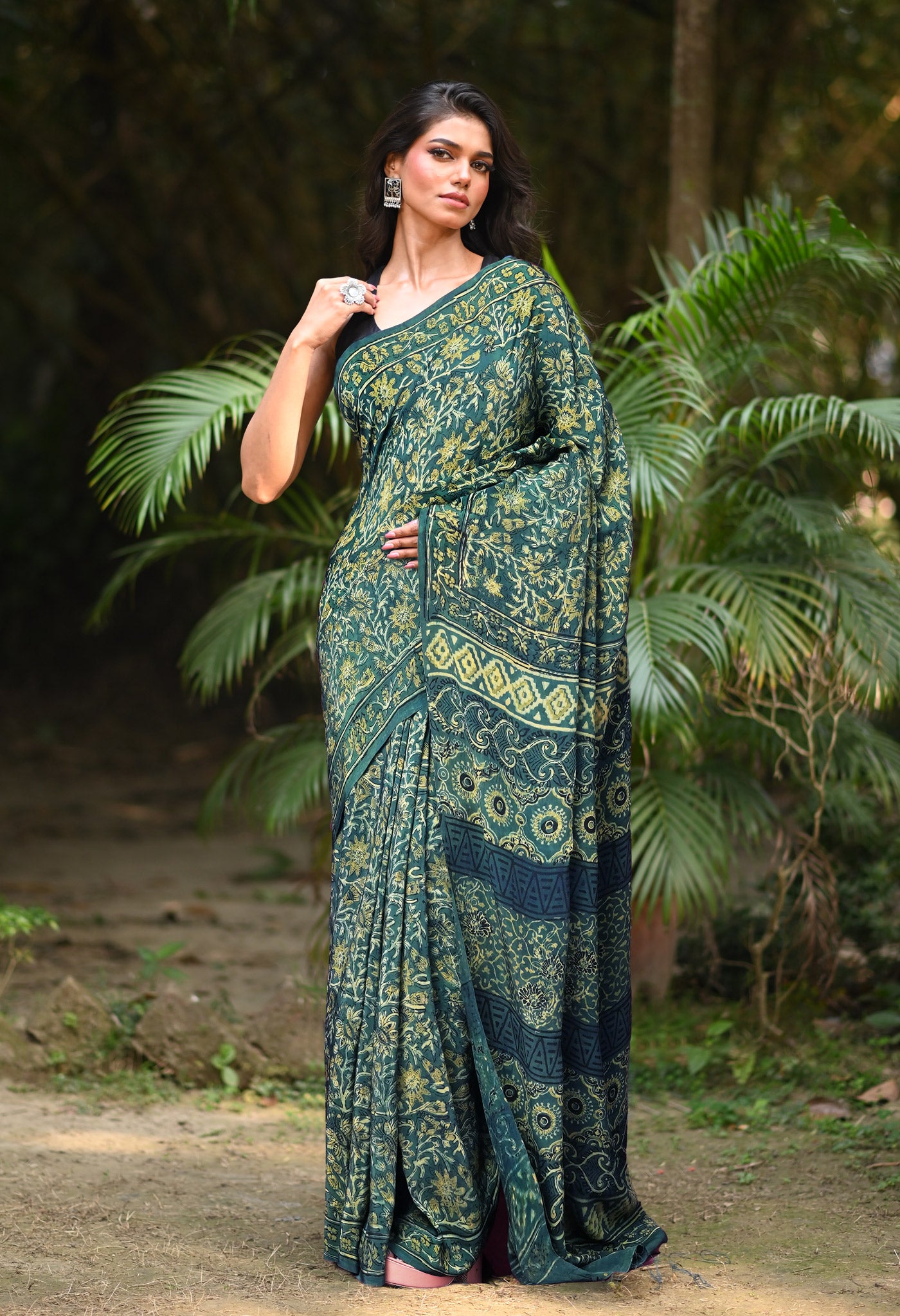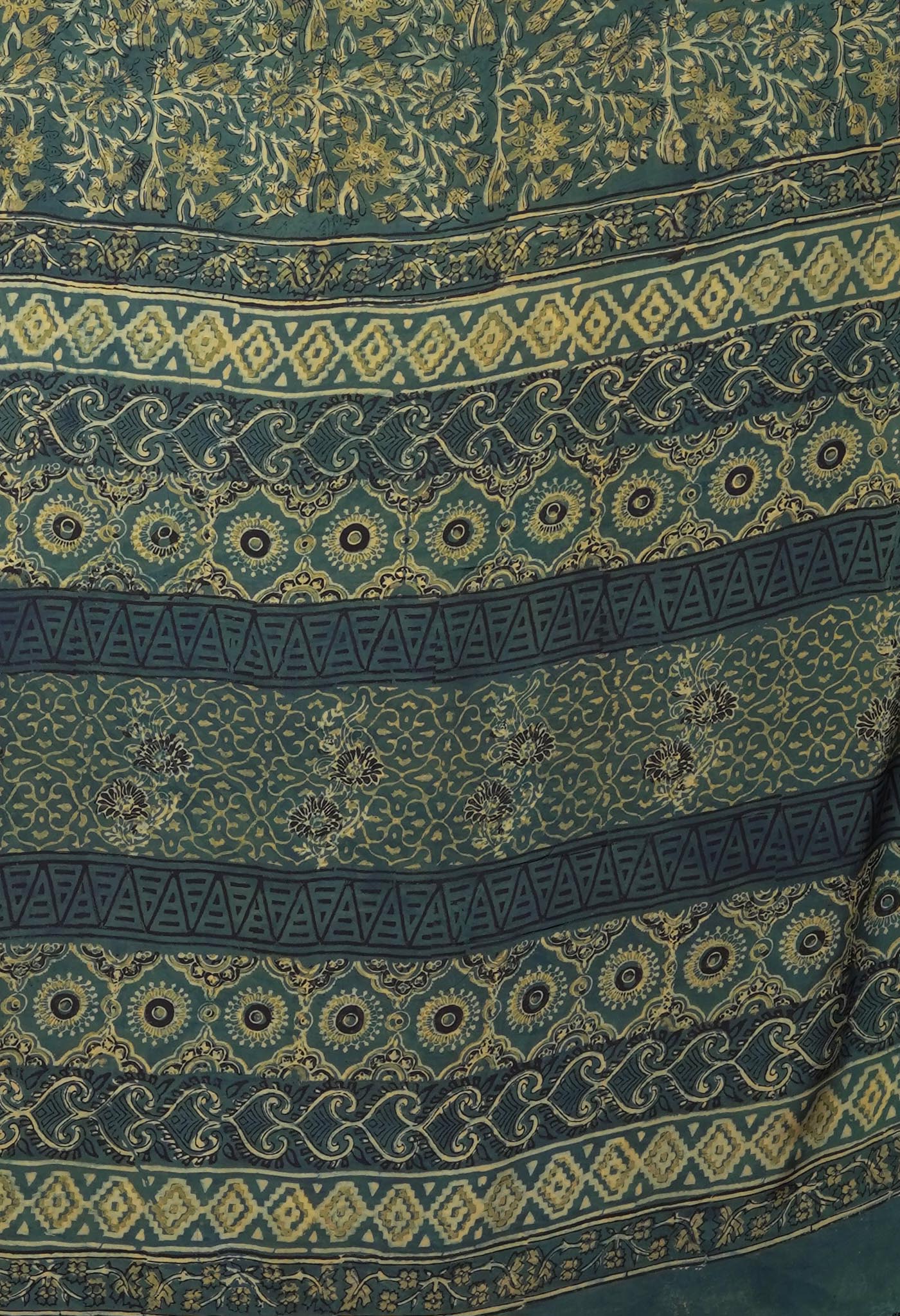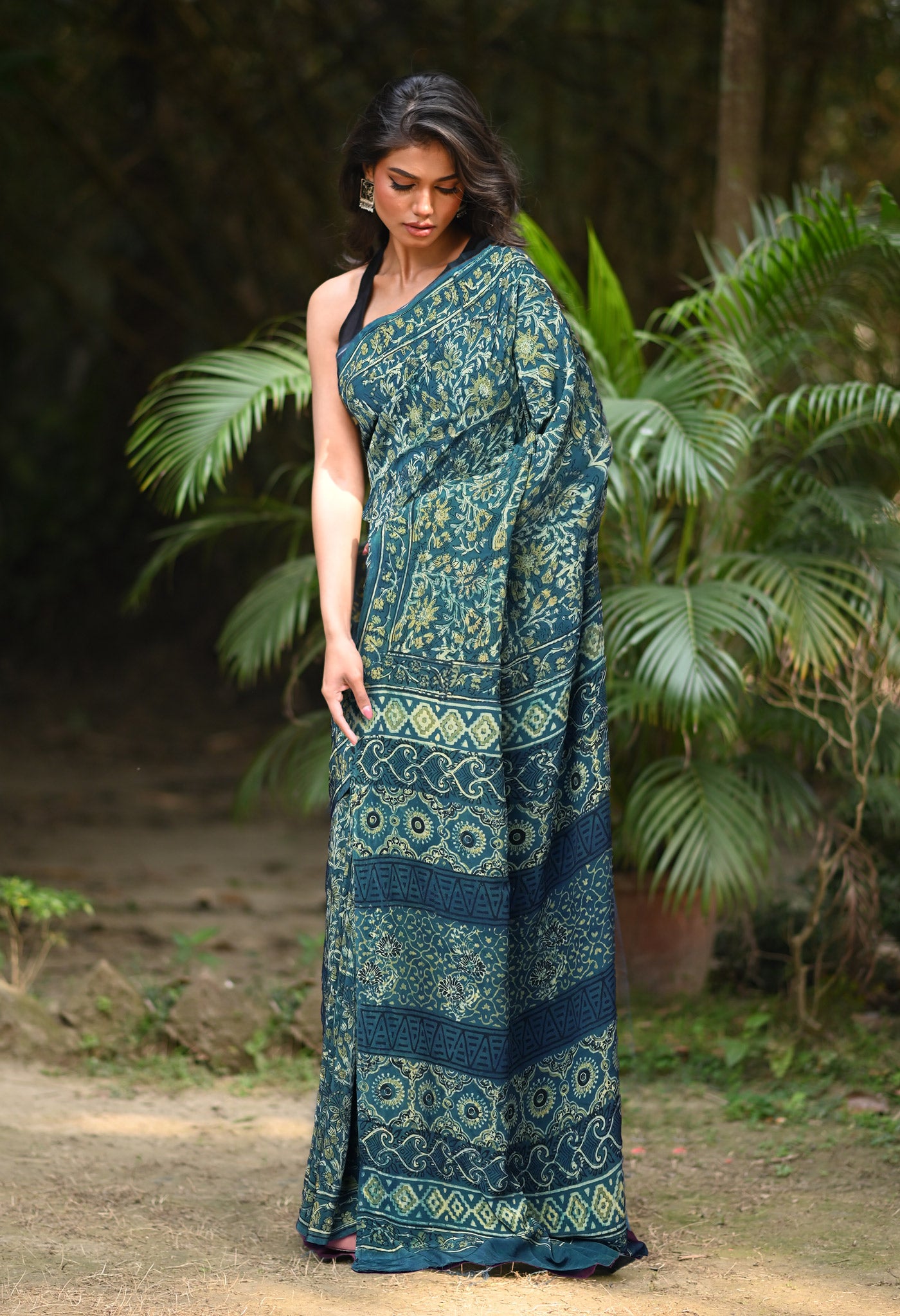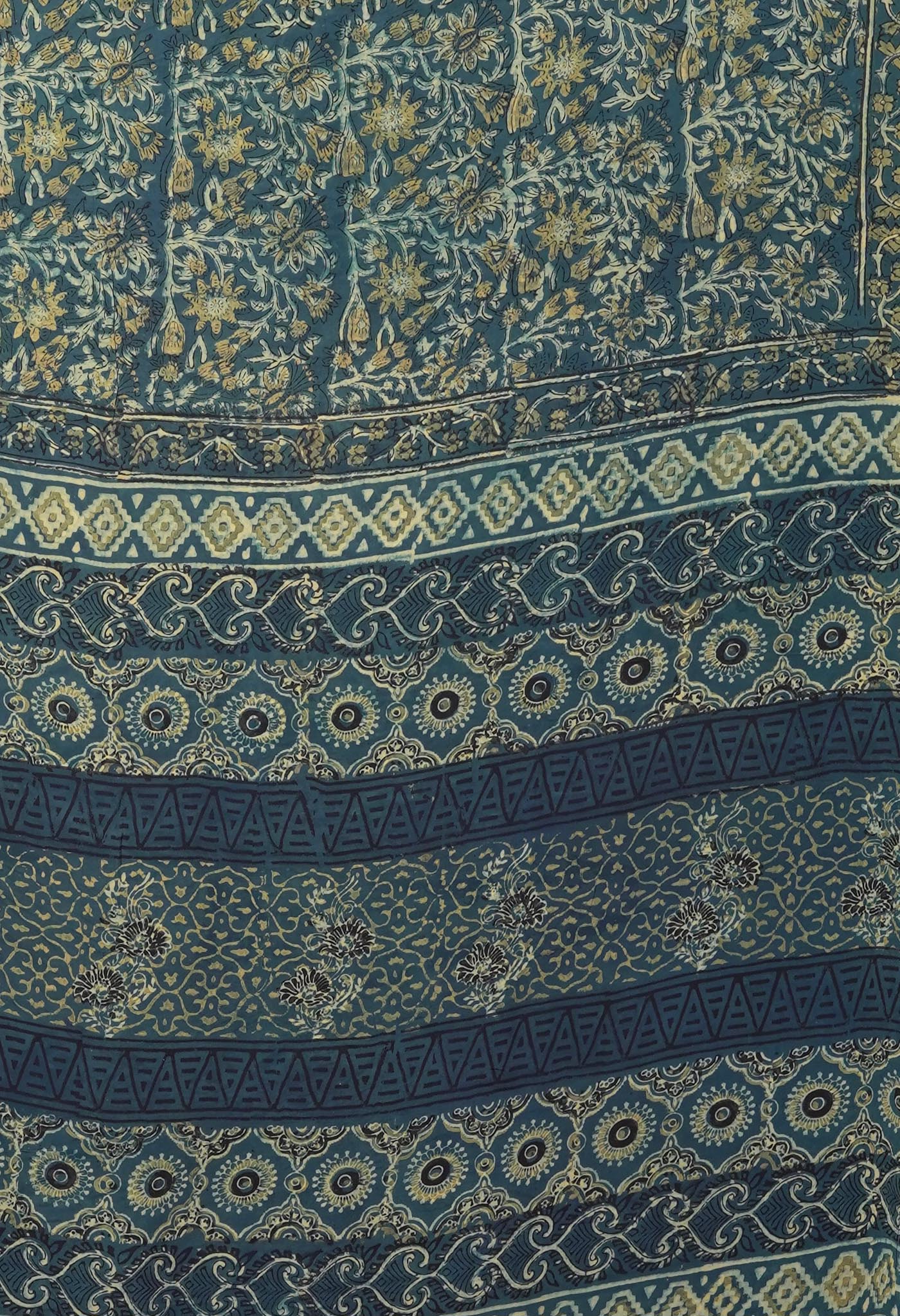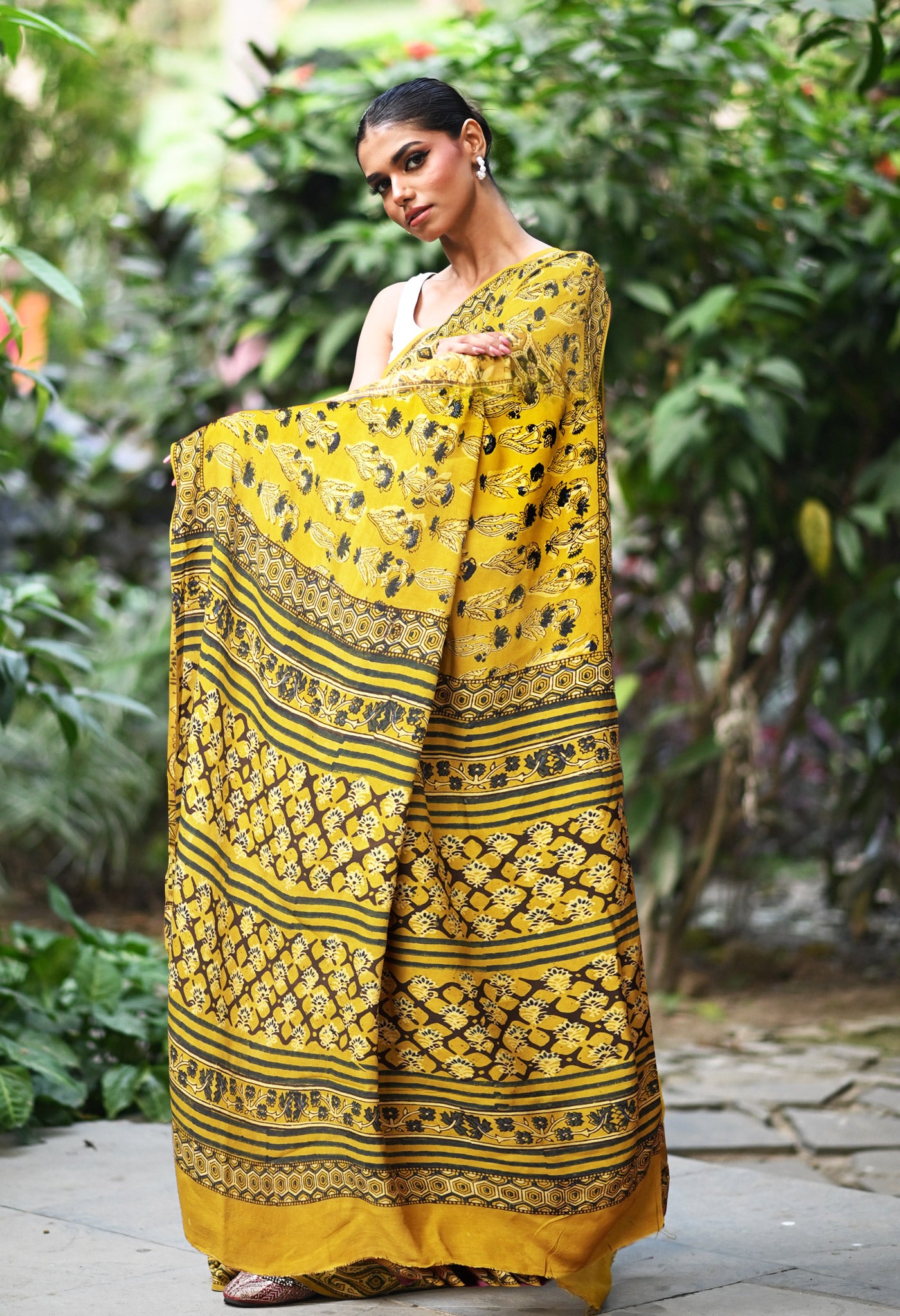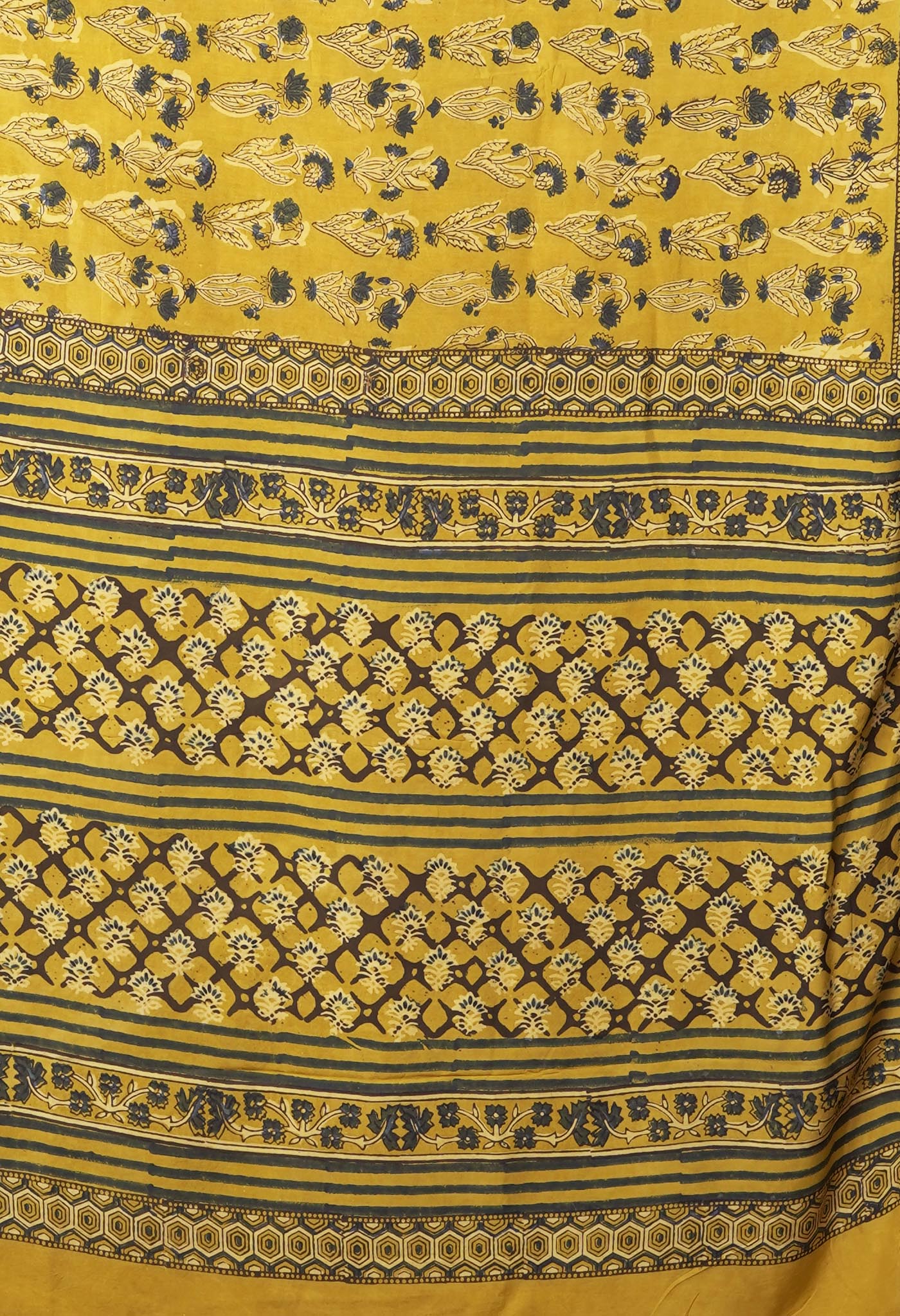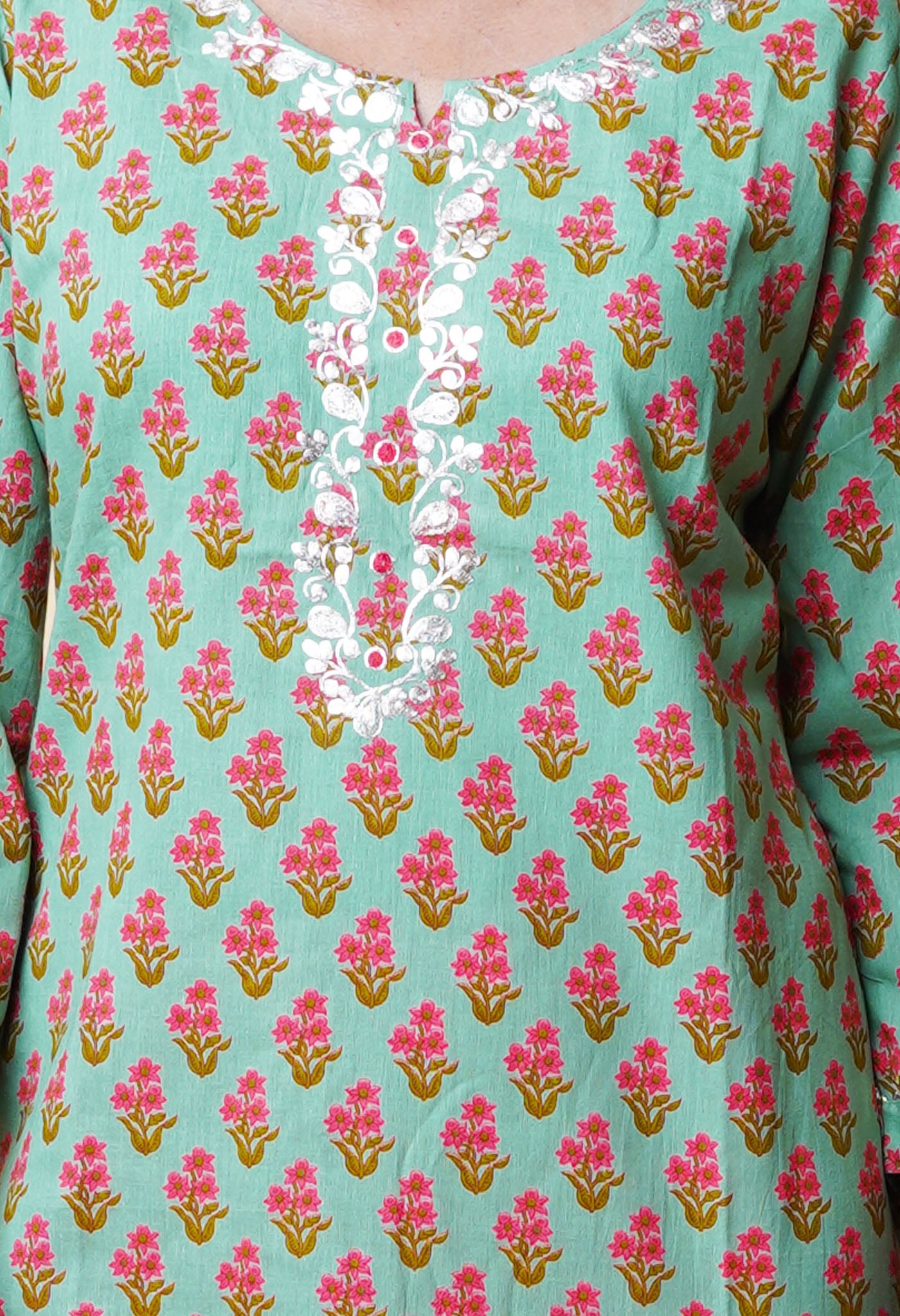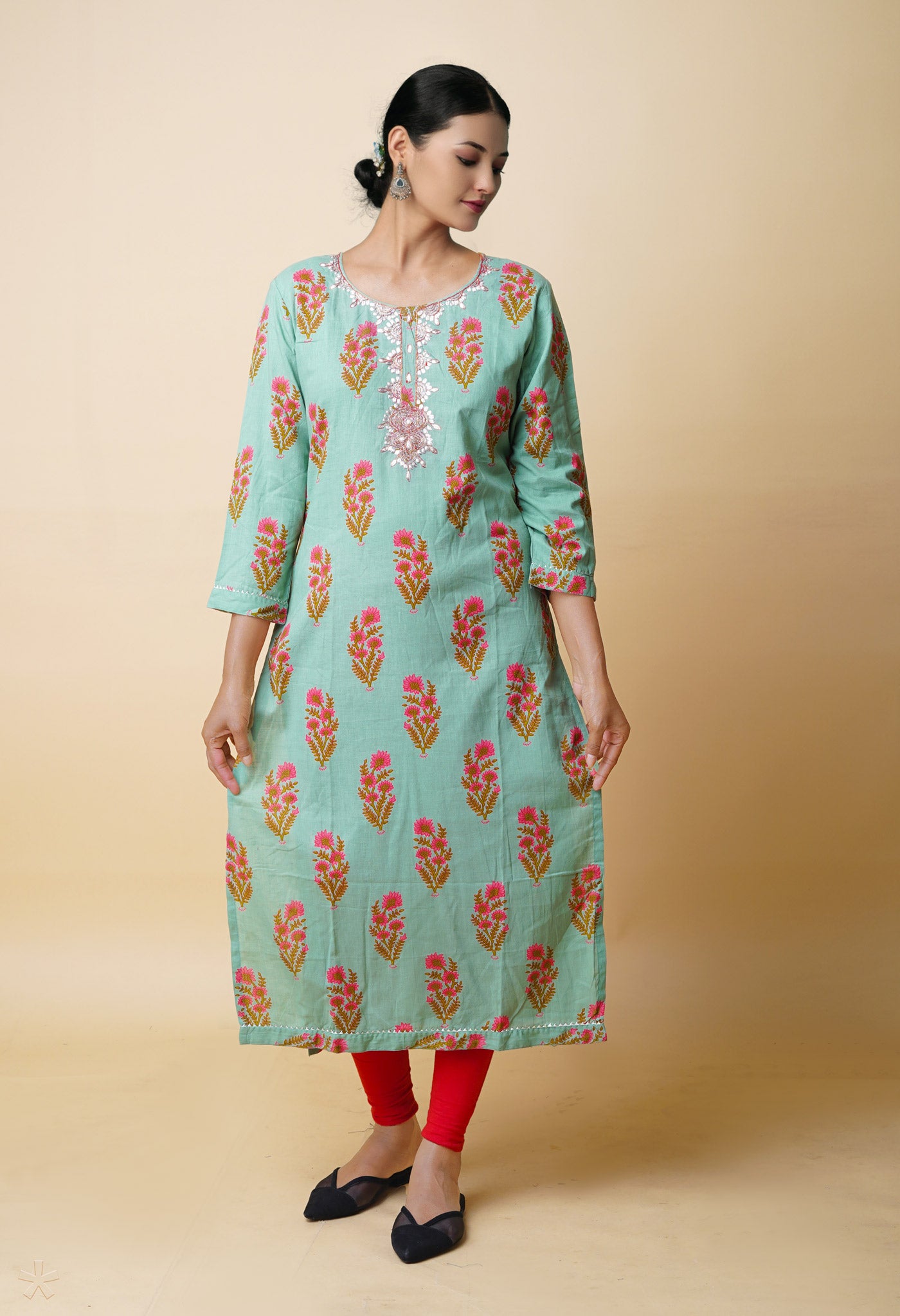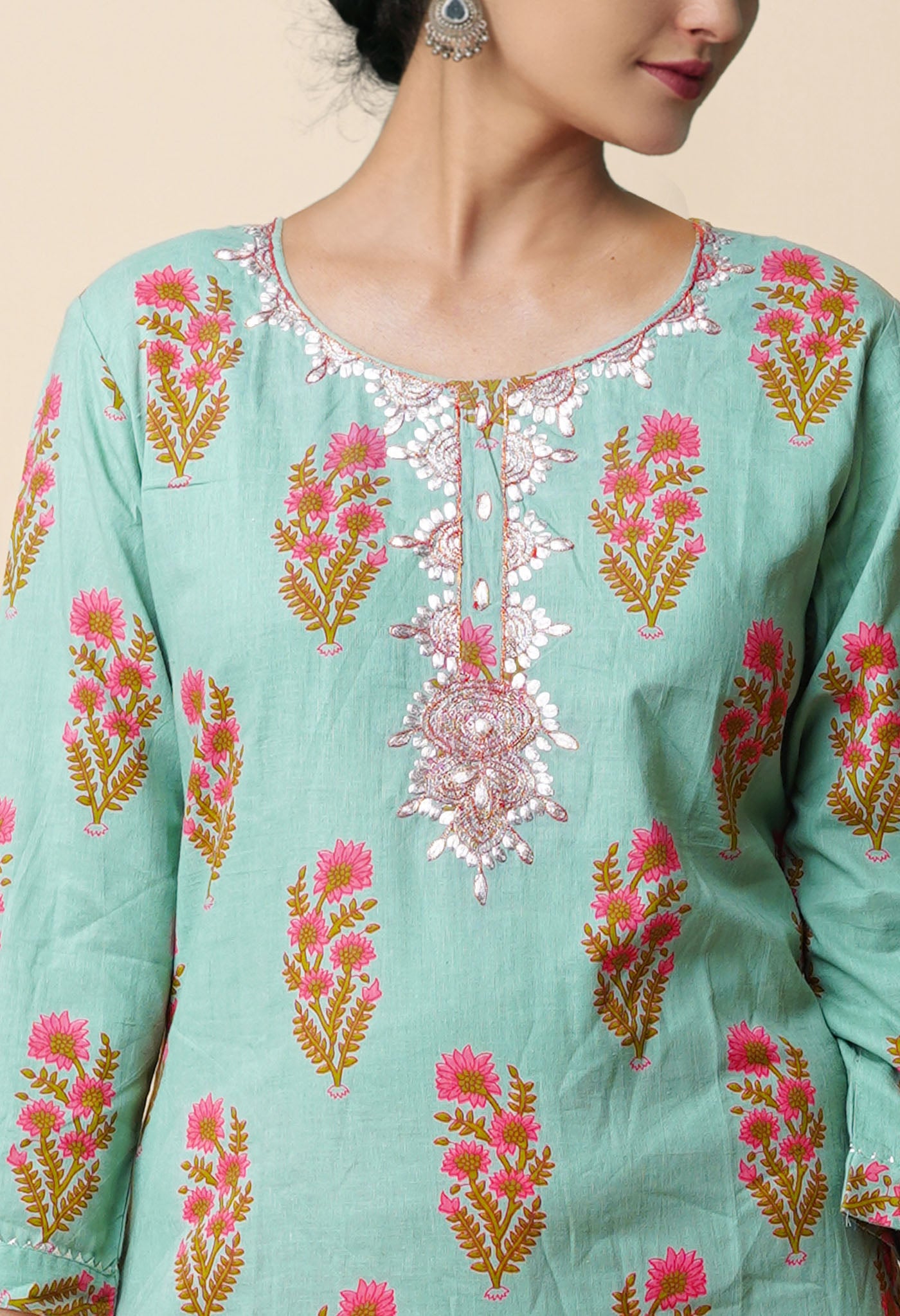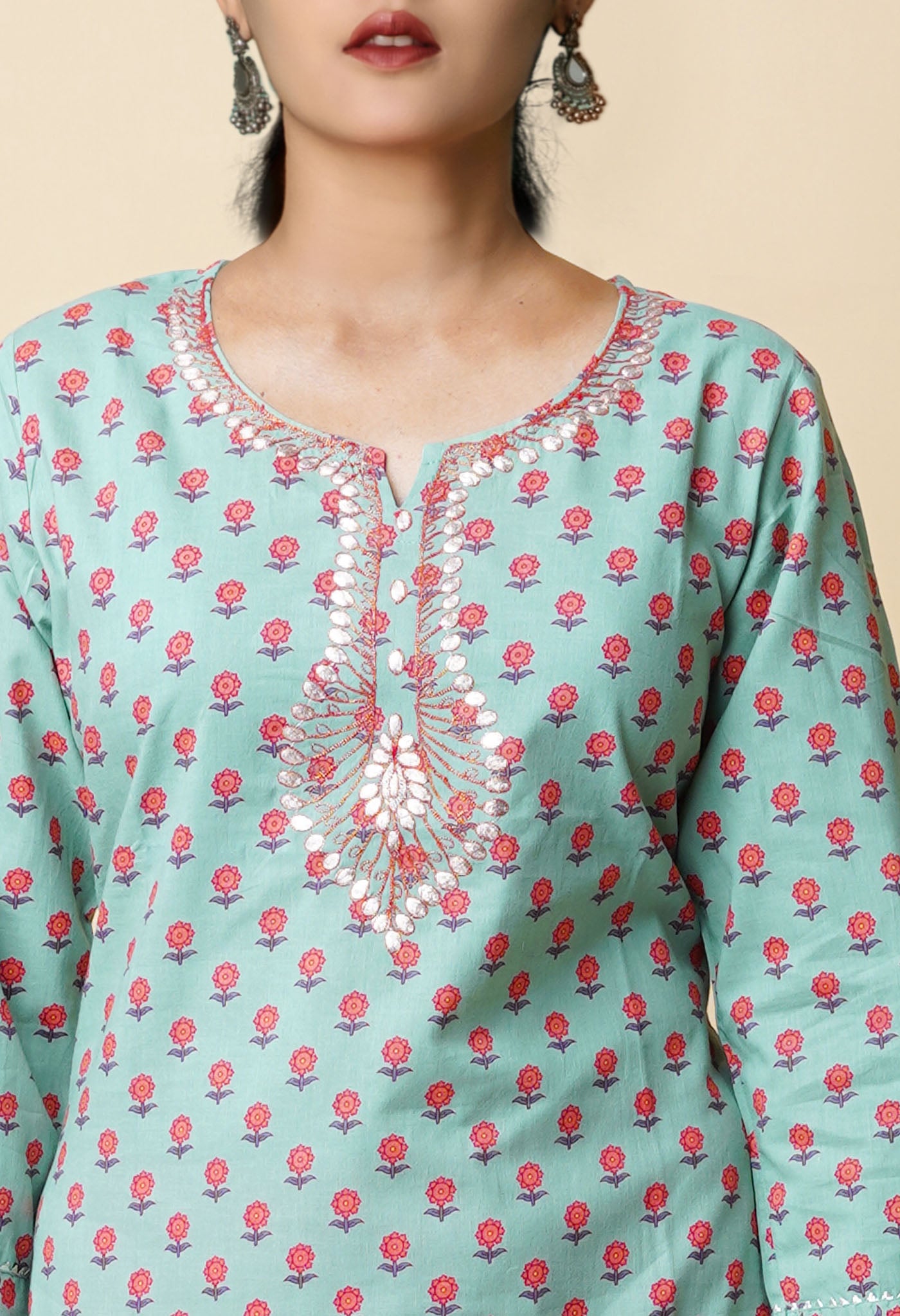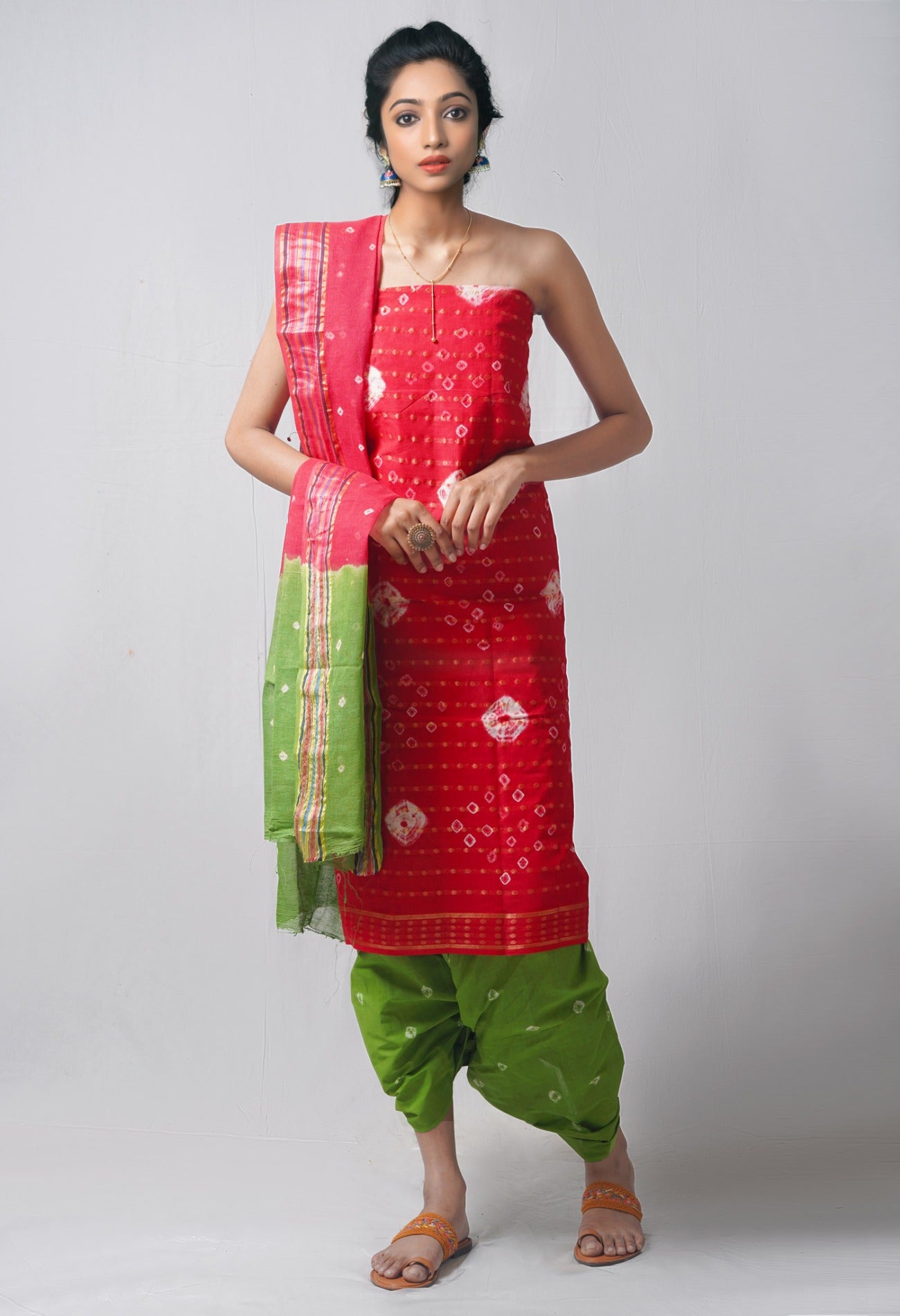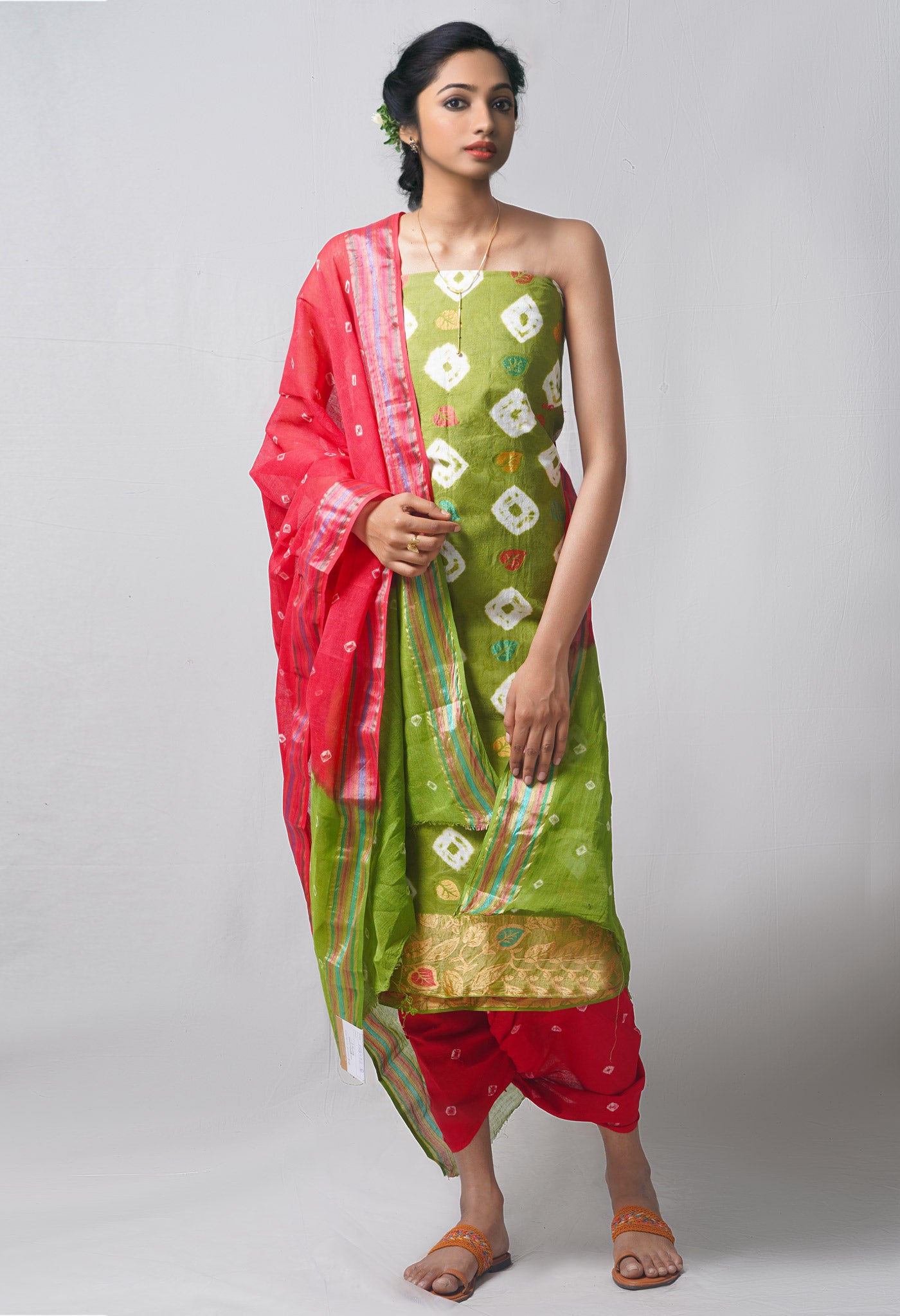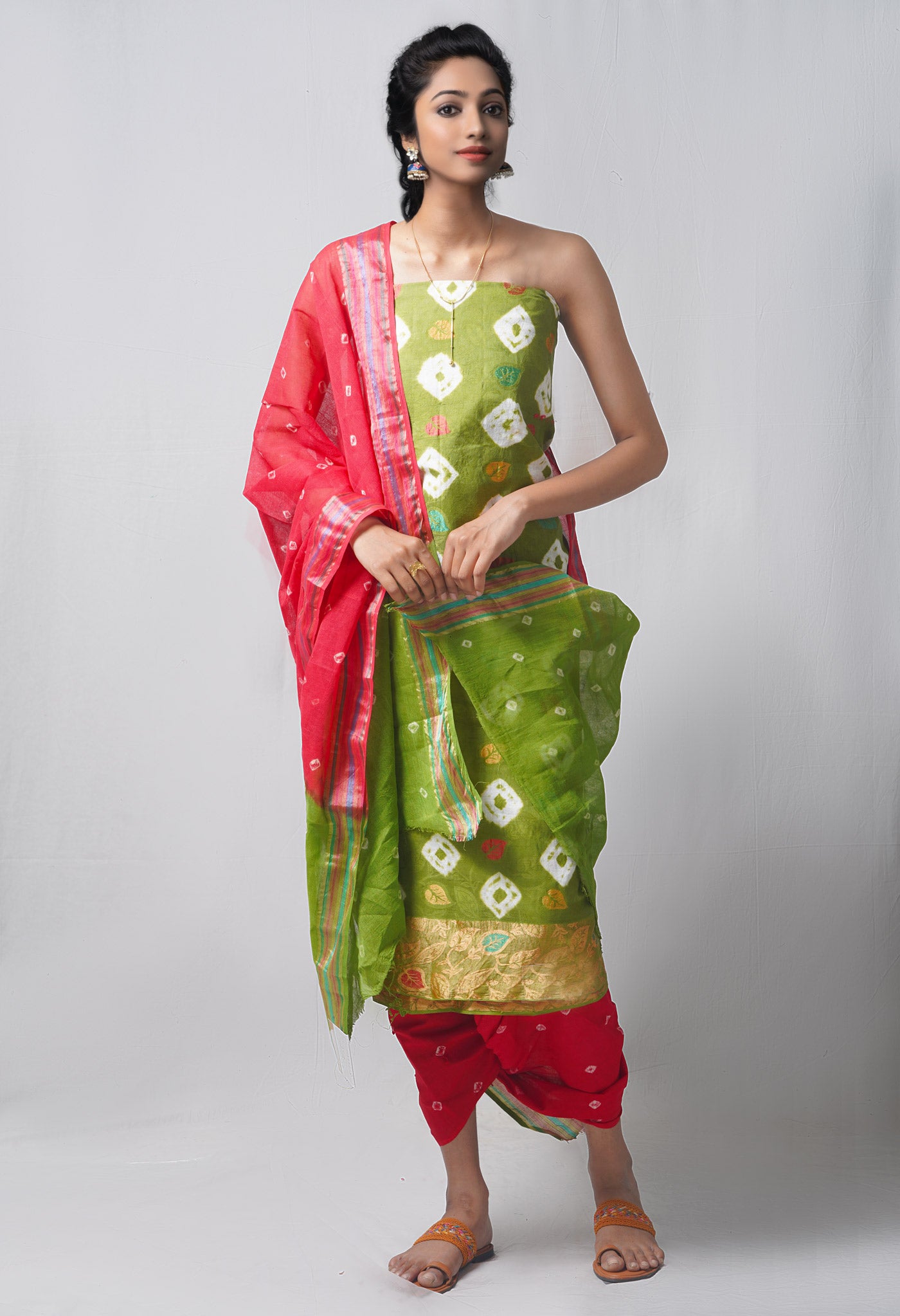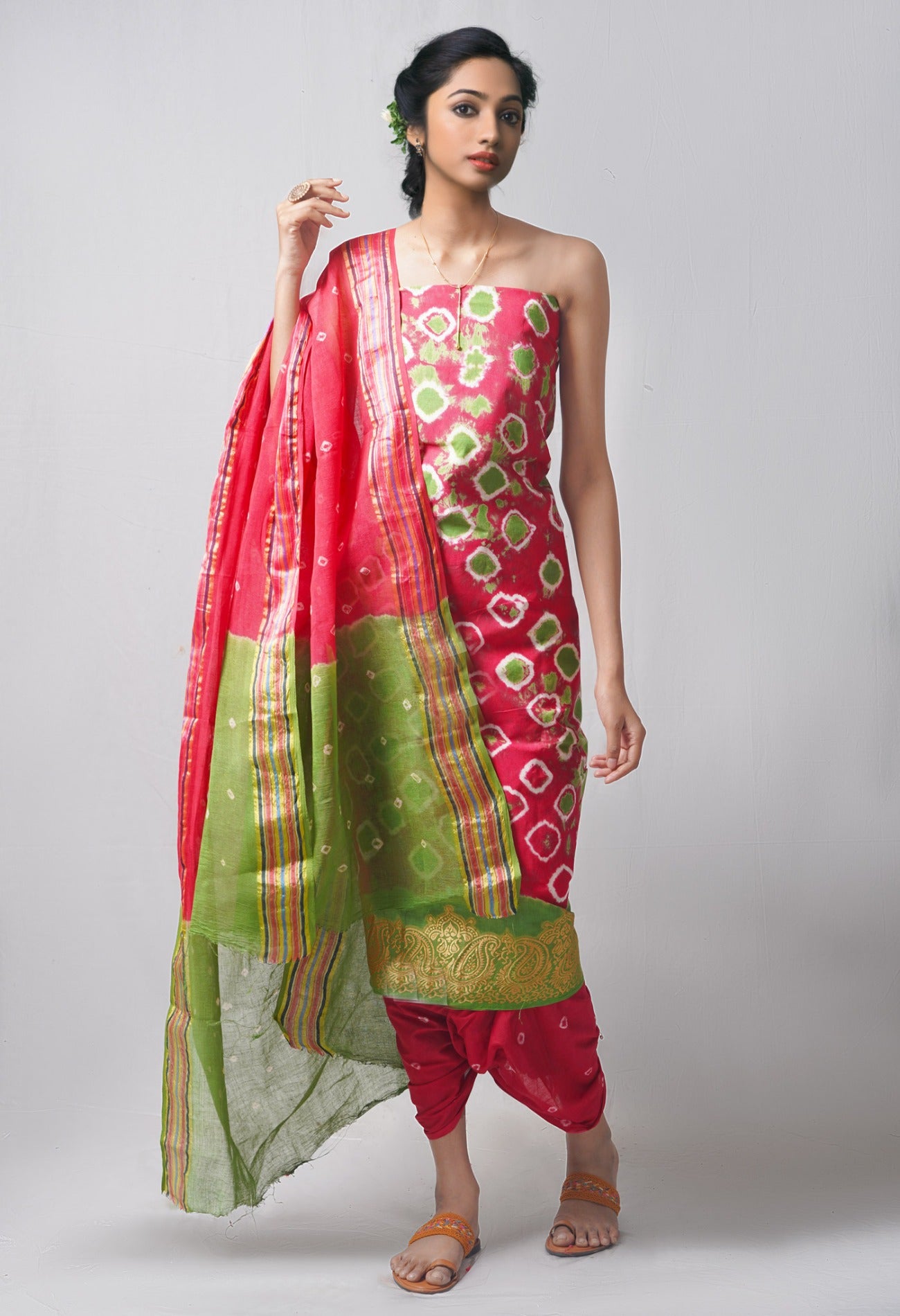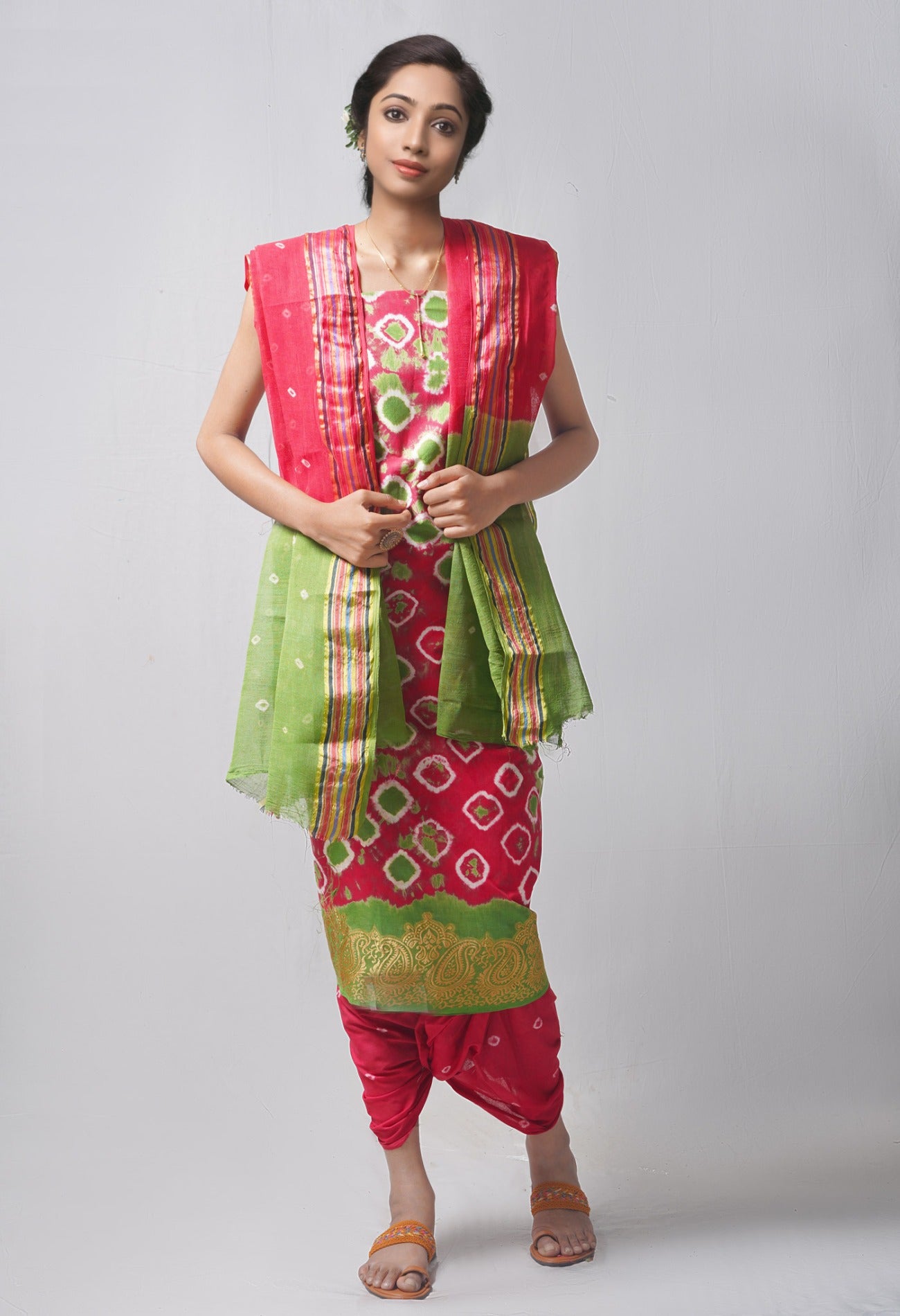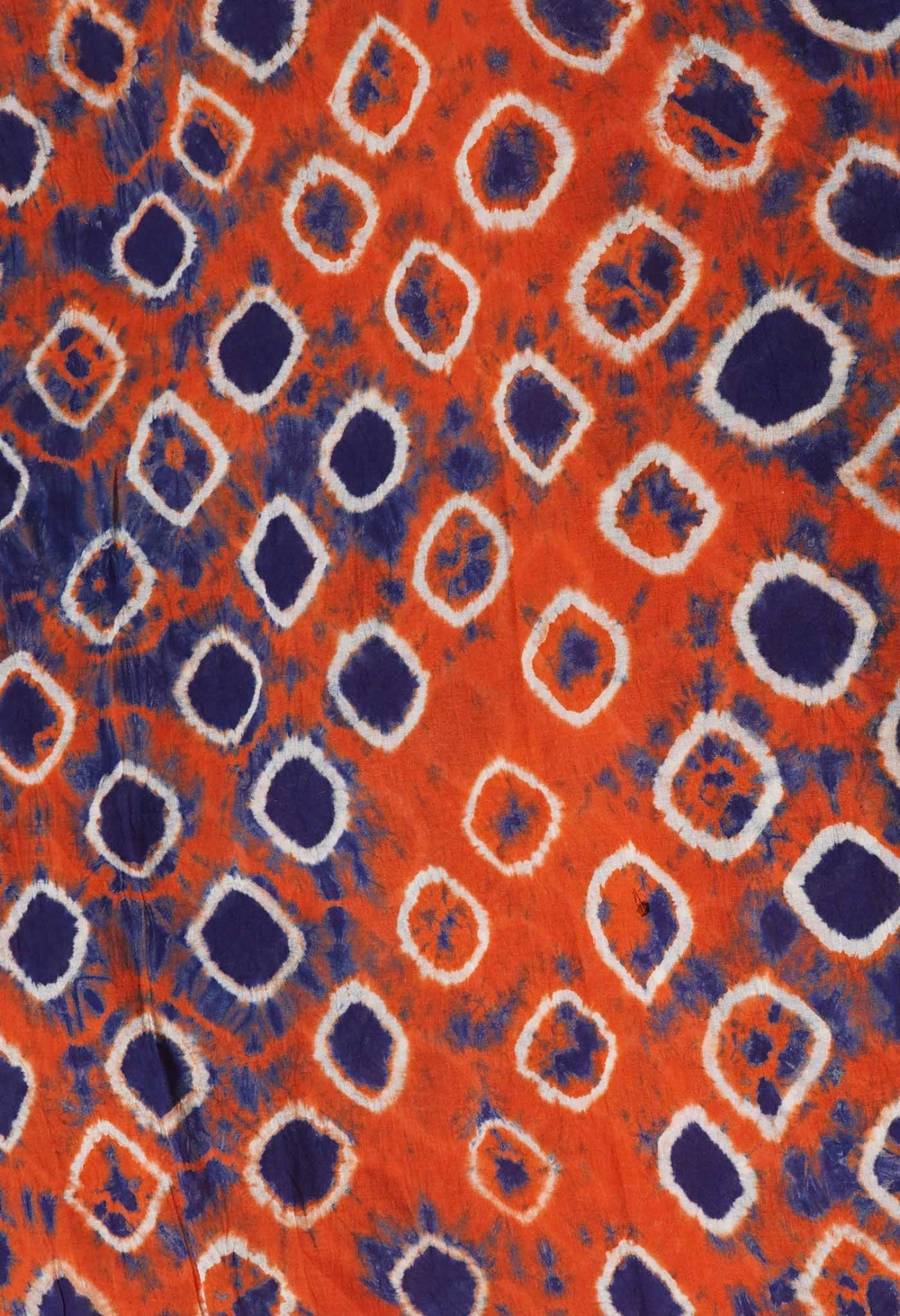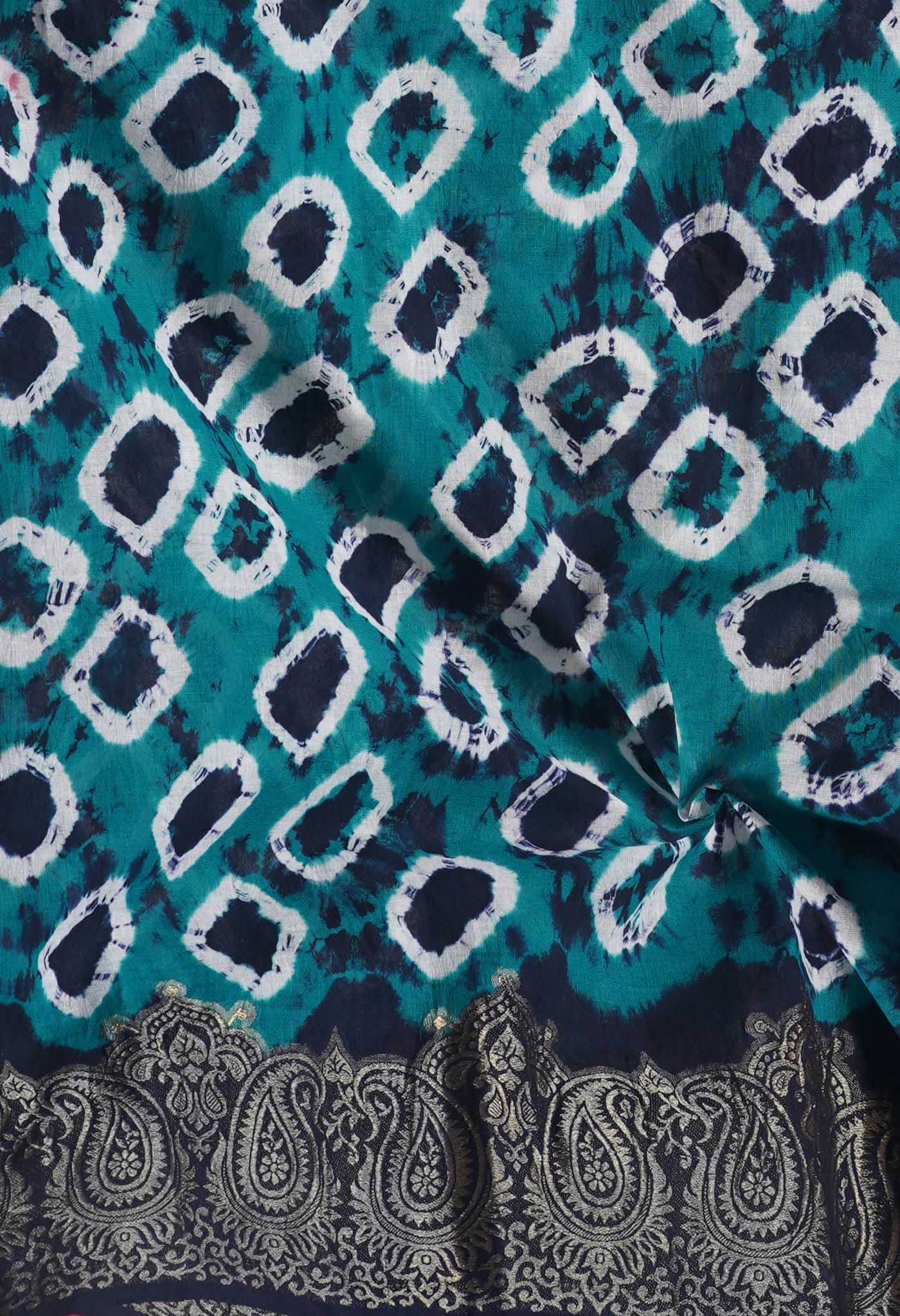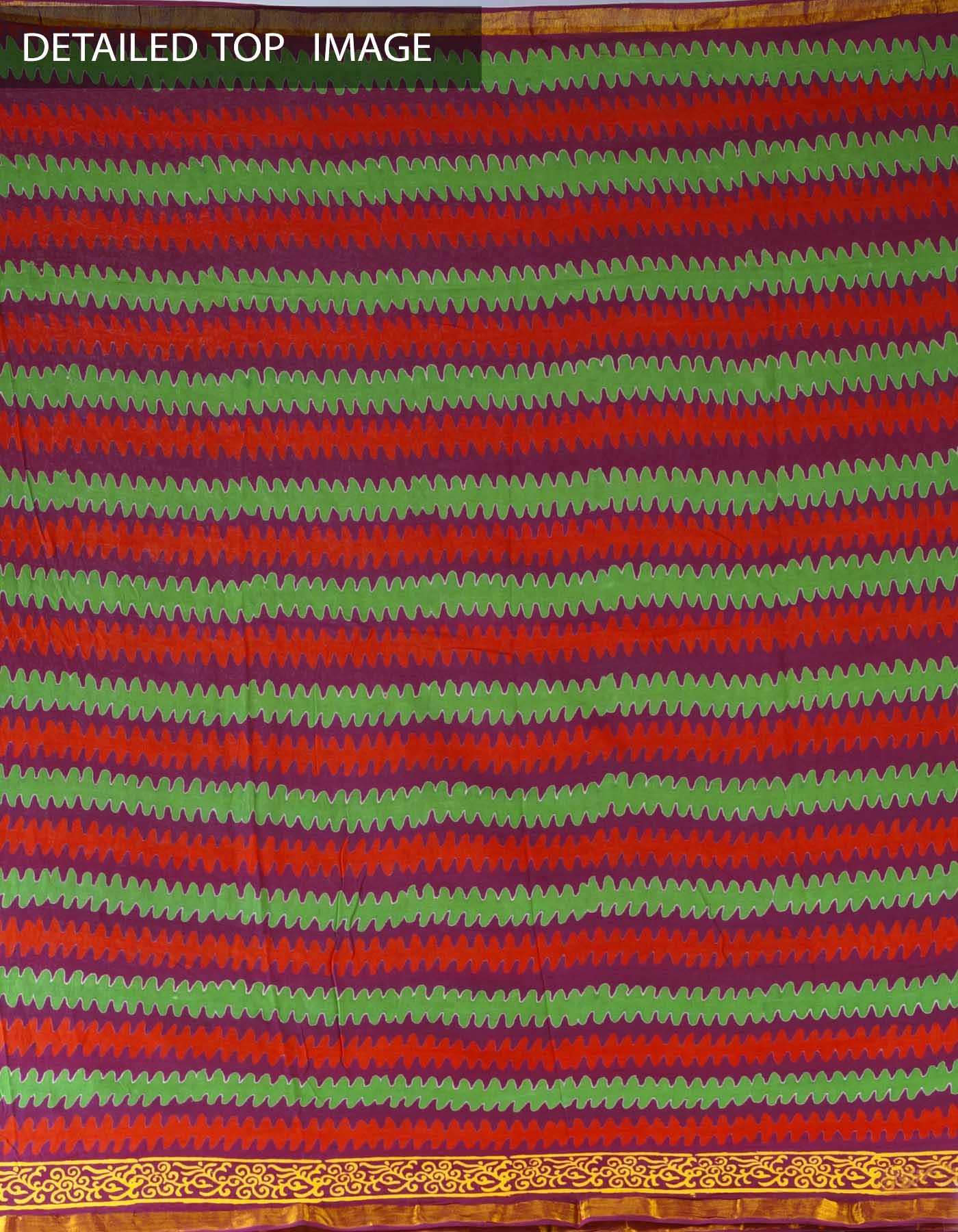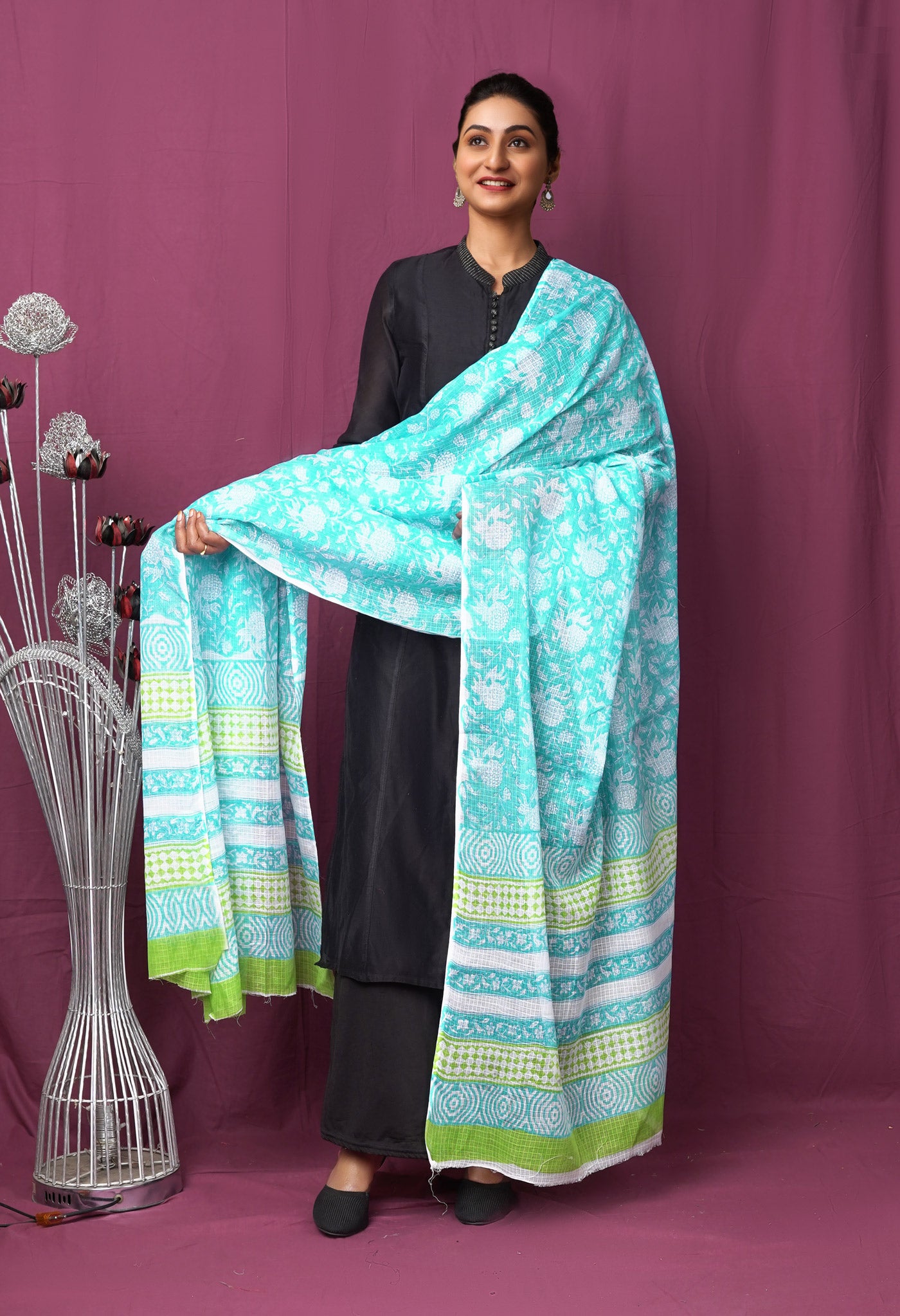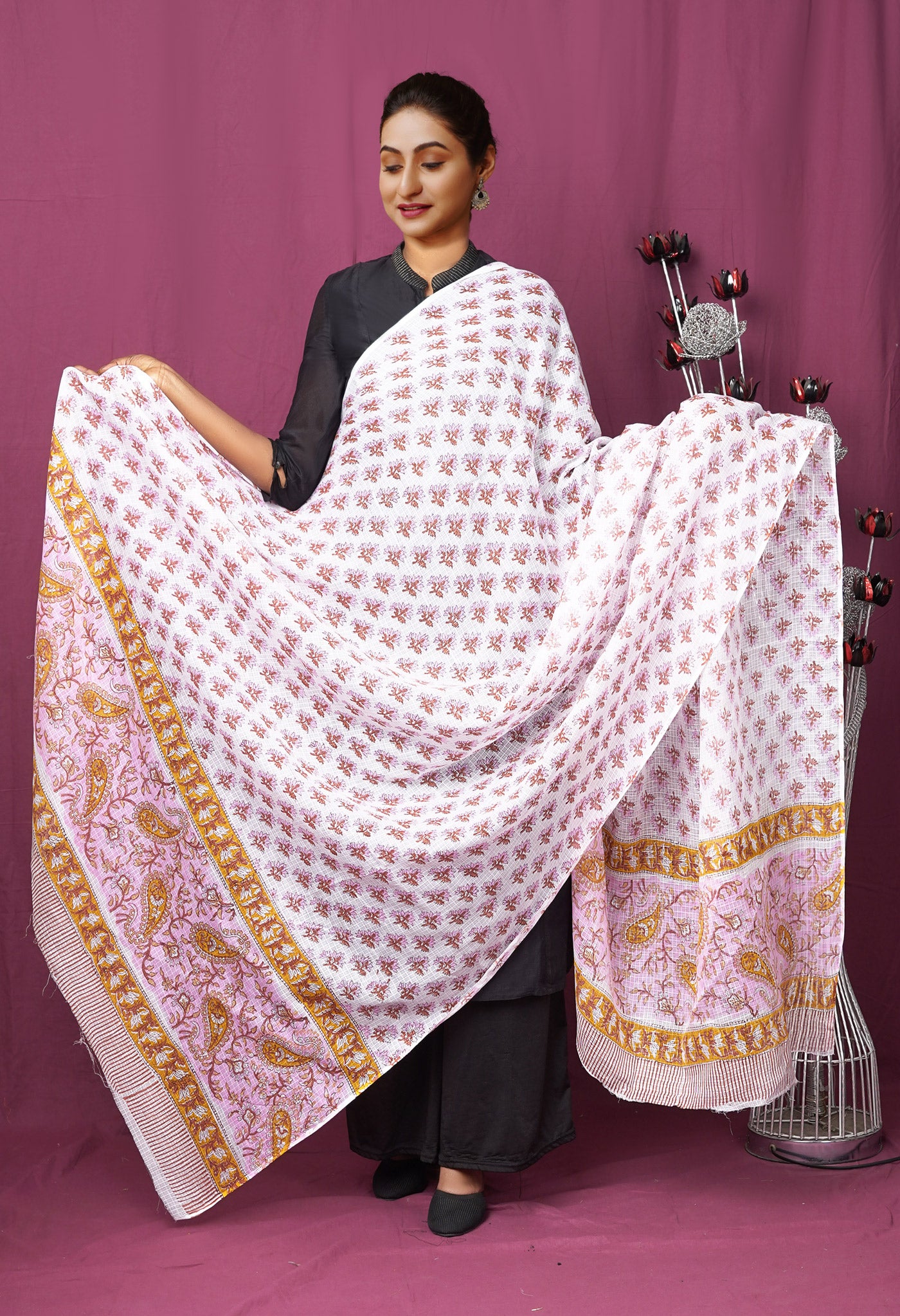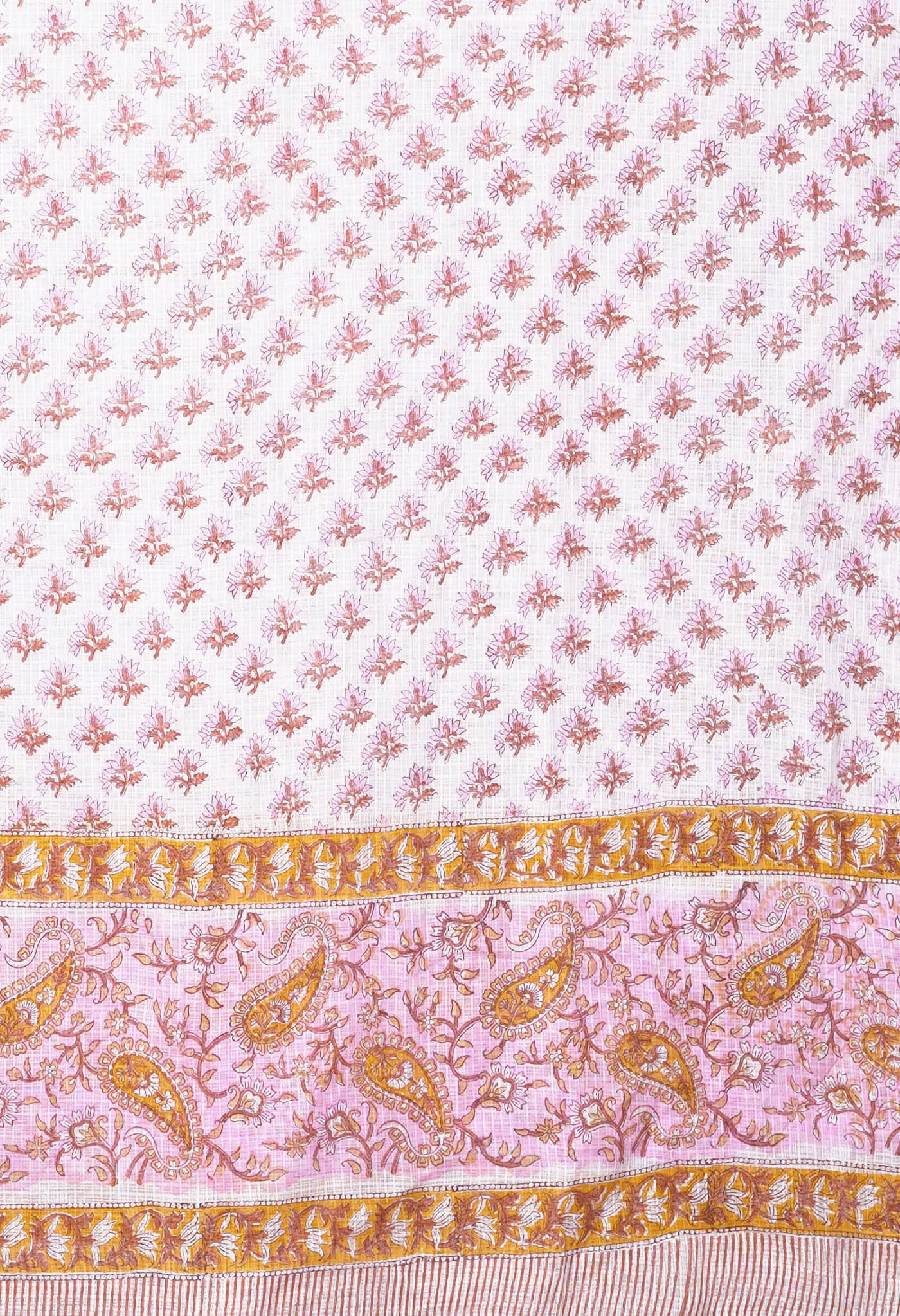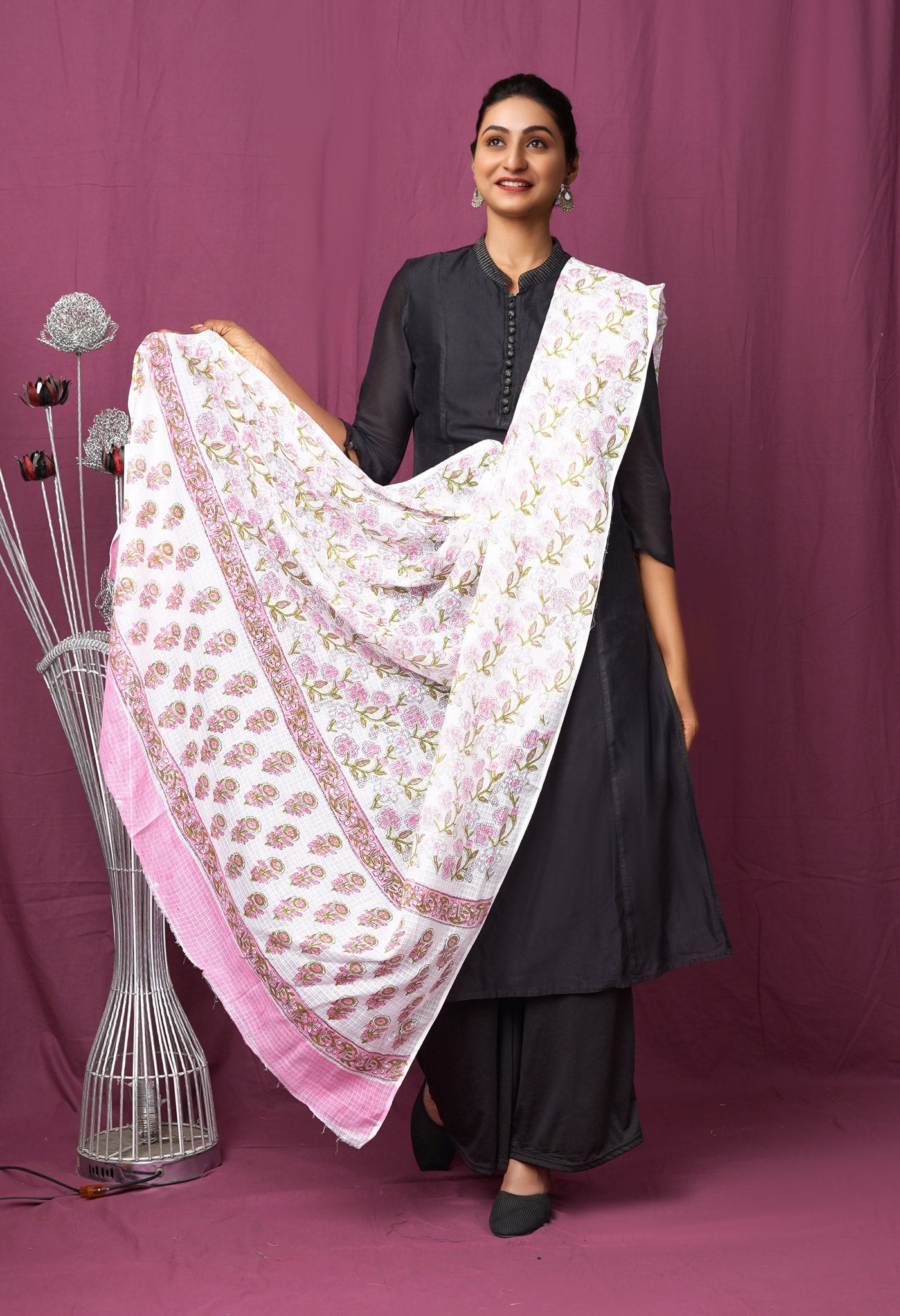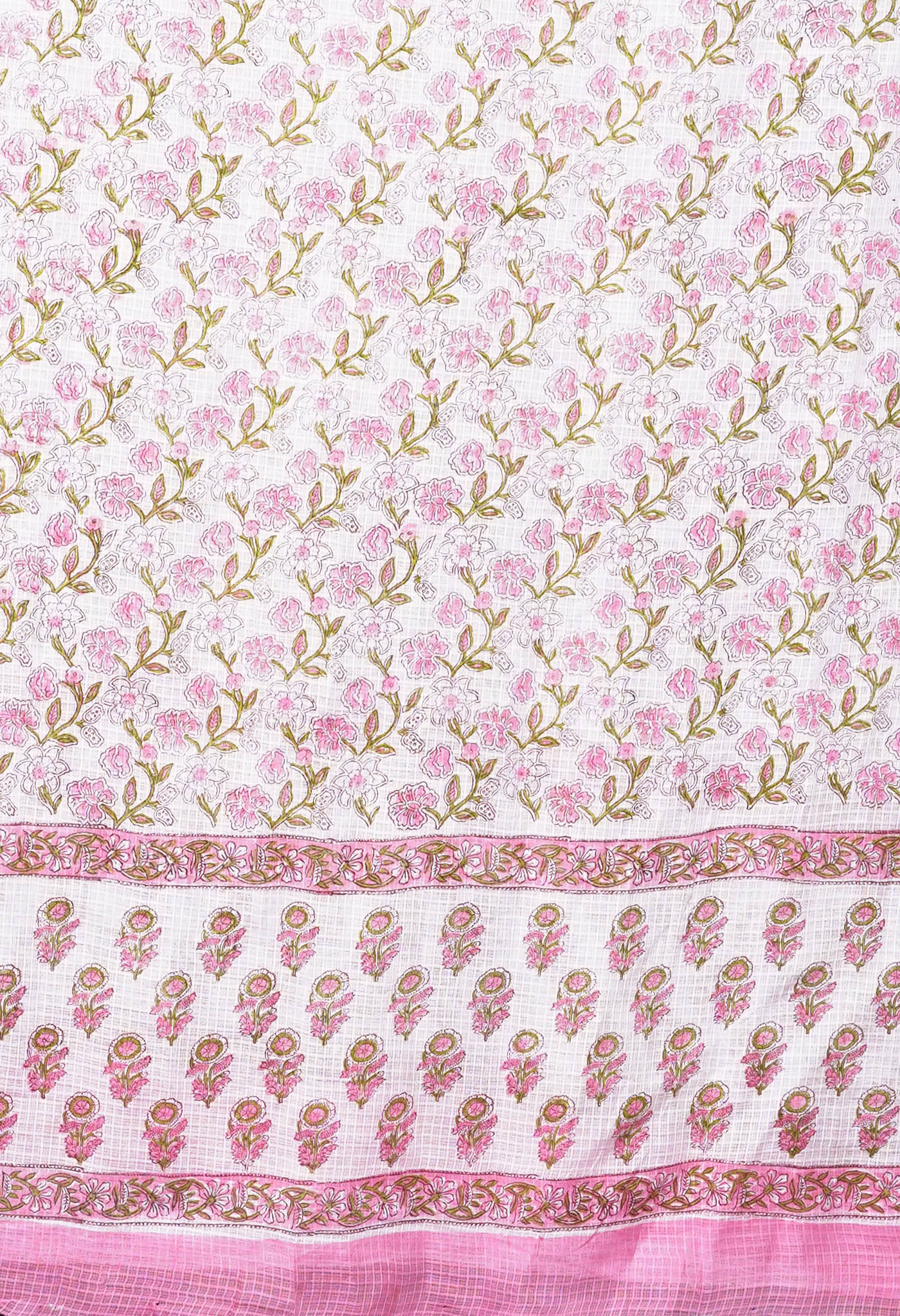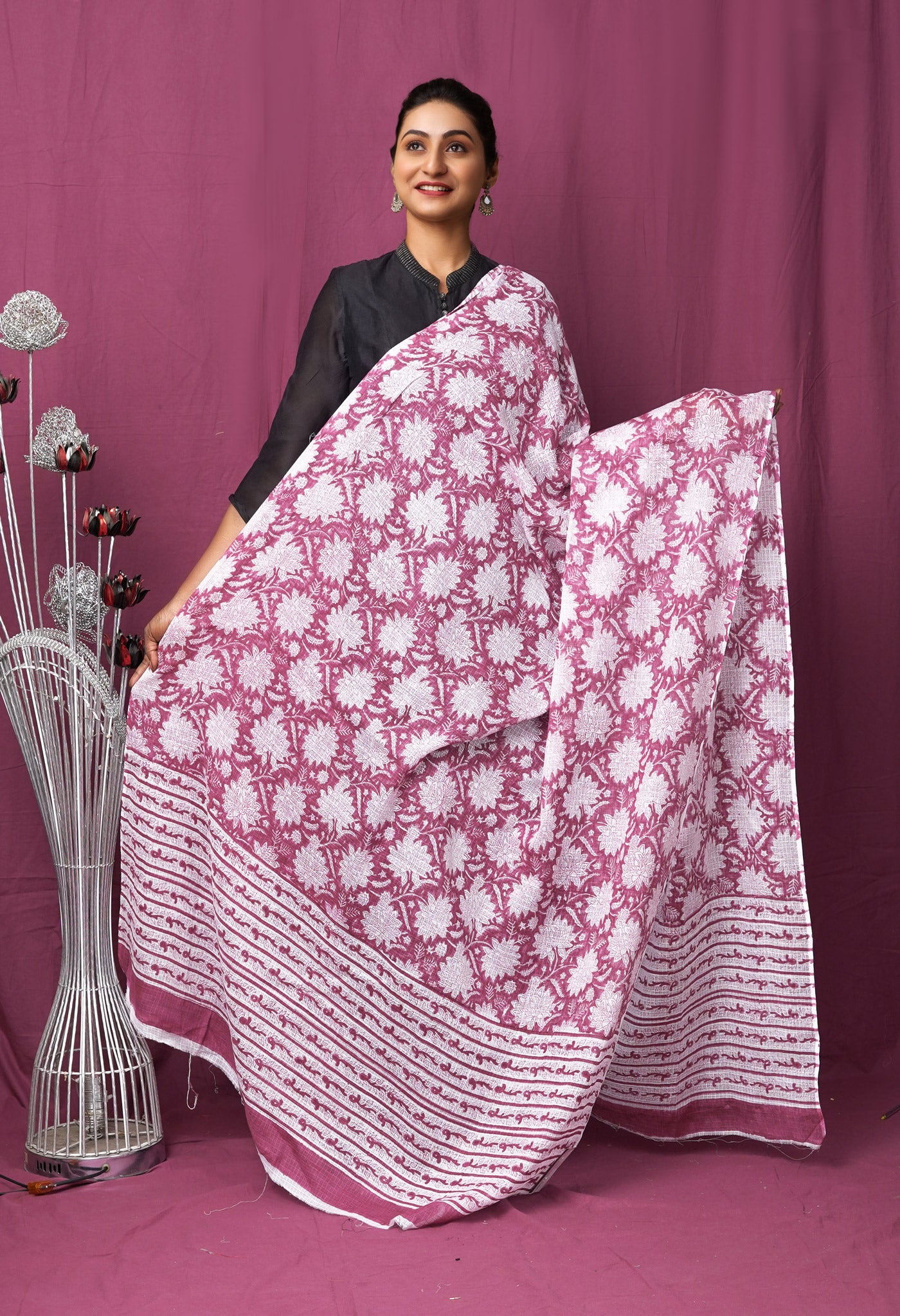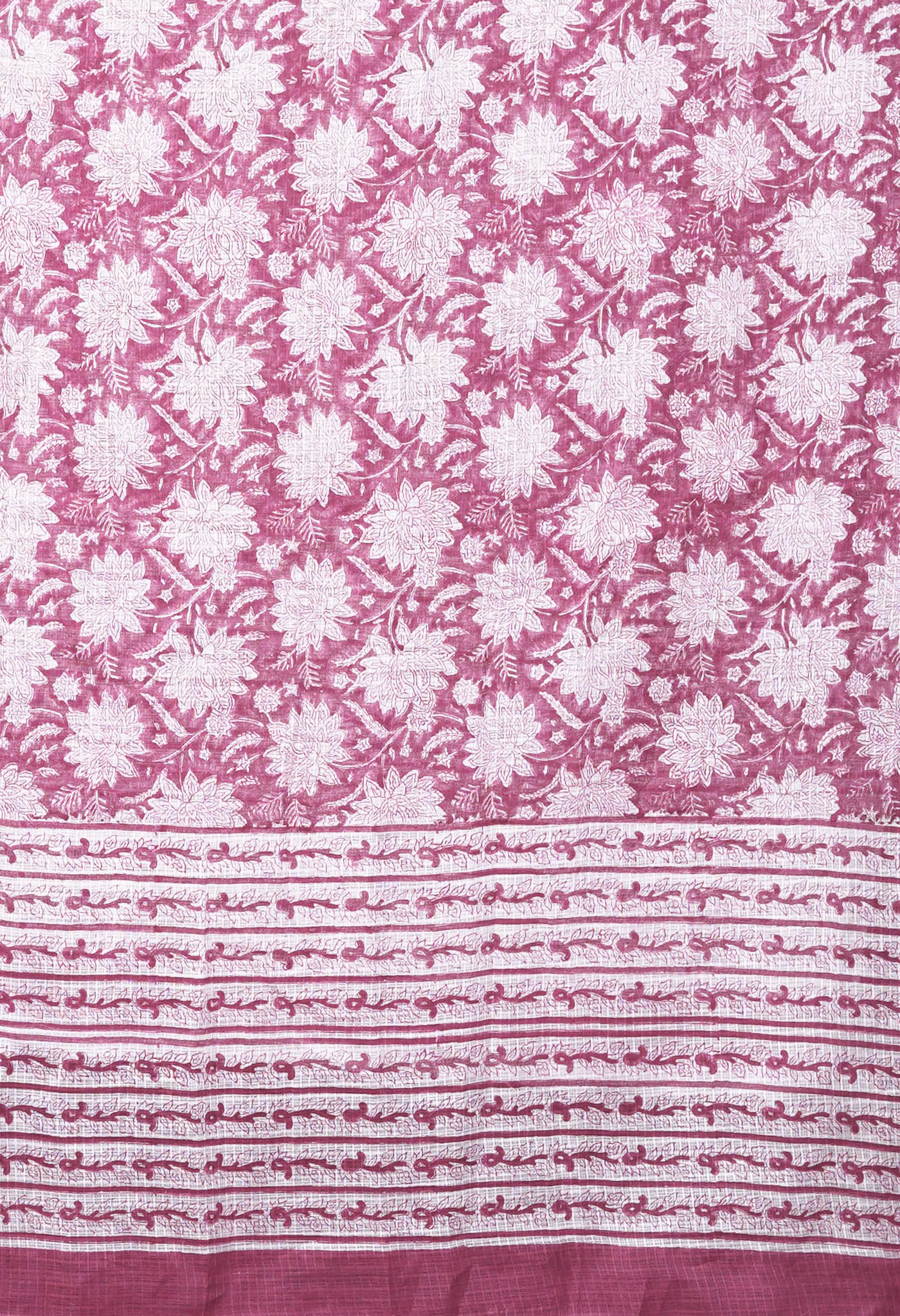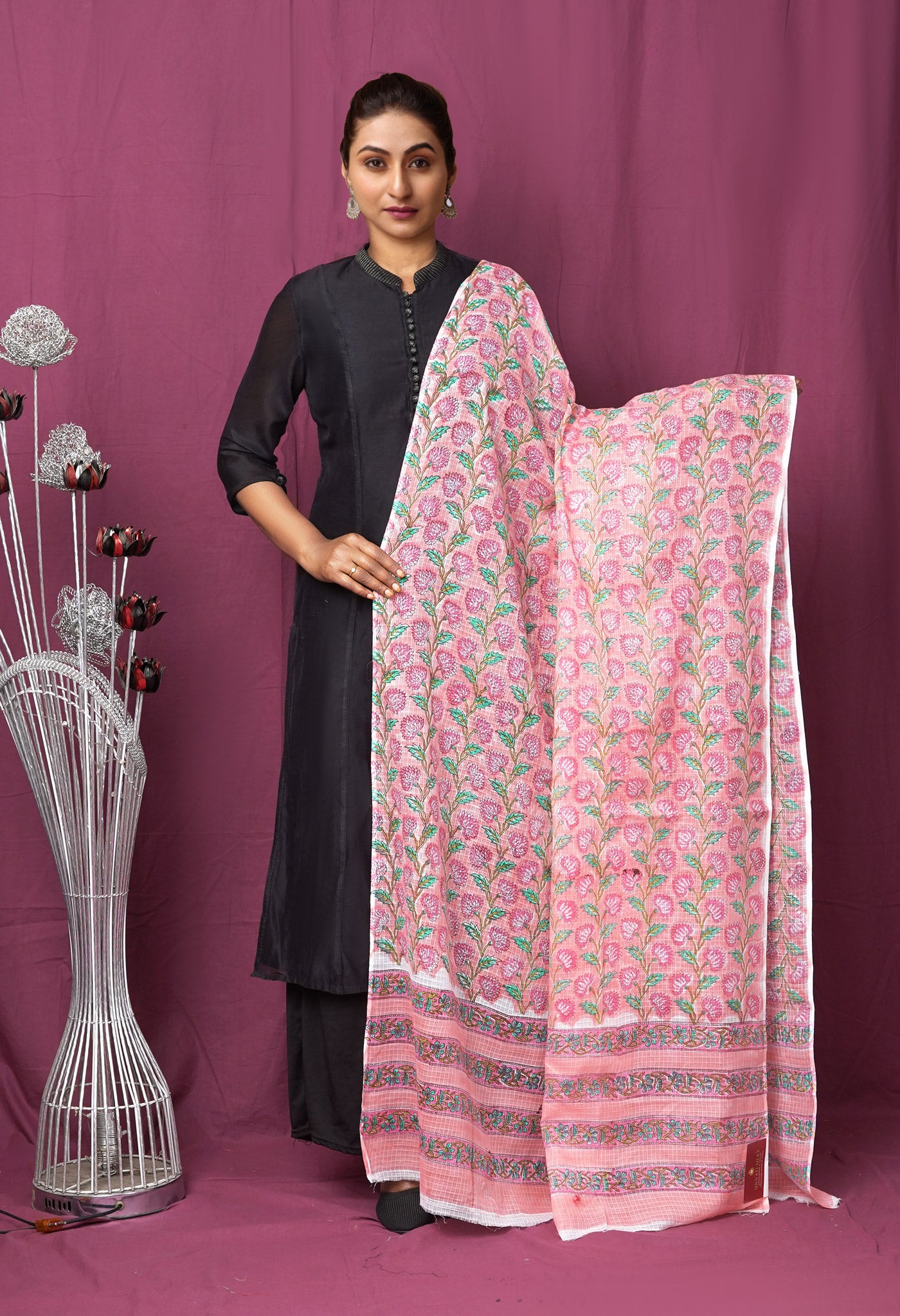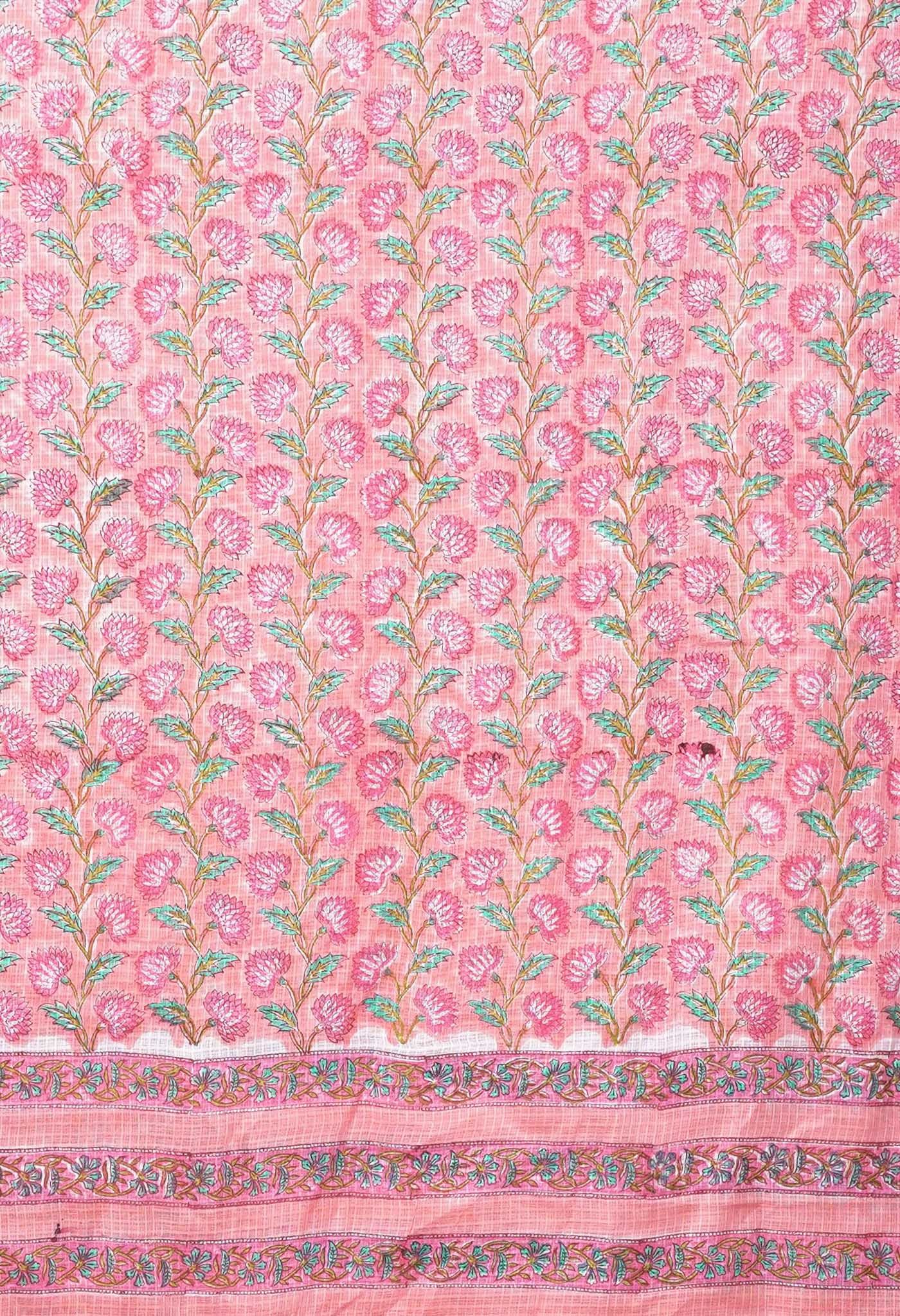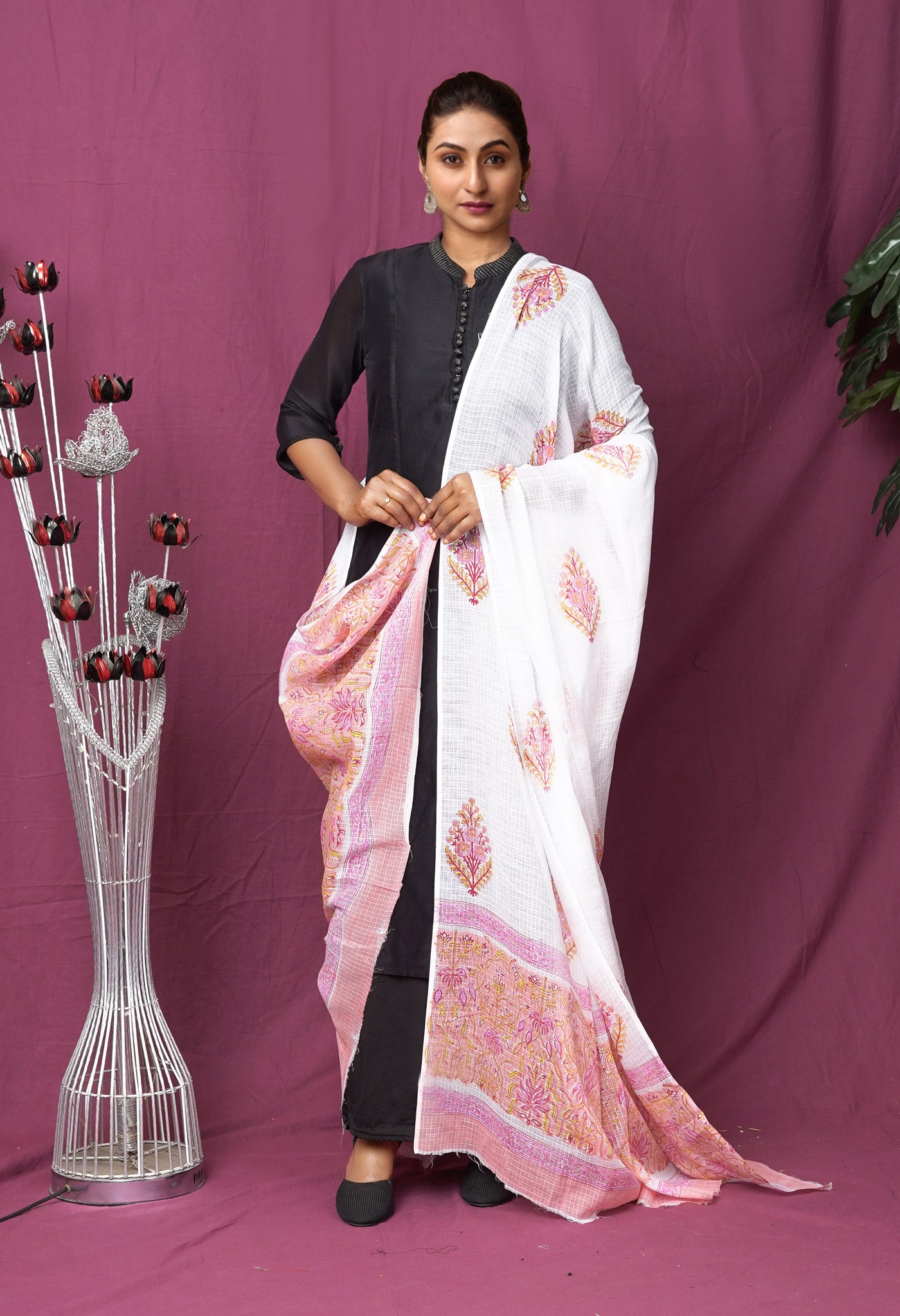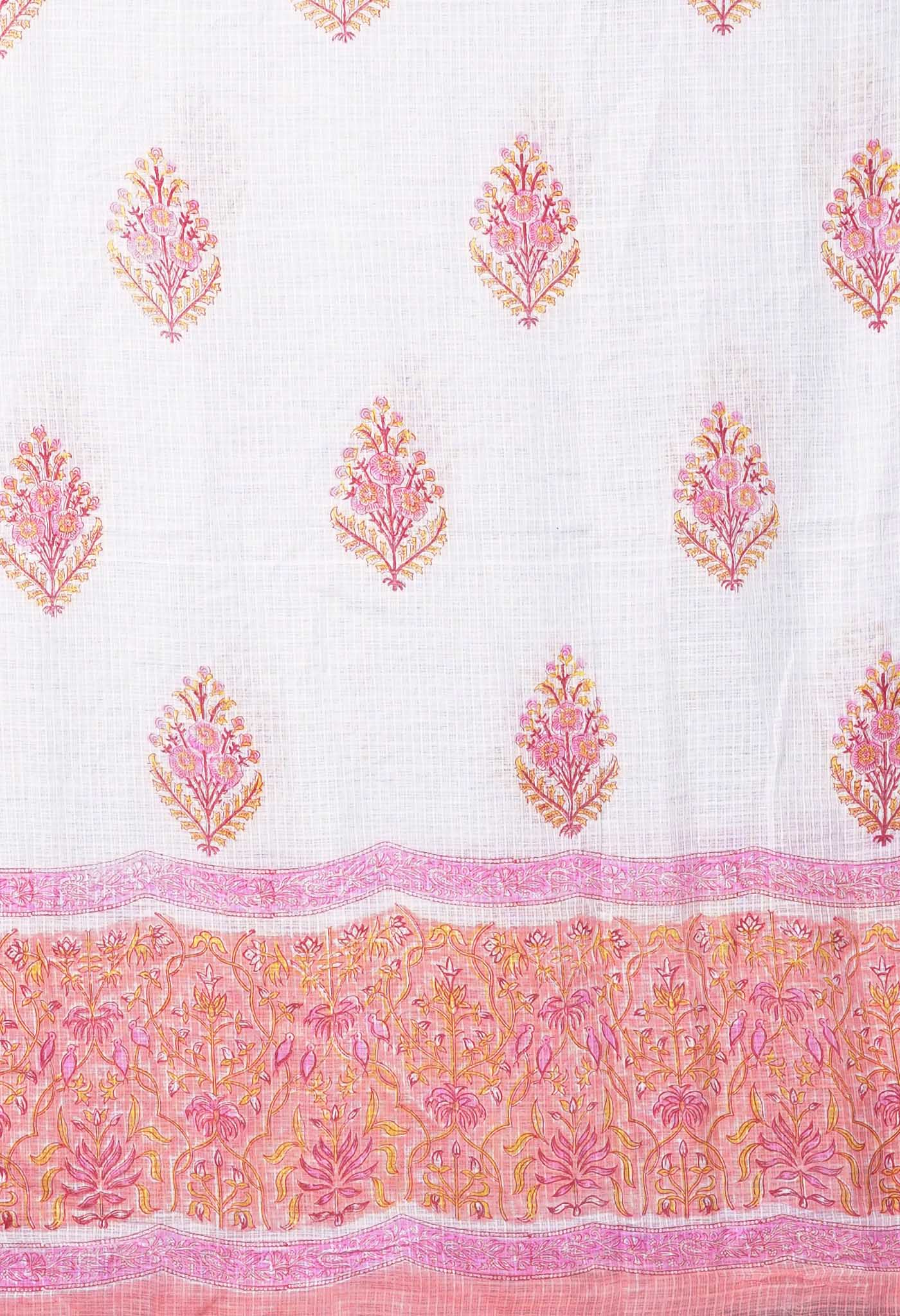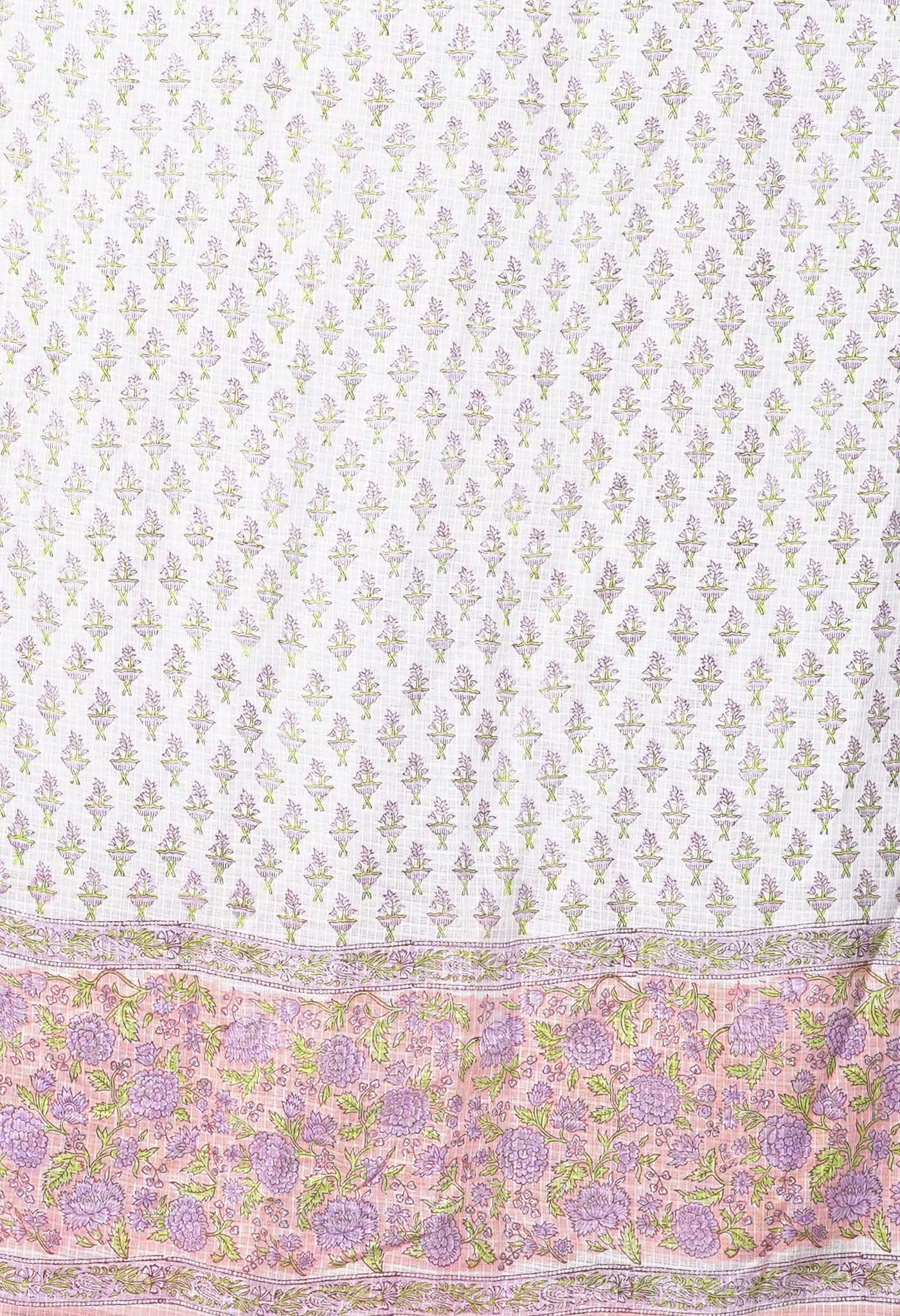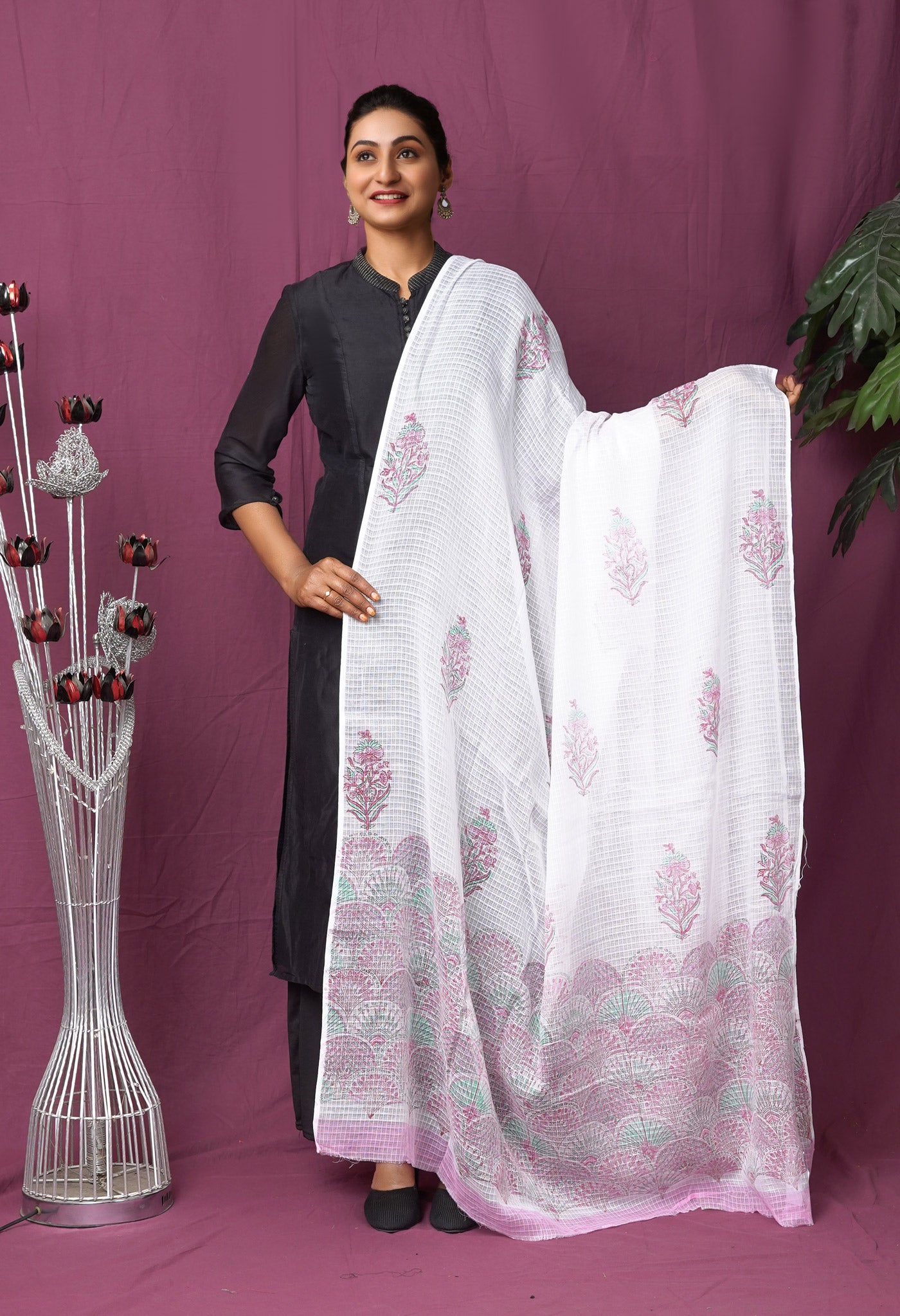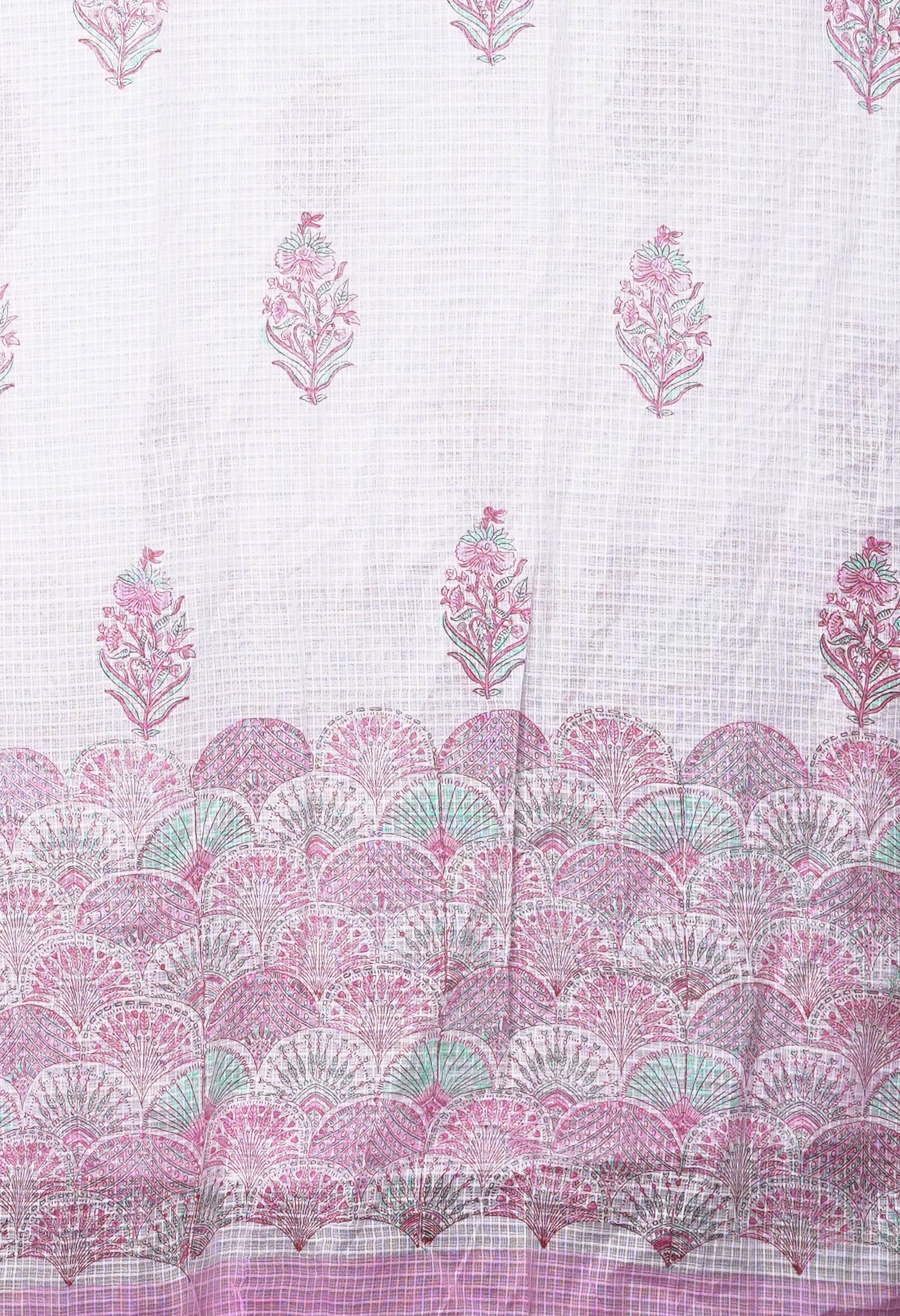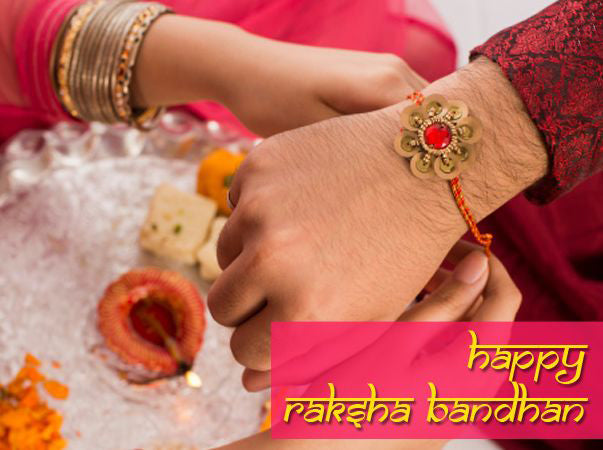
Rakhi – a simple tie that binds strongly

A simple act of tying a thread around the wrist, a profound and significant meaning attached to the act is what Raksha Bandhan is all about. Raksha Bandhan will be celebrated on August 29th 2015.
A simple act, a deep meaning
Raksha Bandhan, the Hindu festival celebrated across the world, is an occasion of renewal of faith, reaffirming an eternal bond between brother and sister. The tying of the ‘Rakhi’ on the wrist of her brother by the sister, signifies the deep unmatched love that a brother and sister share and is symbolically displayed by the repeated act of tying of the thread and the vow year after year. The sacred thread around the wrist means that the sister who ties it prays for the well-being of her brother at all times and he in turn vows to keep her protected at all times in his life.
[/vc_column_text][/vc_column][/vc_row][vc_row][vc_column width="1/2"][vc_single_image image="9530" img_link_target="_self" img_size="400*300"][vc_single_image image="9531" img_link_target="_self" img_size="400*250"][/vc_column][vc_column width="1/2"][vc_column_text]
The Rakhi festival ritual
Raksha Bandhan is celebrated on Shravan Purnima day in the Hindu month of Shravan that generally falls in the month of August of the English Calendar. Getting ready early in the morning, the ritual of the tying of the Rakhi is done in the presence of elders in the family. If more than one brother or sister is involved, then every sister ties a Rakhi to the wrist of each of her brothers. The sister lights a small lamp, applies the vermillion on the forehead of her brother, ties the Rakhi around the wrist and pops a small bit of sweet in his mouth. He in turn says a few words that convey his promise to ever protect her and also pops a sweet in her mouth and additionally gifts her something or gives token money. They hug each other and the small ritual is complete. Traditional families have the brothers touching the feet of the sister especially on that day, irrespective of whether the sister is elder or younger, since it is the brother who takes the blessings of longevity and a secure life from her. The entire family could then visit the temple and meet friends. An extension of this is the tying of threads sometimes by priests to those who take their blessings, young girls to public figures, women to men whom they come across despite they being complete strangers just to mark the occasion.
[/vc_column_text][/vc_column][/vc_row][vc_row][vc_column width="1/1"][vc_column_text]
The transformed Rakhi or new avatar of the sacred thread 
The Rakhi when initially tied to the wrist, was a simple fragile thread that signified the importance of the bond. The simplicity of a single thread that depicted faith and trust was reinforced by the cultural significance of the thread and the act of tying, which meant that however fragile be the physical bond, the mental ties were stronger than could be imagined. Today the new avatars of the Rakhi which have a lot of additional paraphernalia to the thread, is what the market seeks. It is a new form of doing business where the sale of these Rakhis just for a one-day festival, goes into five and six figures at big shops that sell fancy versions.
[/vc_column_text][/vc_column][/vc_row][vc_row][vc_column width="1/1"][vc_column_text]
Raksha Bandhan over the times
There is no clear indication of when this practice was started and by whom, but there are numerous examples in mythology and historical times that have reinforced the meaning of this ritual.
- According to Hindu scriptures, when Lord Indra was vanquished in battle and his capital Amaravati went into the hands of the might asura king Bahubali, Indra’s wife sachi tied a sacred thread given by Lord Vishnu around his wrist and prayed that
 he re-emerge victorious . Indra got renewed confidence and won back Amaravati. This also suggested that the sacred thread was used not only by sister for brother but by wife, mother or grandmother for their loved ones going into battle so that they came back victorious.
he re-emerge victorious . Indra got renewed confidence and won back Amaravati. This also suggested that the sacred thread was used not only by sister for brother but by wife, mother or grandmother for their loved ones going into battle so that they came back victorious. - Lord Vishnu had been invited by King Bali to come and be his guest. So he went. Goddes Lakshmi wanted him to return, so she considering Bali as her brother tied a thread around his wrist. When she was asked what gift she wanted, she asked that Lord Vishnu return once again to her.
- Lord Krishna had once granted Draupadi a boon when she seeing him bleed when he cut off Shishupal’s head, tore a piece of her saree and bandaged the cut. This boon was granted when she called for help when she was being humiliated in court by the Kauravas in the presence of the helpless Pandavas.
- The sons of Lord Ganesha Shubh and Labh did not have a sister. By magical powers, he created Santoshi Maa from the holy fire and since then they had a sister who could tie a rakhi to them.
- Lord Yama had not visited his sister Yamuna for 12 years. When he did meet her after Ganga
 reminded him, he was pleased and she overjoyed on the meeting. She sought a gift from him that he should always return to see her every year. Lord Yama granted her immortality so that her wish was fulfilled. this is celebrated as Bhai Dooj, close to Diwali in parts of North India.
reminded him, he was pleased and she overjoyed on the meeting. She sought a gift from him that he should always return to see her every year. Lord Yama granted her immortality so that her wish was fulfilled. this is celebrated as Bhai Dooj, close to Diwali in parts of North India. - Rani Karnavati of Chittor appealed to Emperor Humayun to protect and spare the kingdom from the invasion of the Sultan of Gujarat, who was also under Humayun. Touched by the Rakhi she sent him, he decided to set forth and accede her request. Unfortunately he could not reach in time and the queen self immolated herself. To make amends he saw to it that the Sultan was stopped, and the queen’s relative was re-instated in the throne of Chittor.
- In modern times Rabindranath Tagore, the Nobel Laureate for literature and author of Geetanjali, saw Raksha Bandhan as a means for communal harmony. When the British divided Bengal for administrative and political reasons, Rabindranath Tagore arrange observe this practiced that Raksha Bandhan was celebrated every year to foster amity and brotherhood in the discontented Hindus and Muslims. Though initially it took root, later the effort did not gather momentum. Some neighborhoods still observe the trend that Tagore had started and people tie Rakhis to their neighbours to see that peace and harmony prevail.
India is a land of customs and traditions and every festival that is celebrated generally has a significance attached to it. The tradition of tying Rakhis has continued over the years and multi-culturally and may it continue to do so even more. It is such healthy practices that even today by their observance serve to offset to some extent, anything that threatens to disturb peace and amity across the nation.
[/vc_column_text][vc_gallery type="flexslider_slide" interval="3" images="9548,9542,9547,9543,9545,9546,9544" onclick="link_image" custom_links_target="_self" img_size="651*409"][vc_column_text]
Raksha Bandhan, has even more significance today, when sisters, mothers, wives face unhealthy threats to their safety and well-being at home, in the neighbourhood, the work place, from those social elements who have not respected the equal status of women in society. It is against such elements that the rest of society that respects women should protect from, and occasions like Raksha Bandhan serve as a reminder of.
[/vc_column_text][vc_cta_button call_text="Gift Your Sister an Ethnic Wear Collection" title="Shop Now" target="_blank" color="btn-warning" icon="none" size="wpb_regularsize" position="cta_align_right" href="http://www.unnatisilks.com/"][/vc_column][/vc_row]

